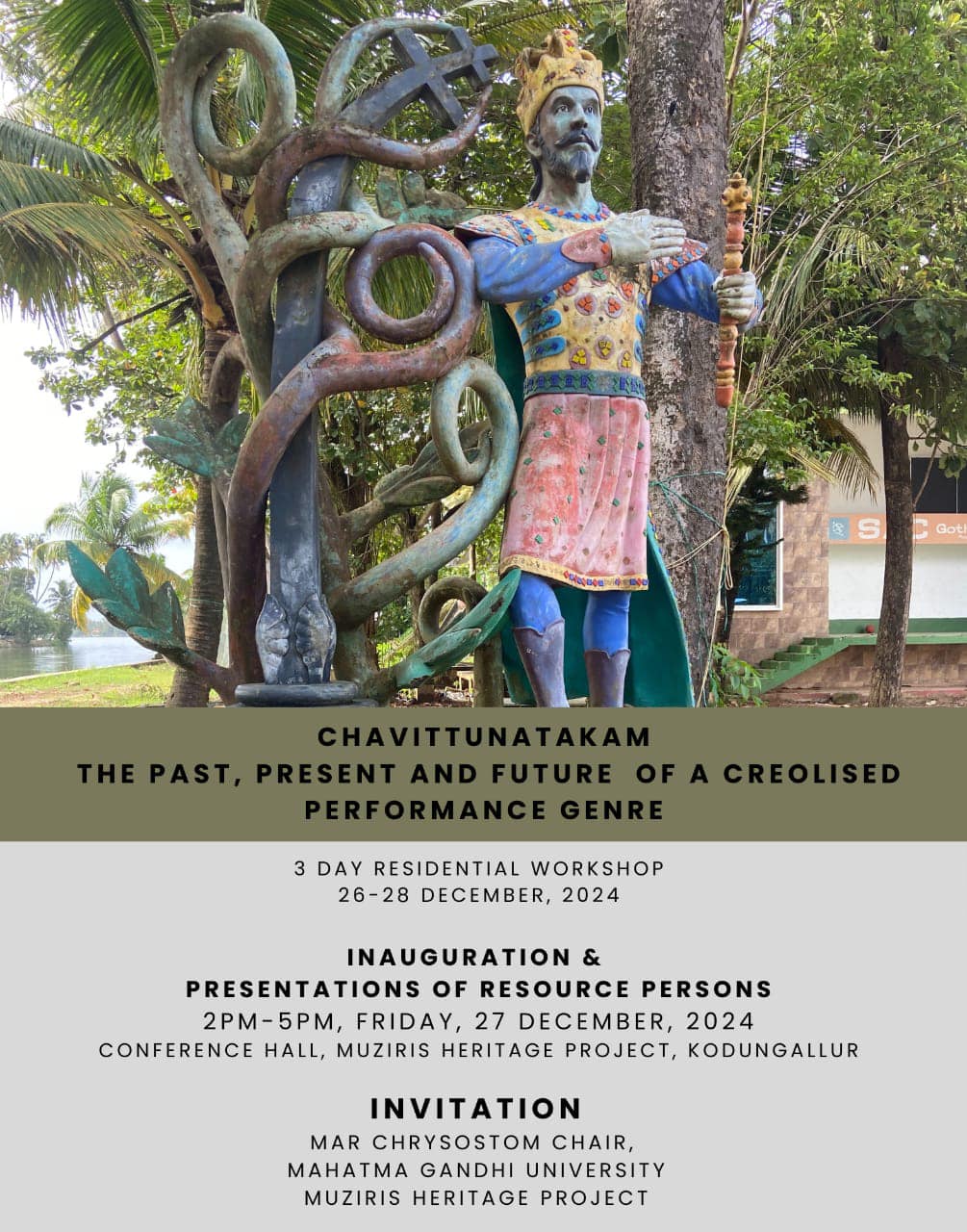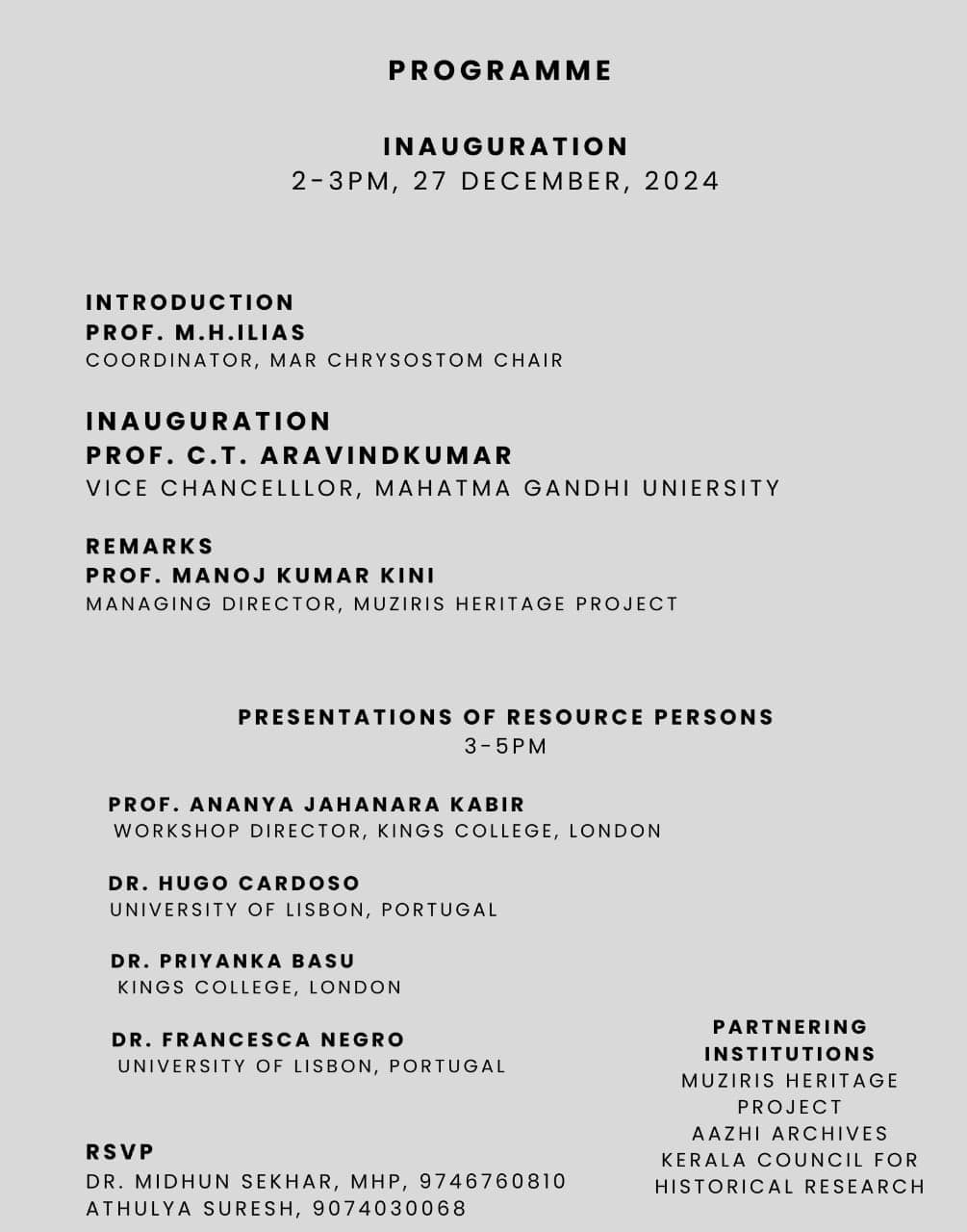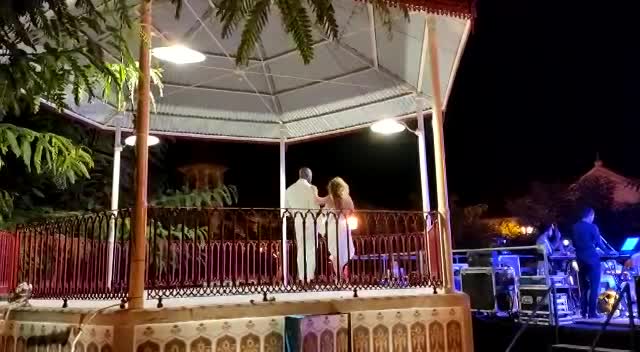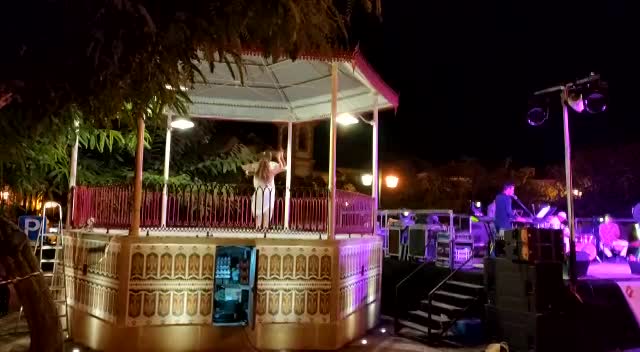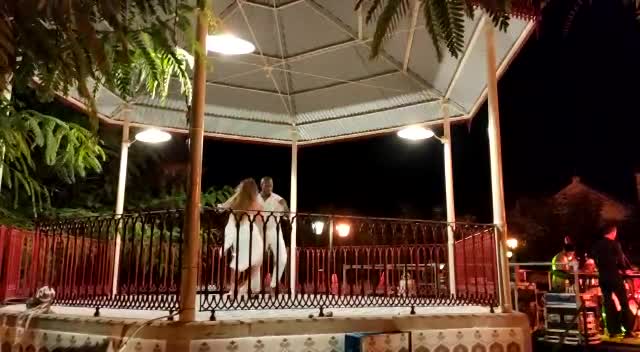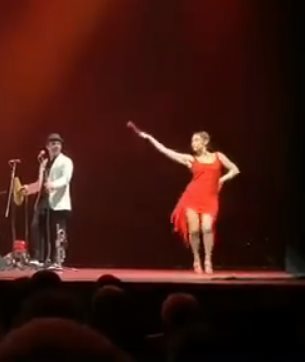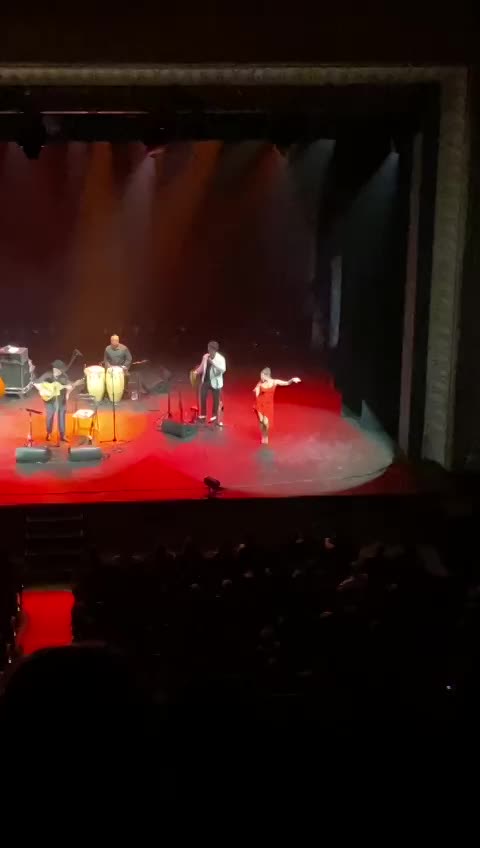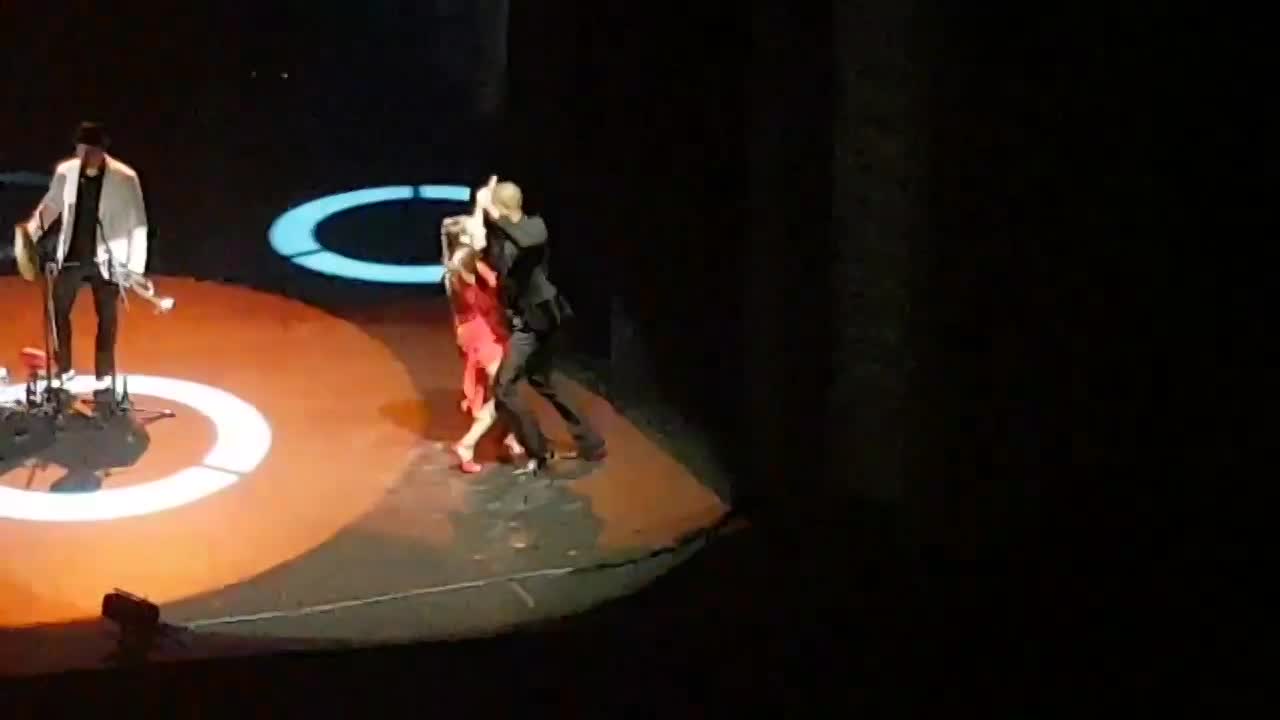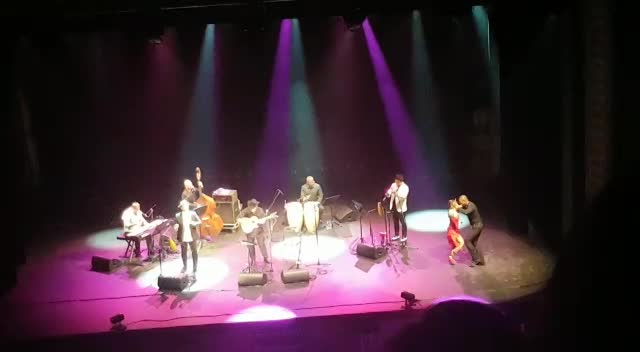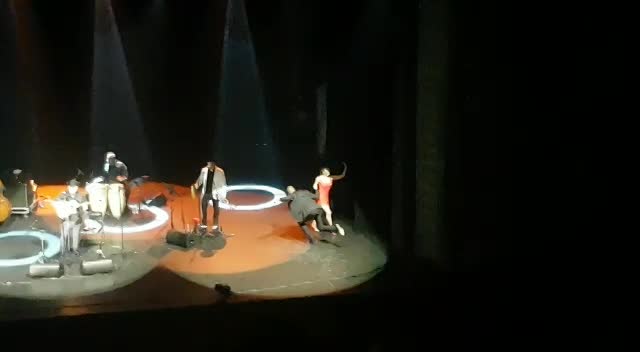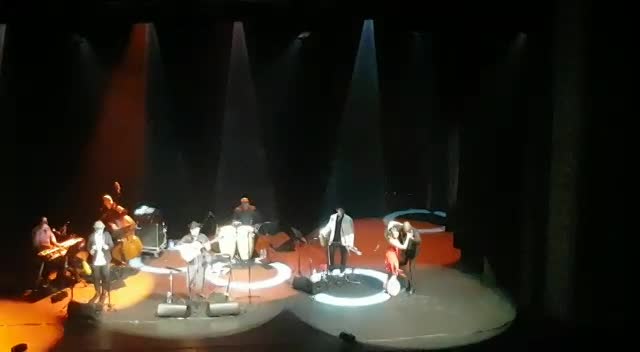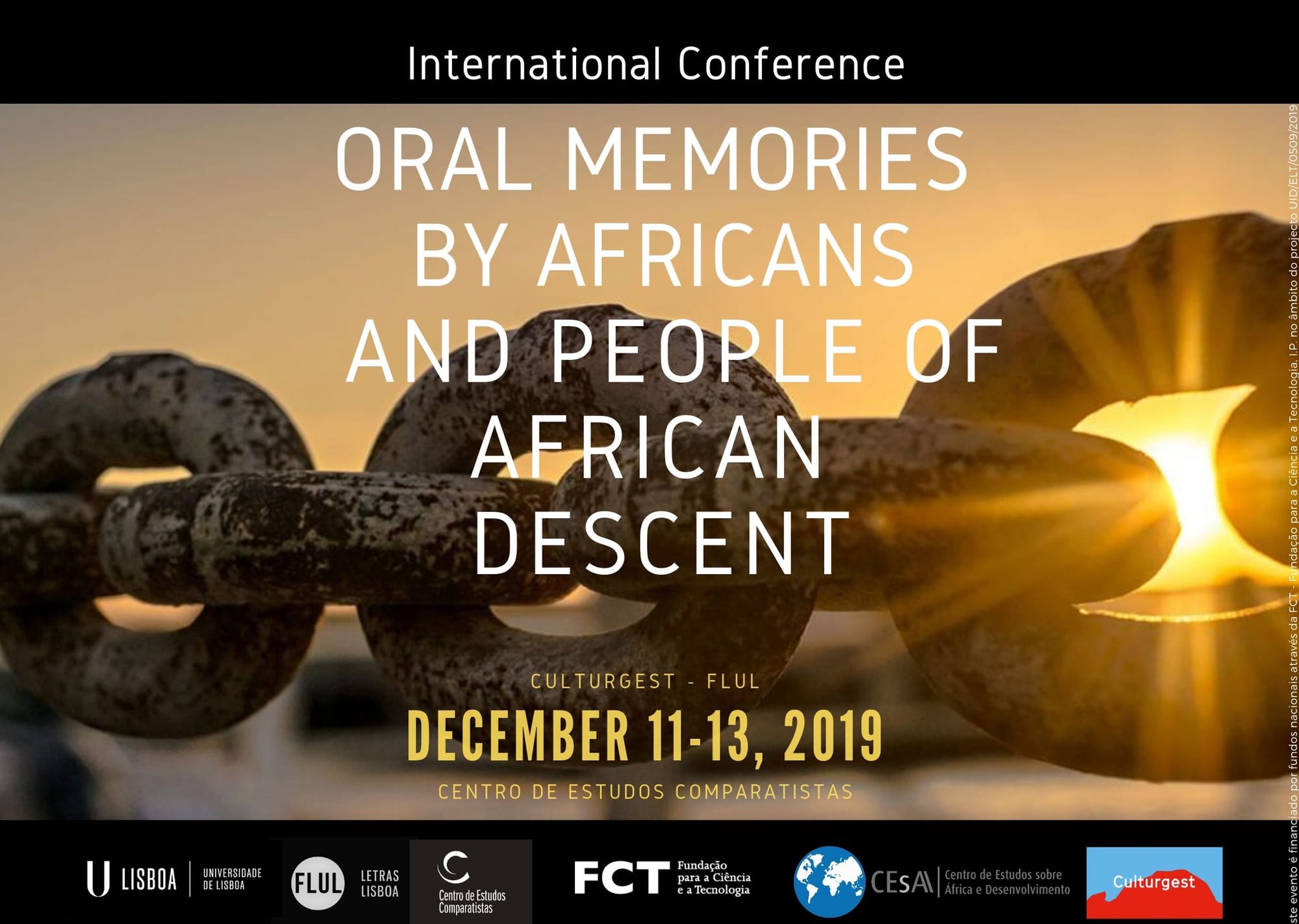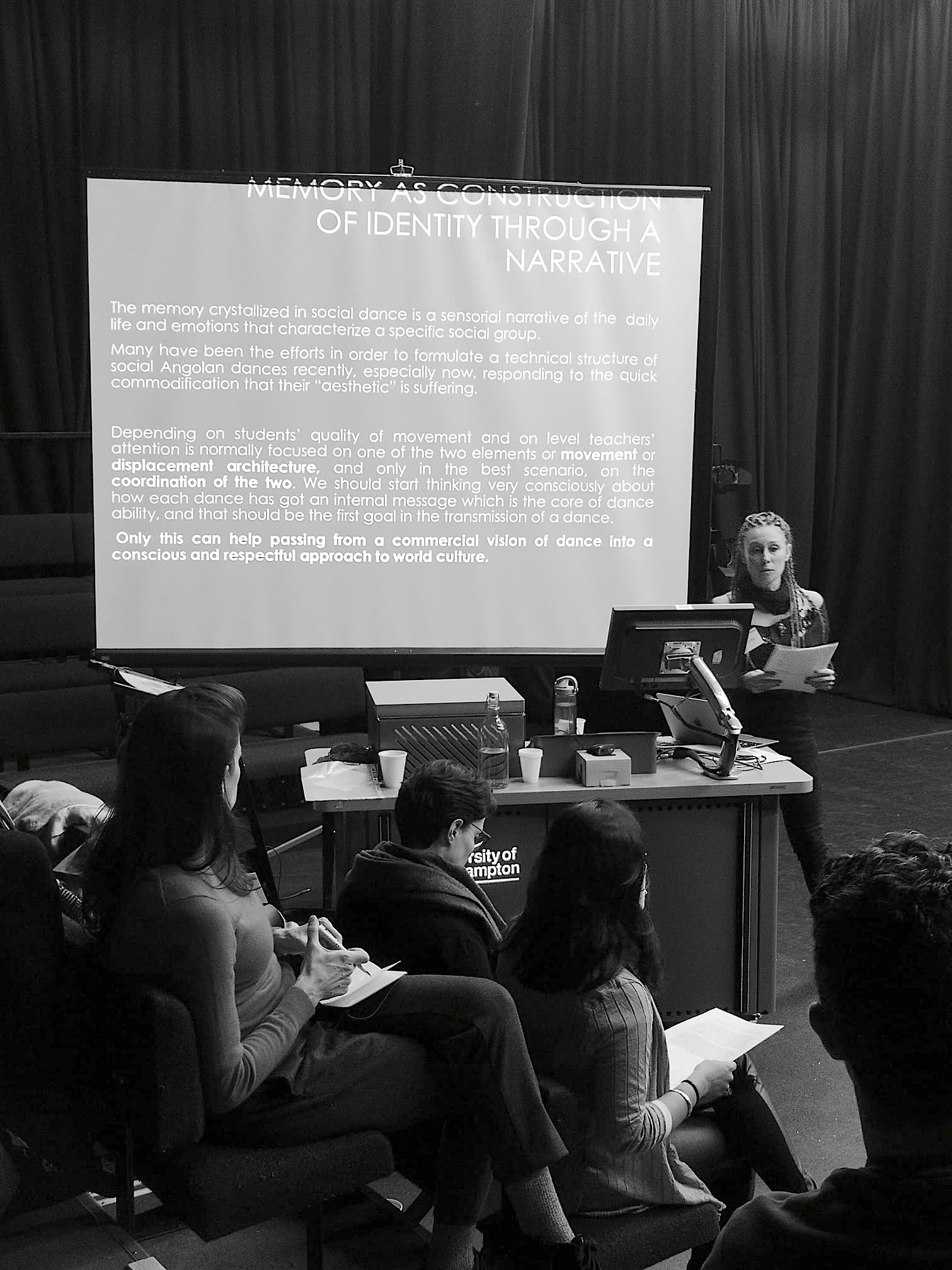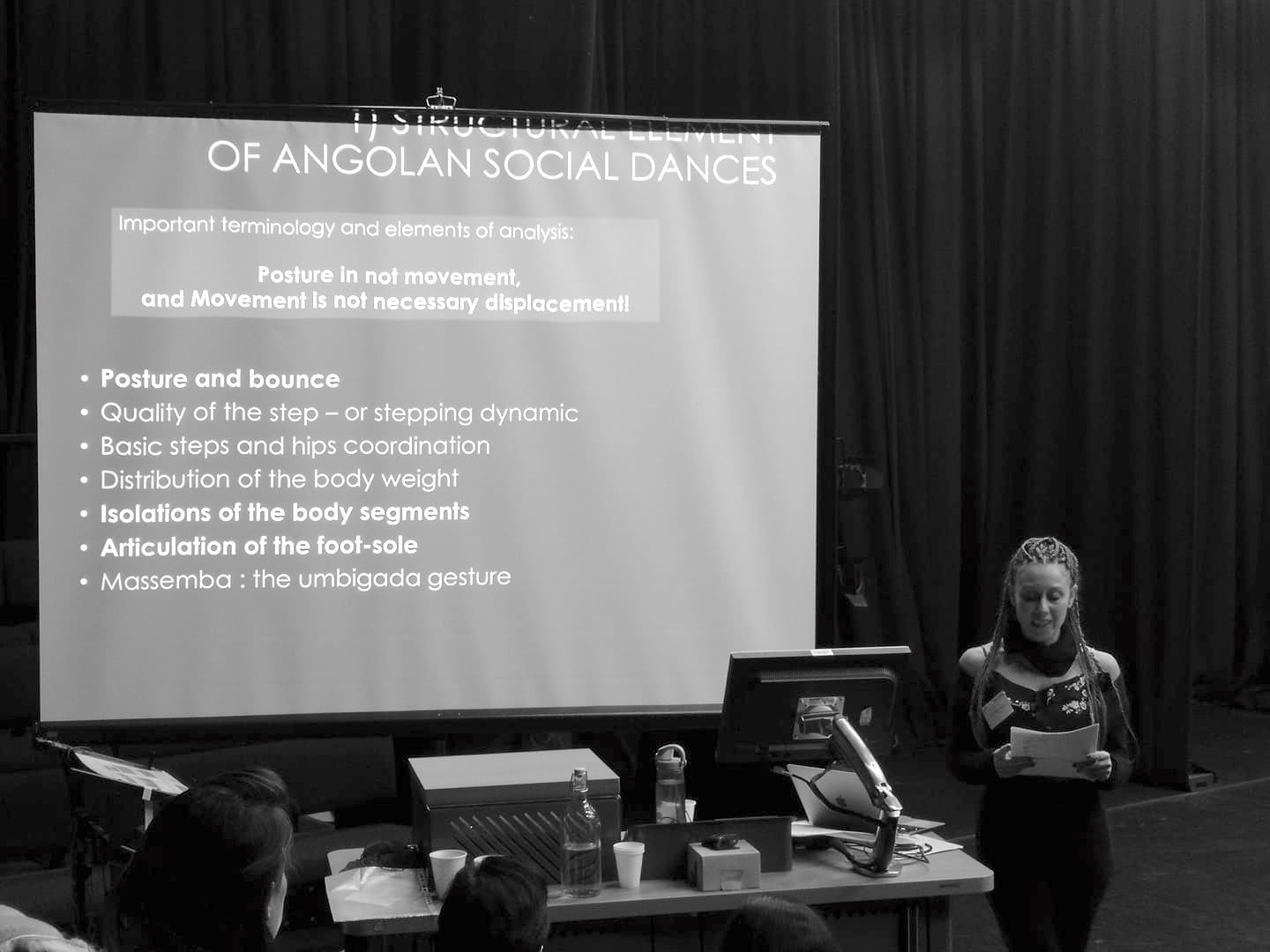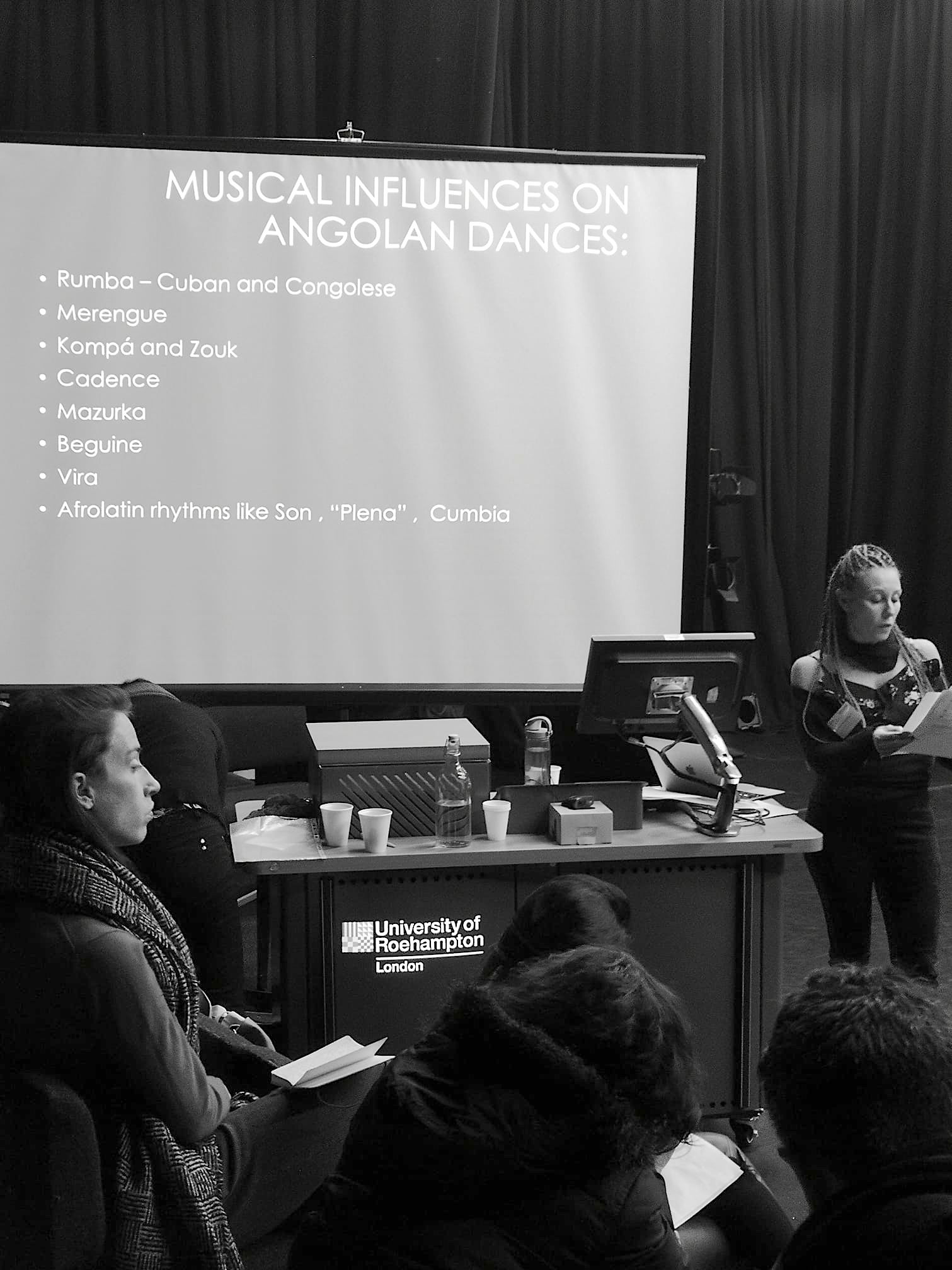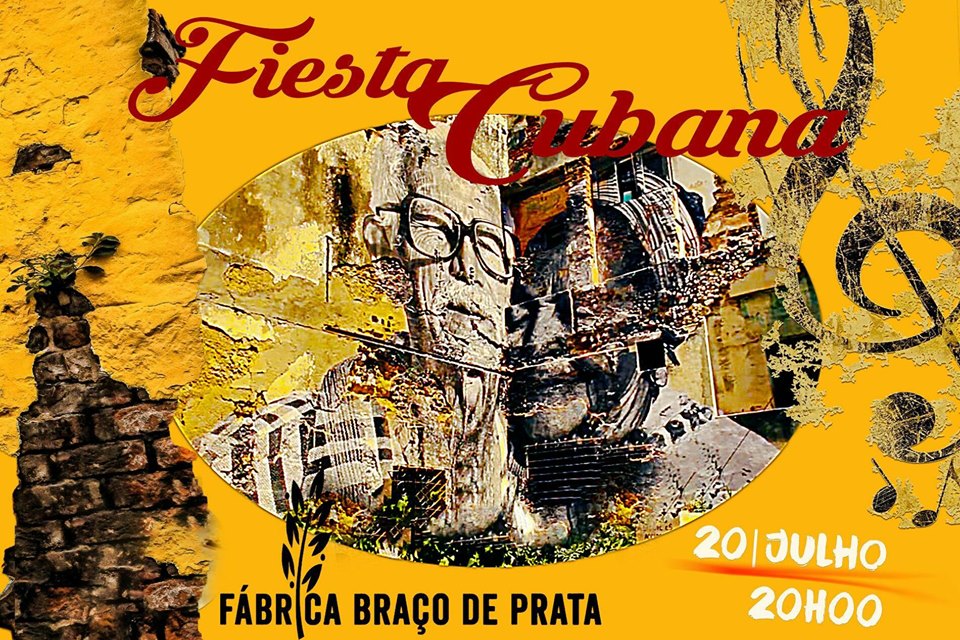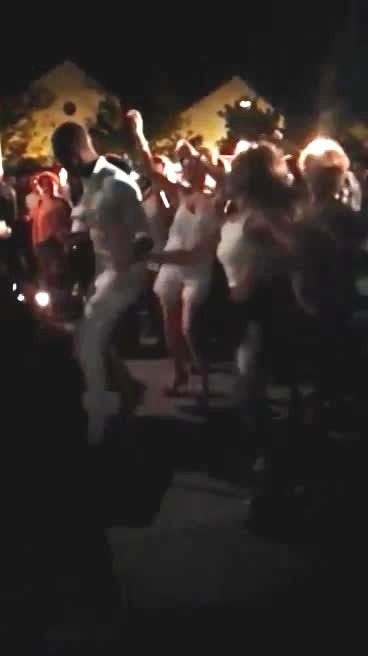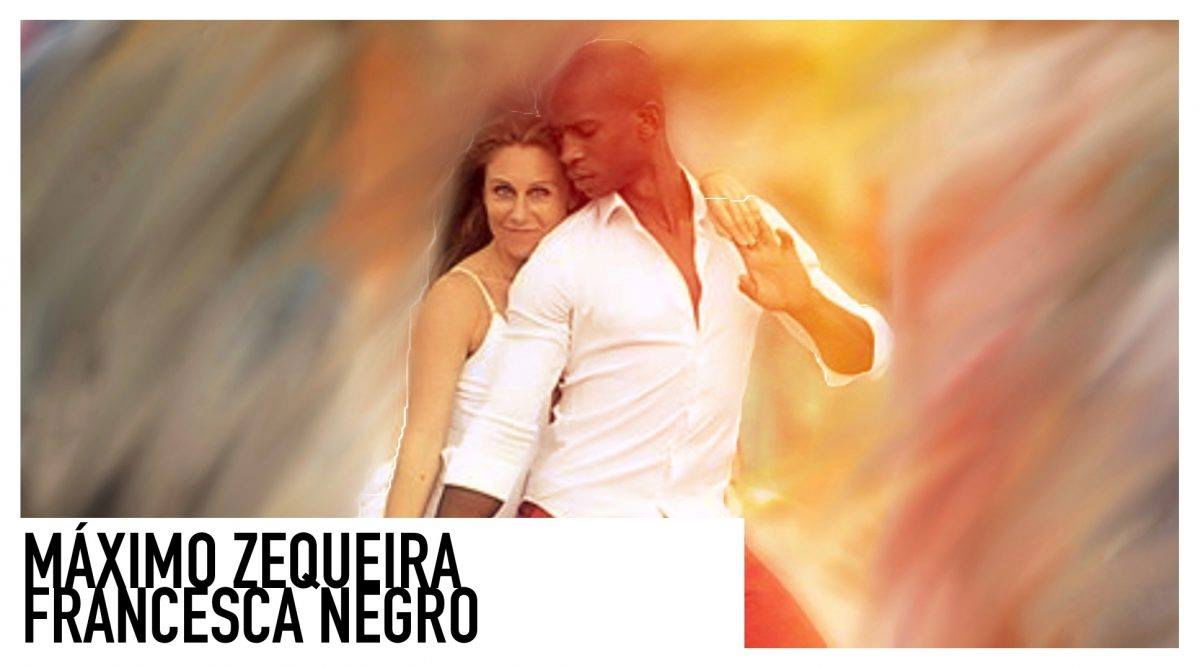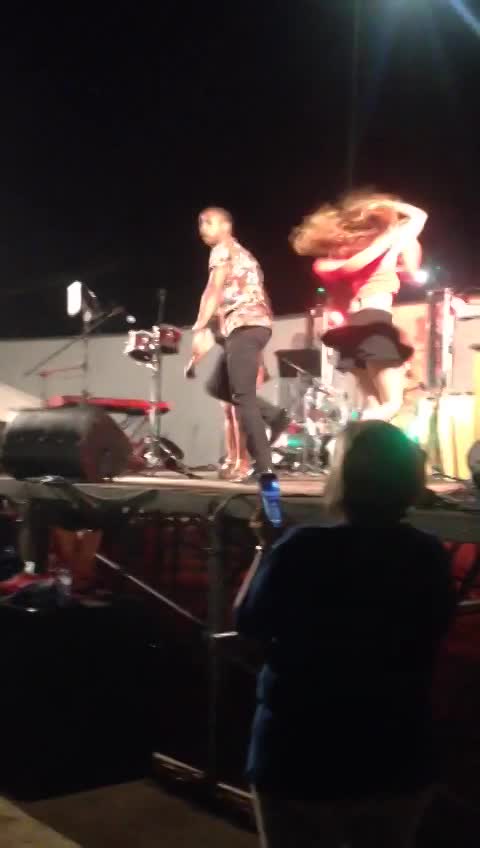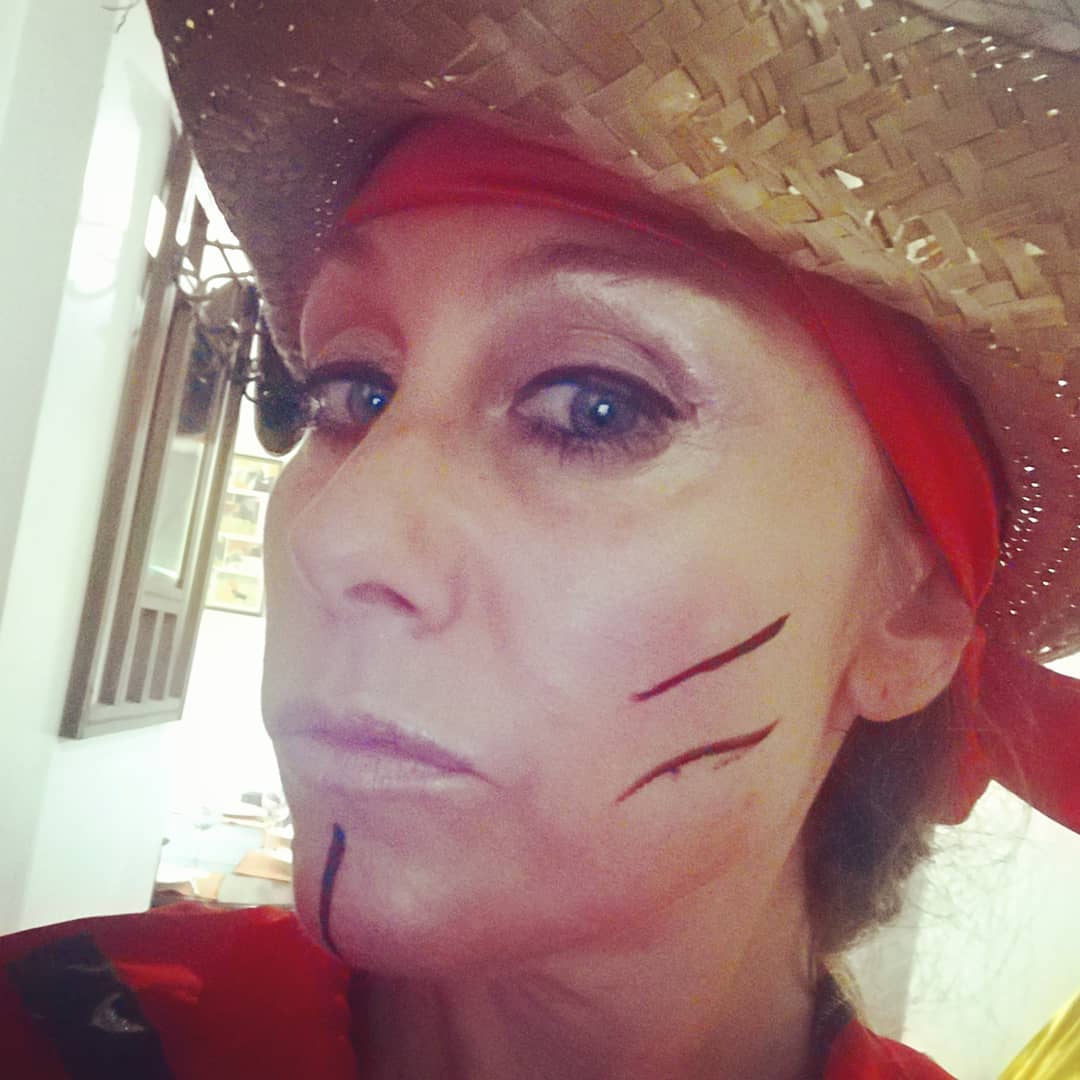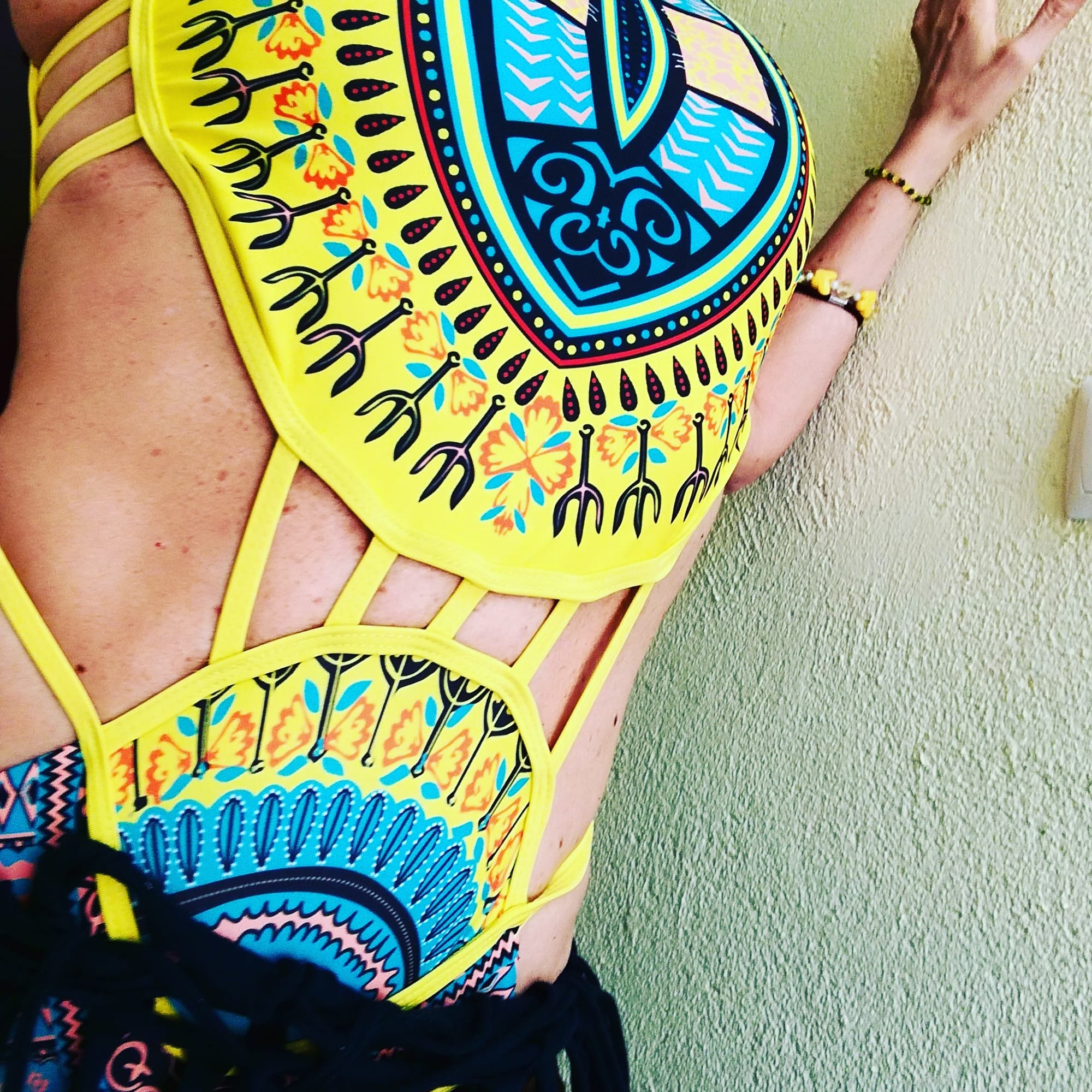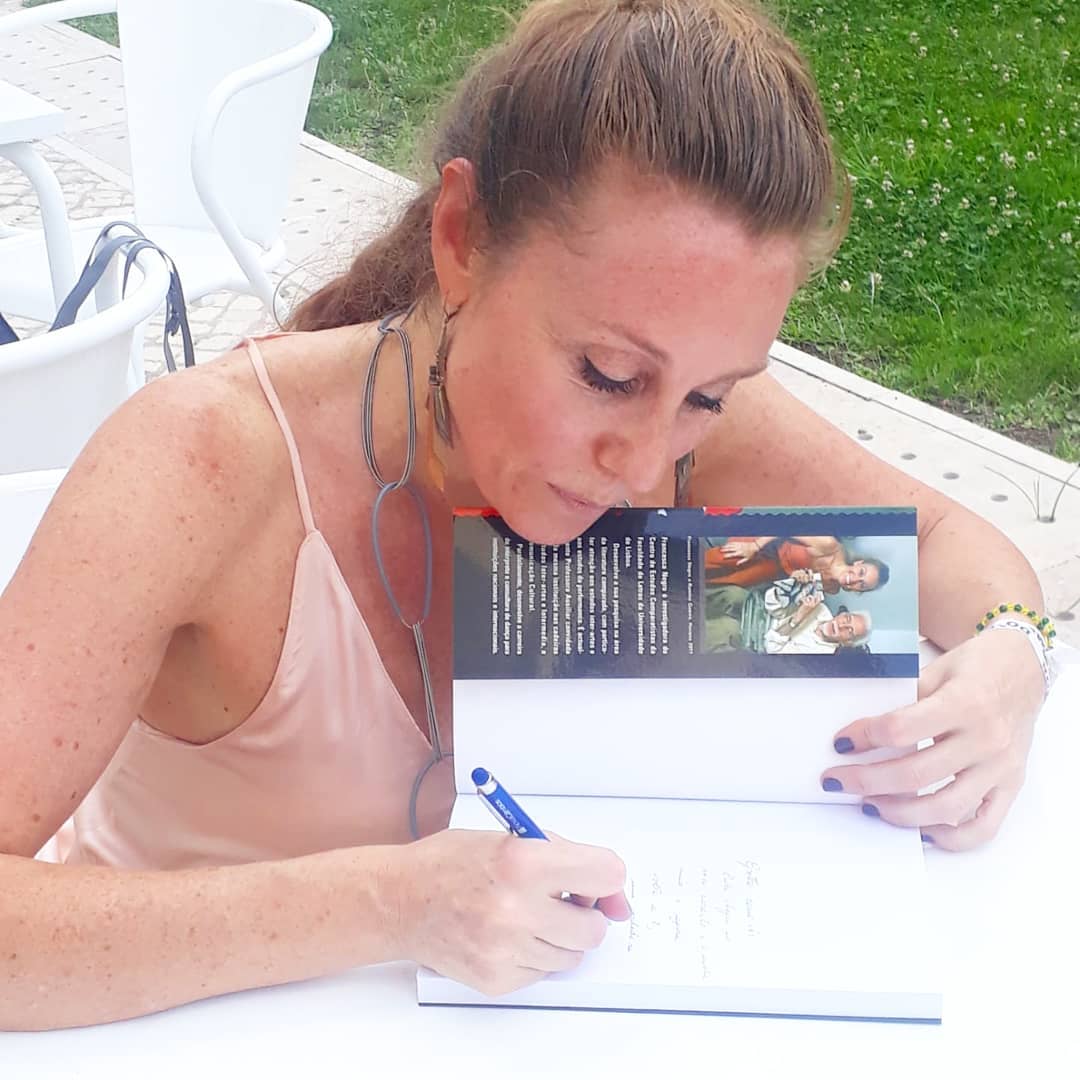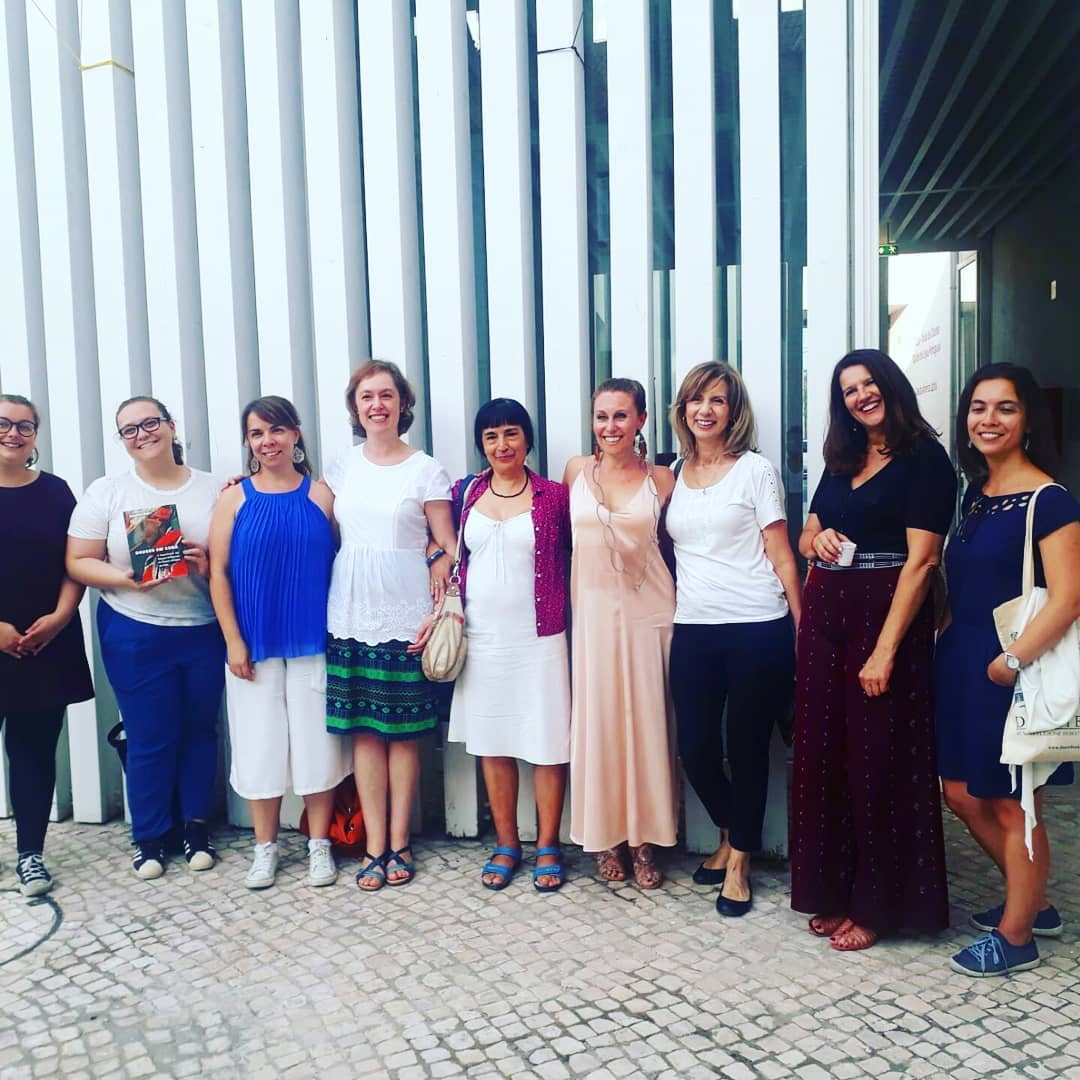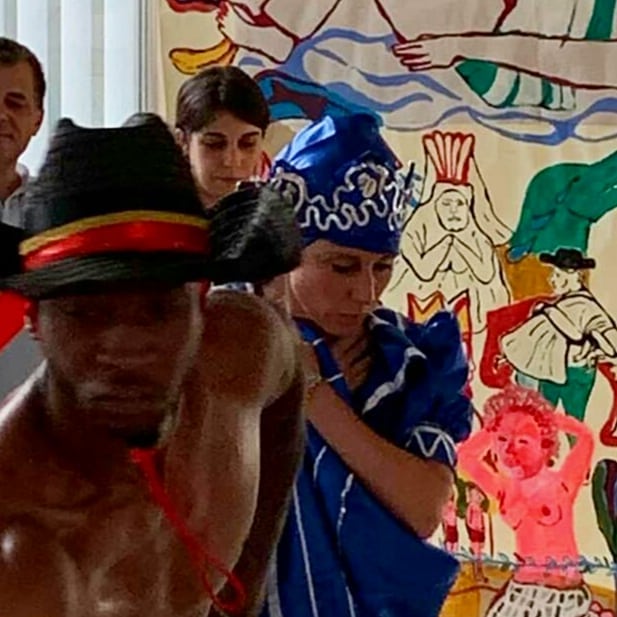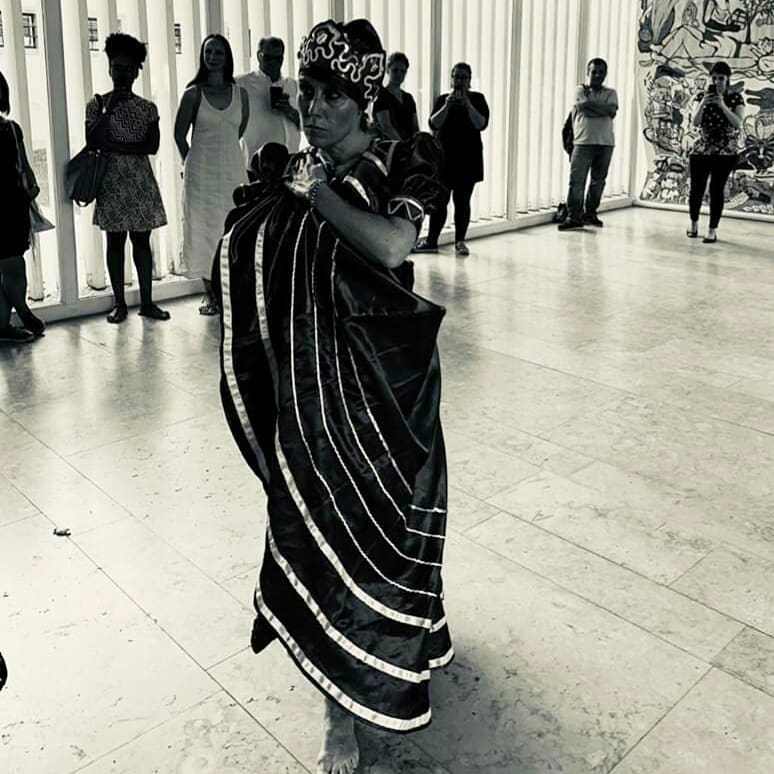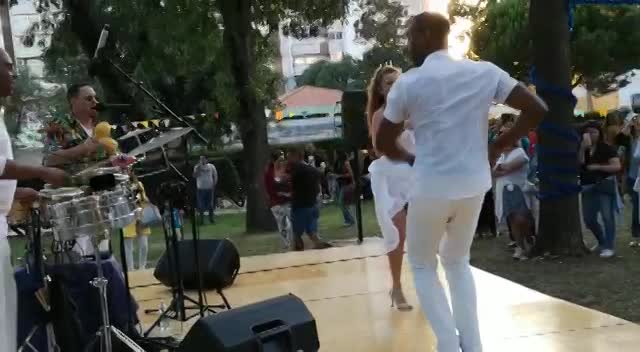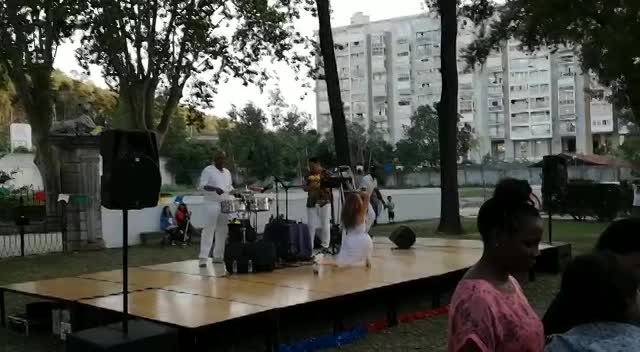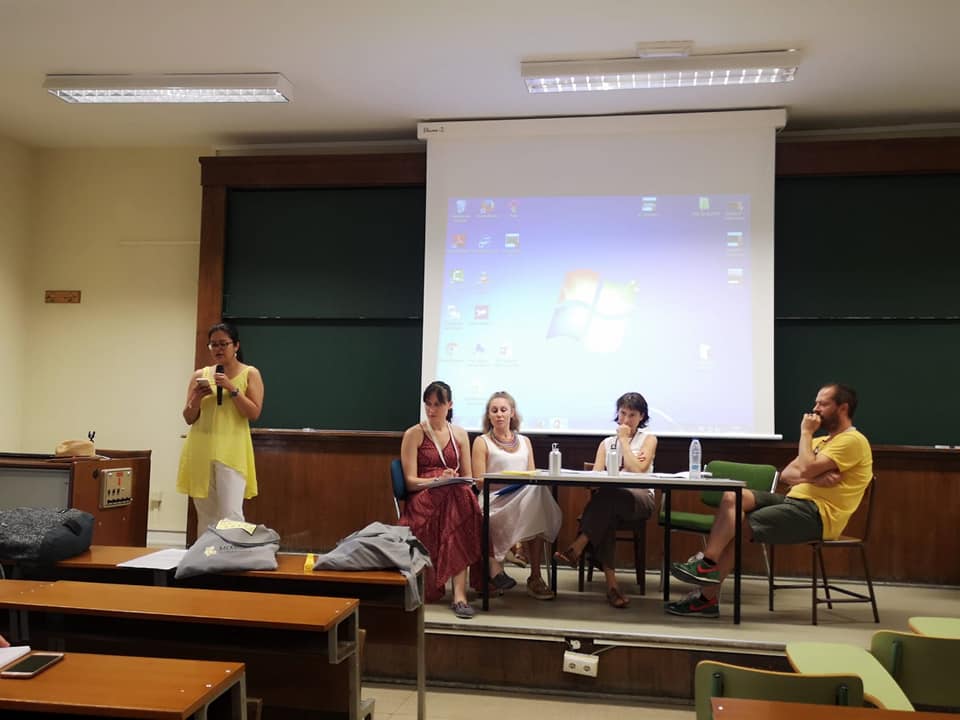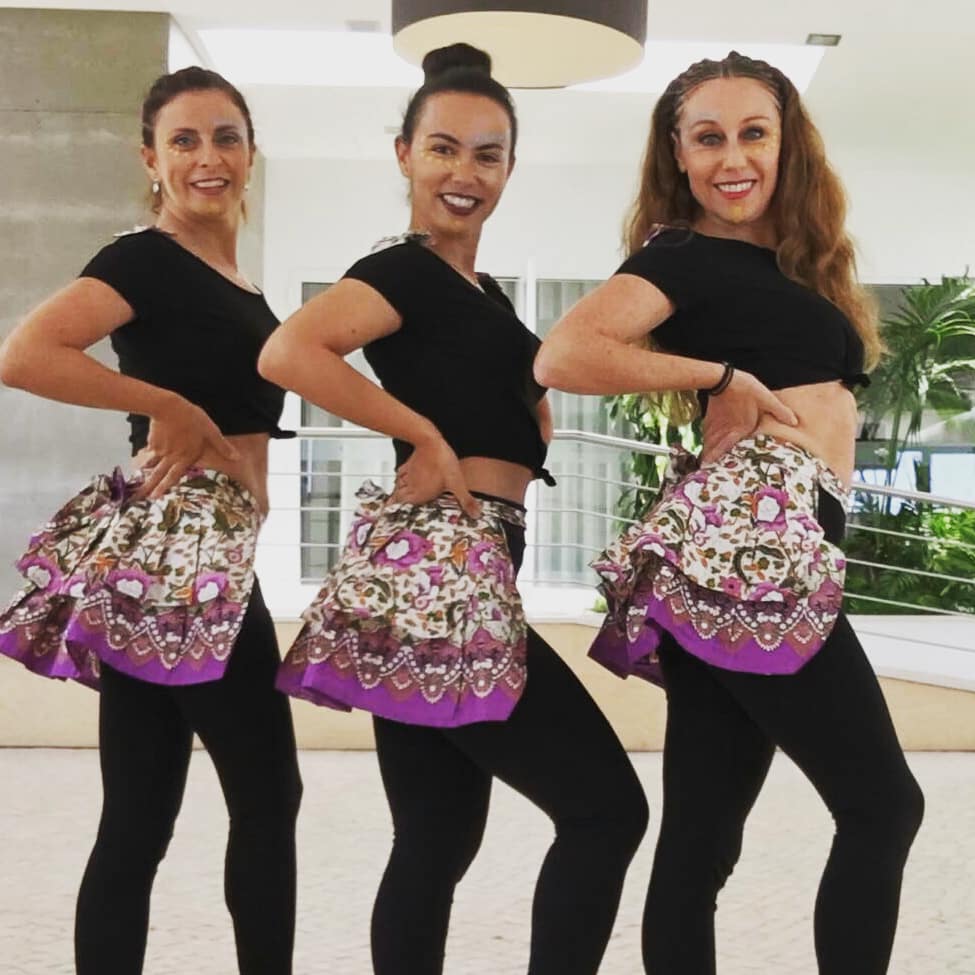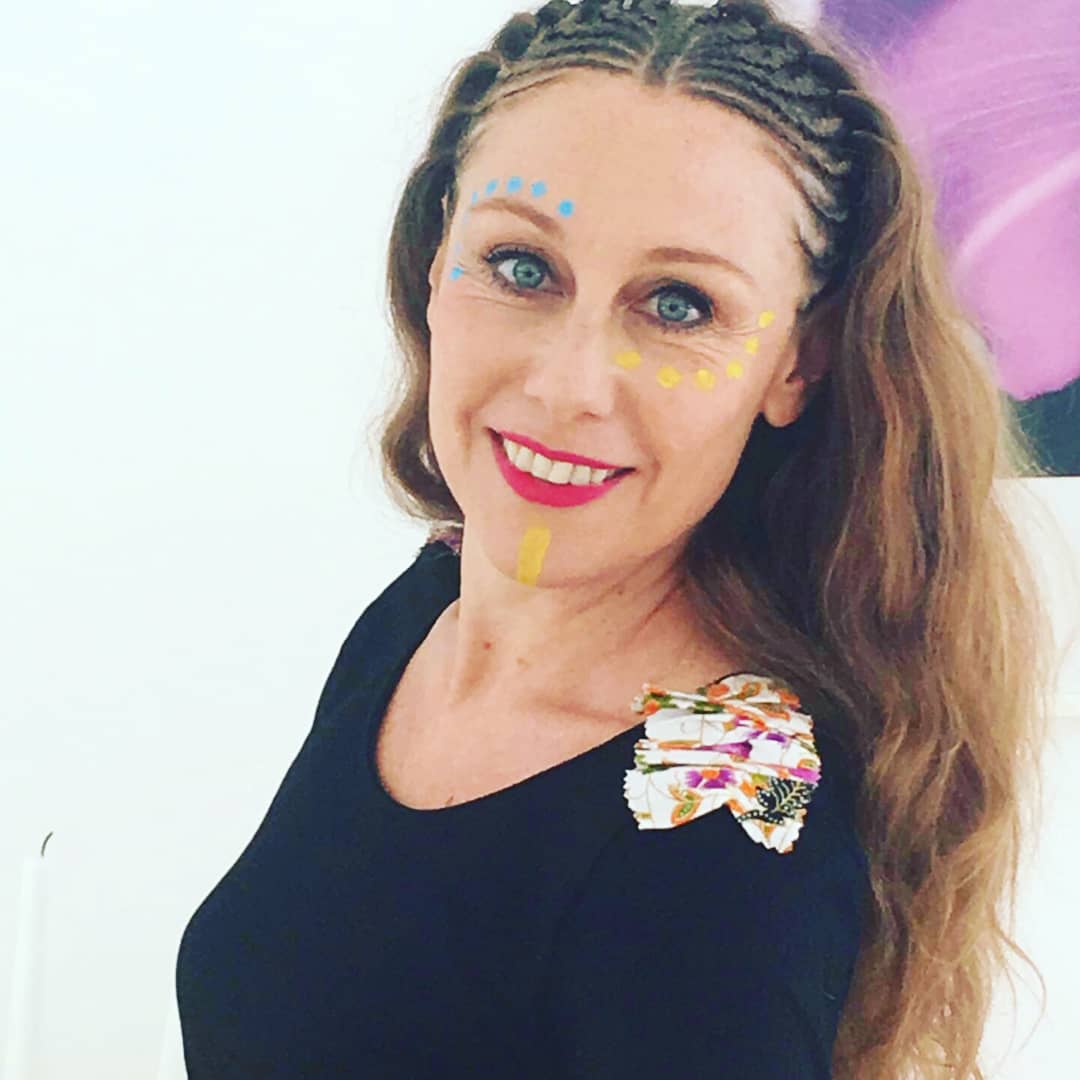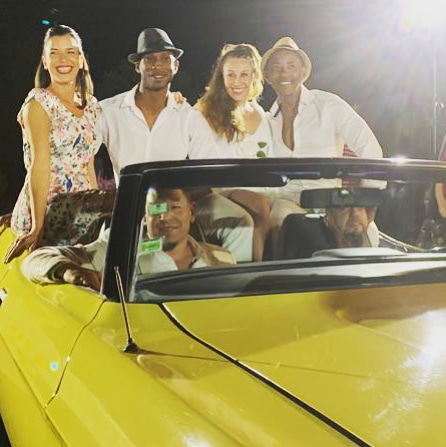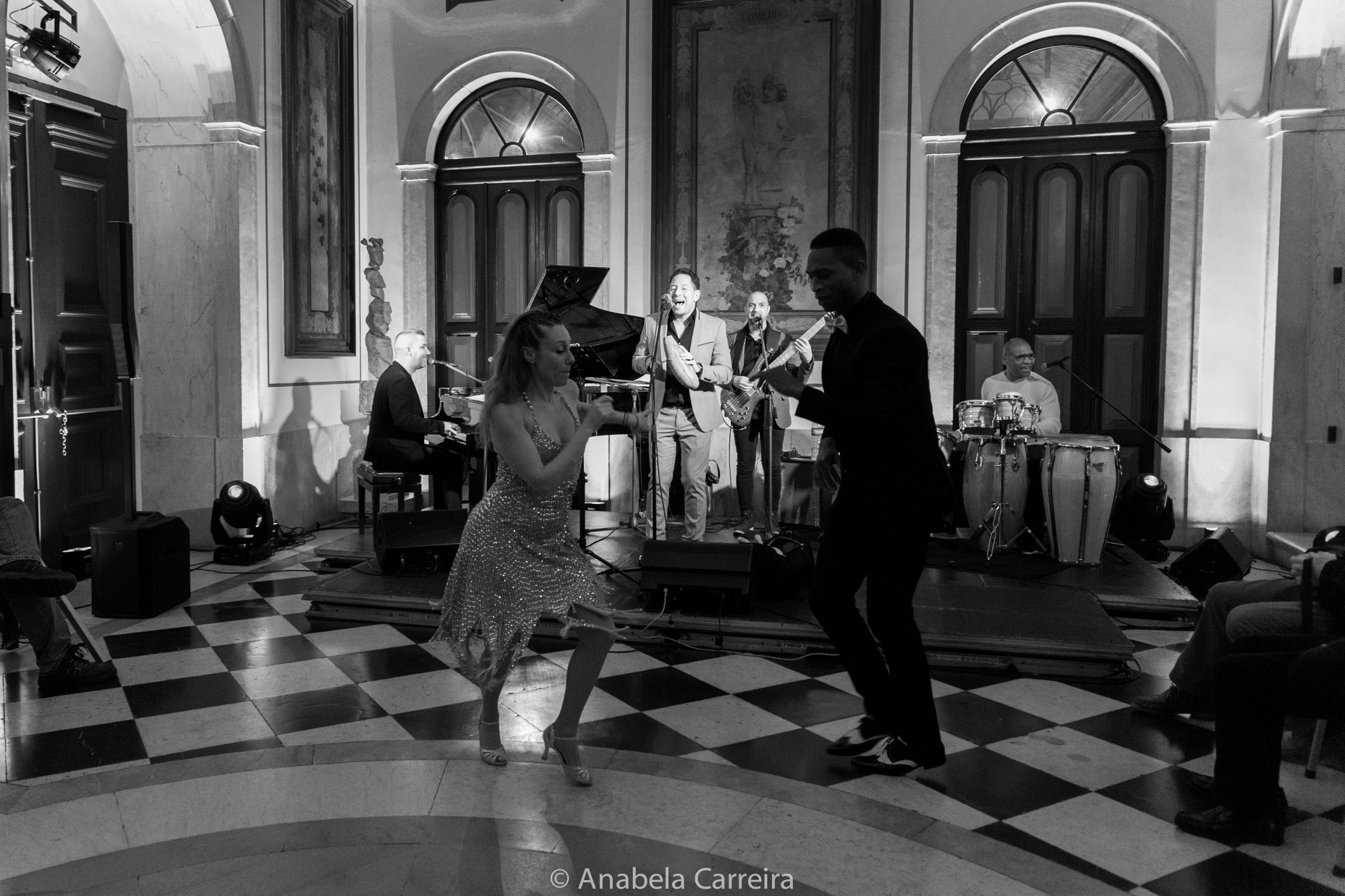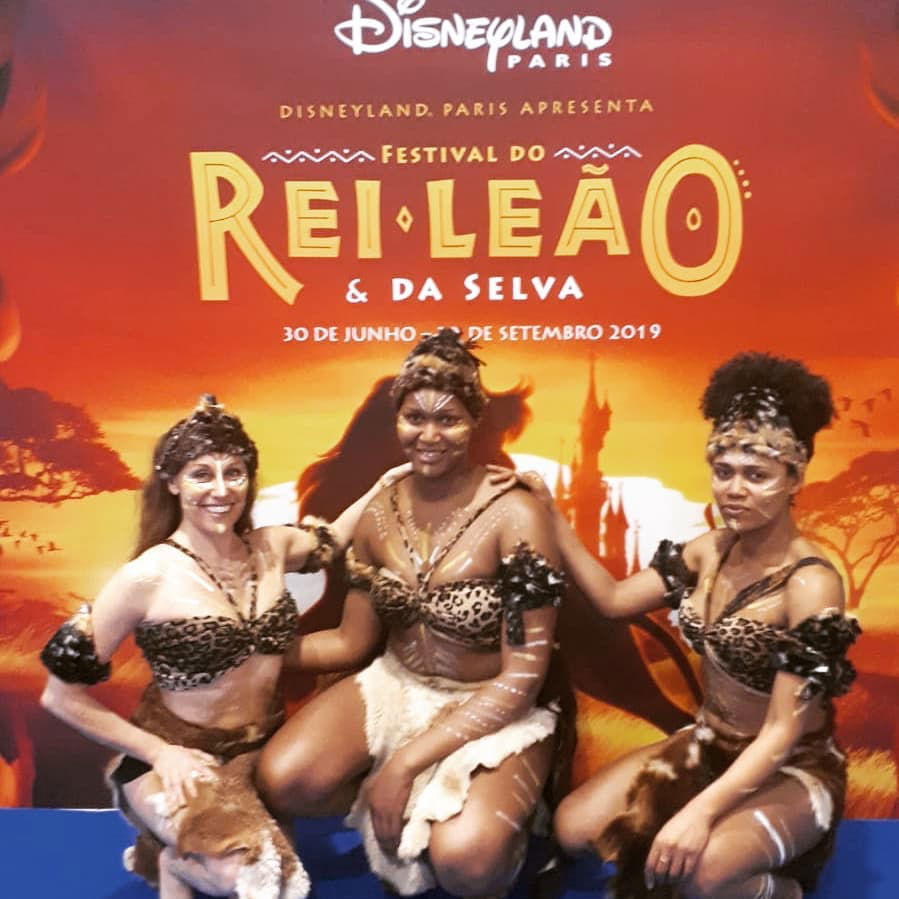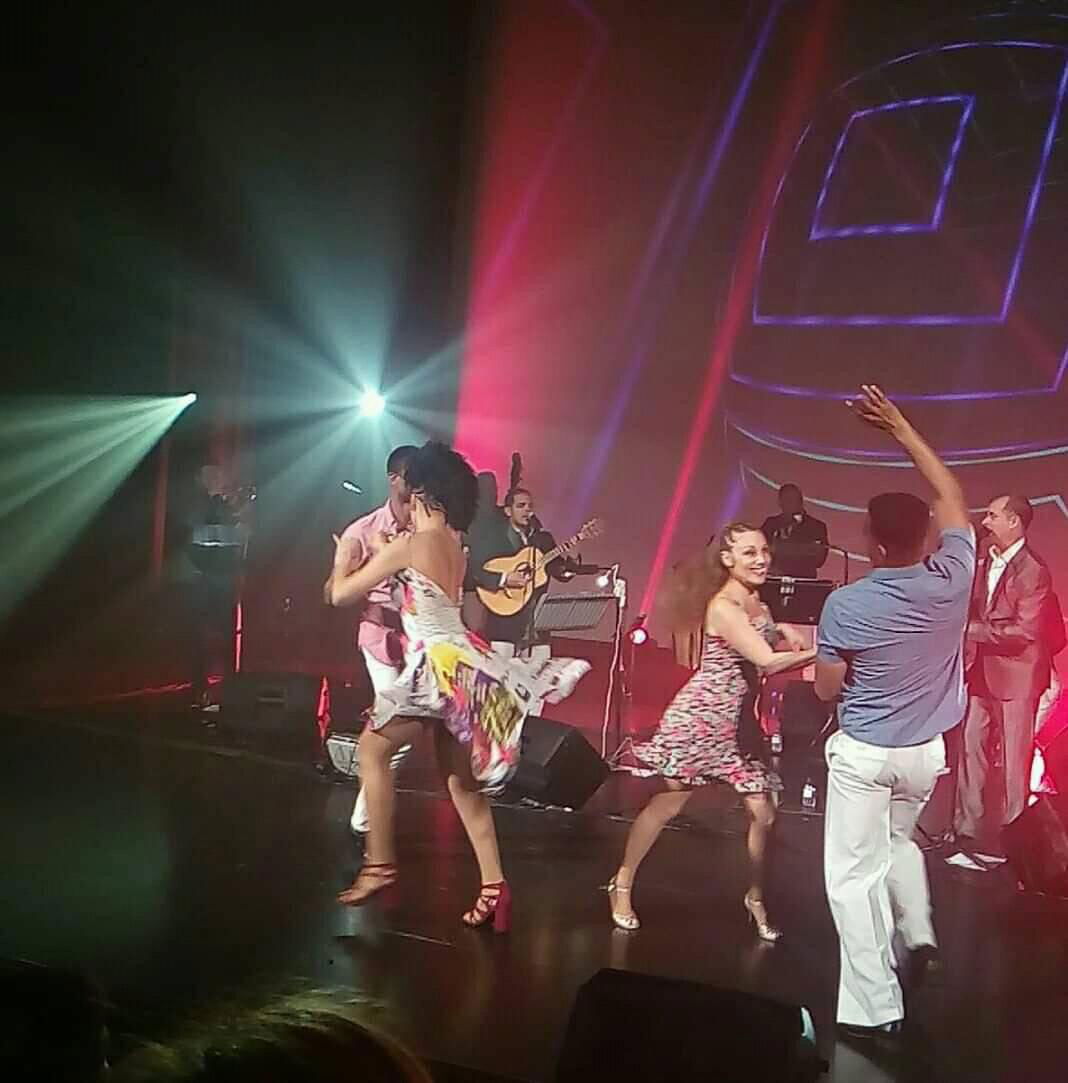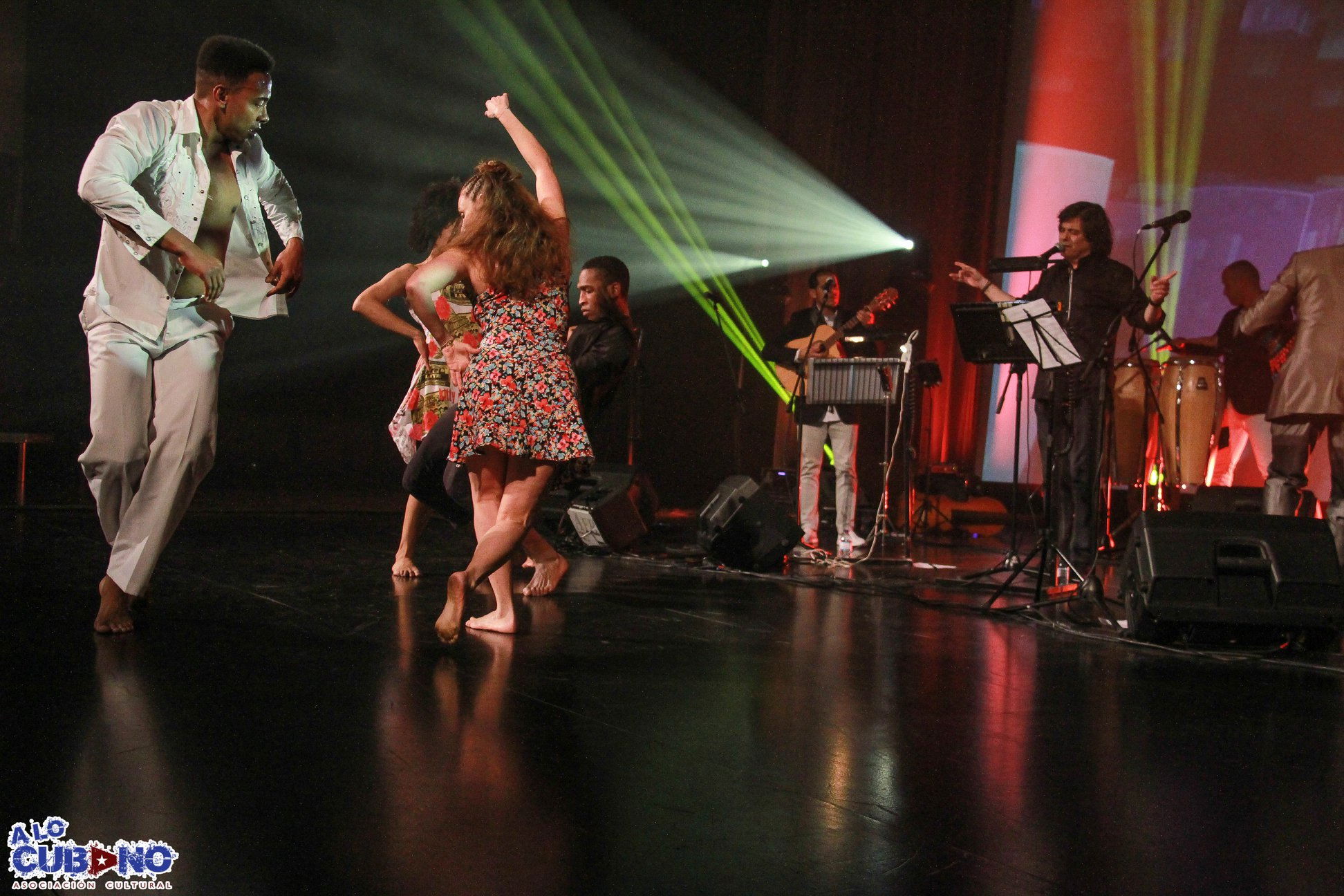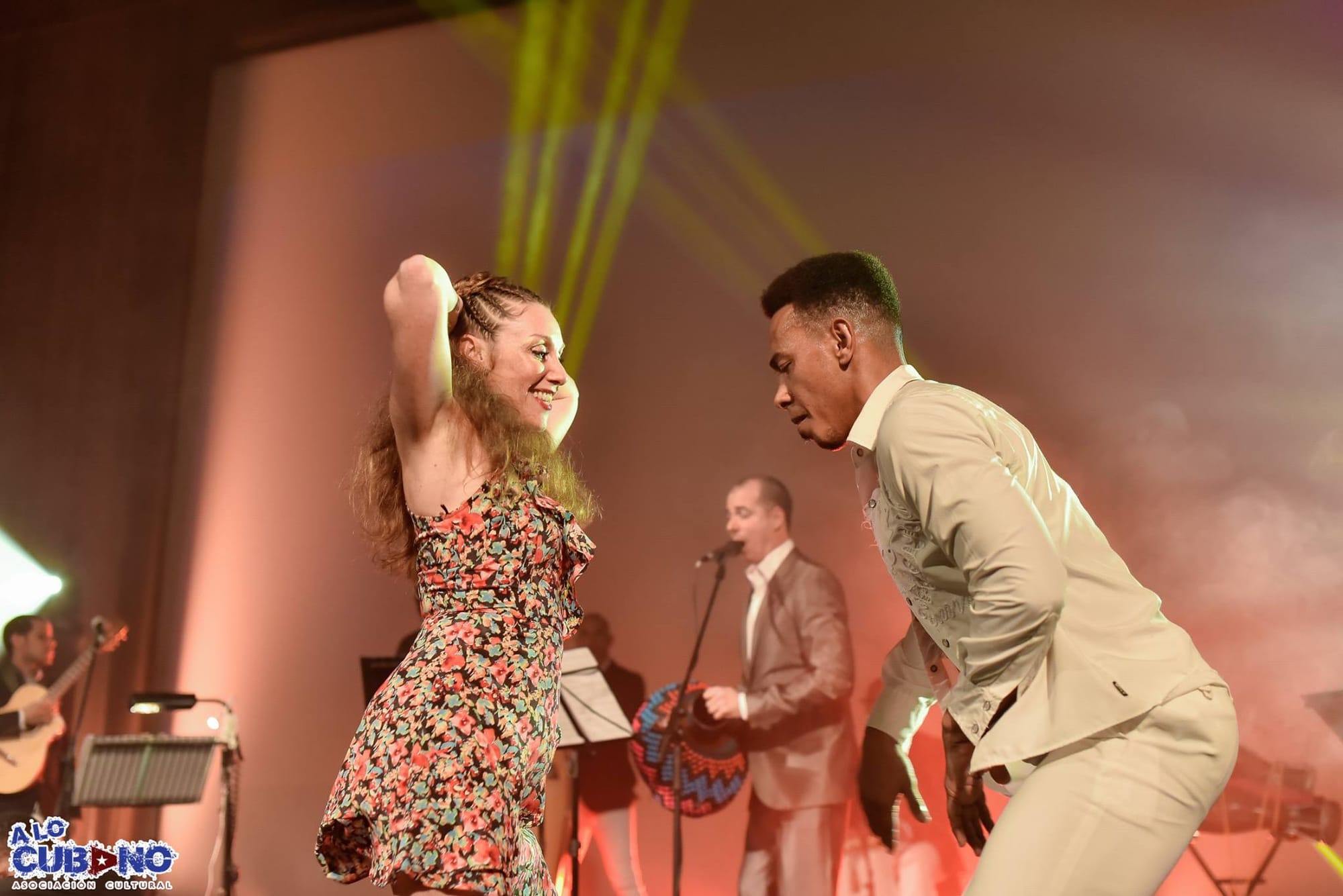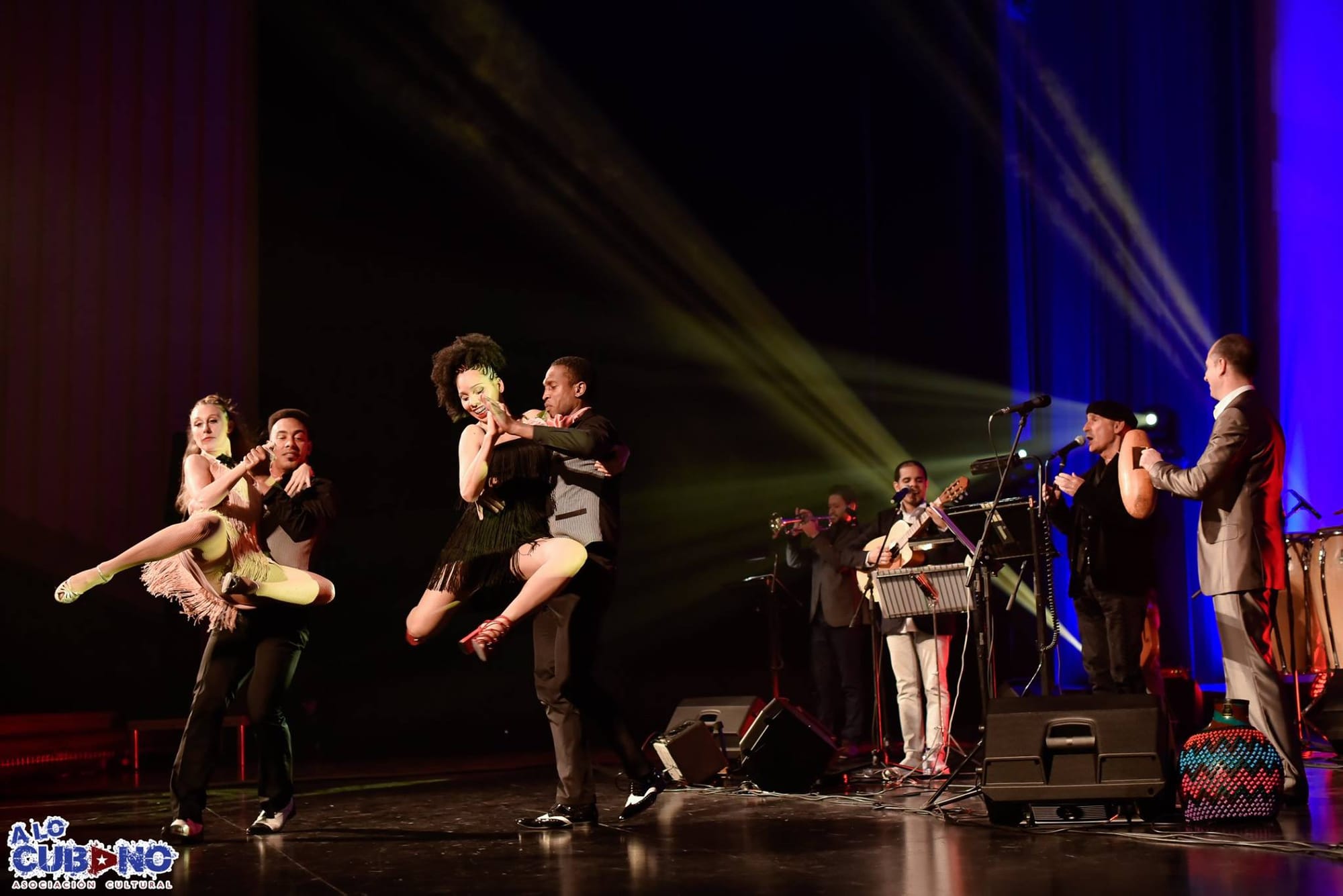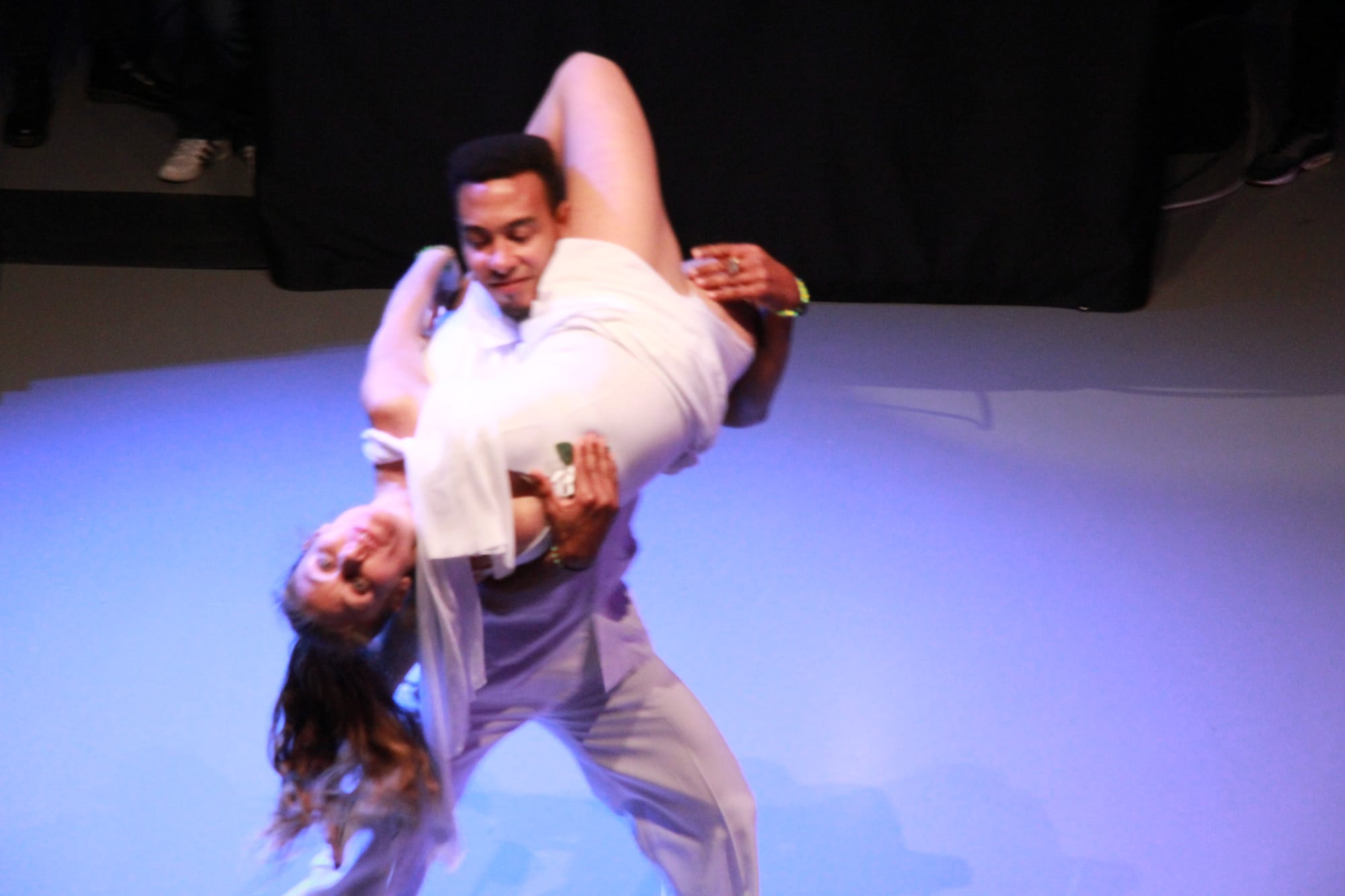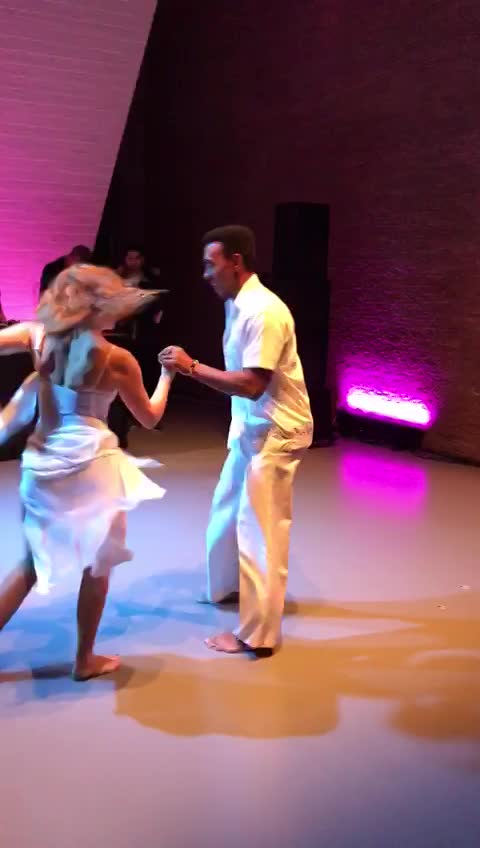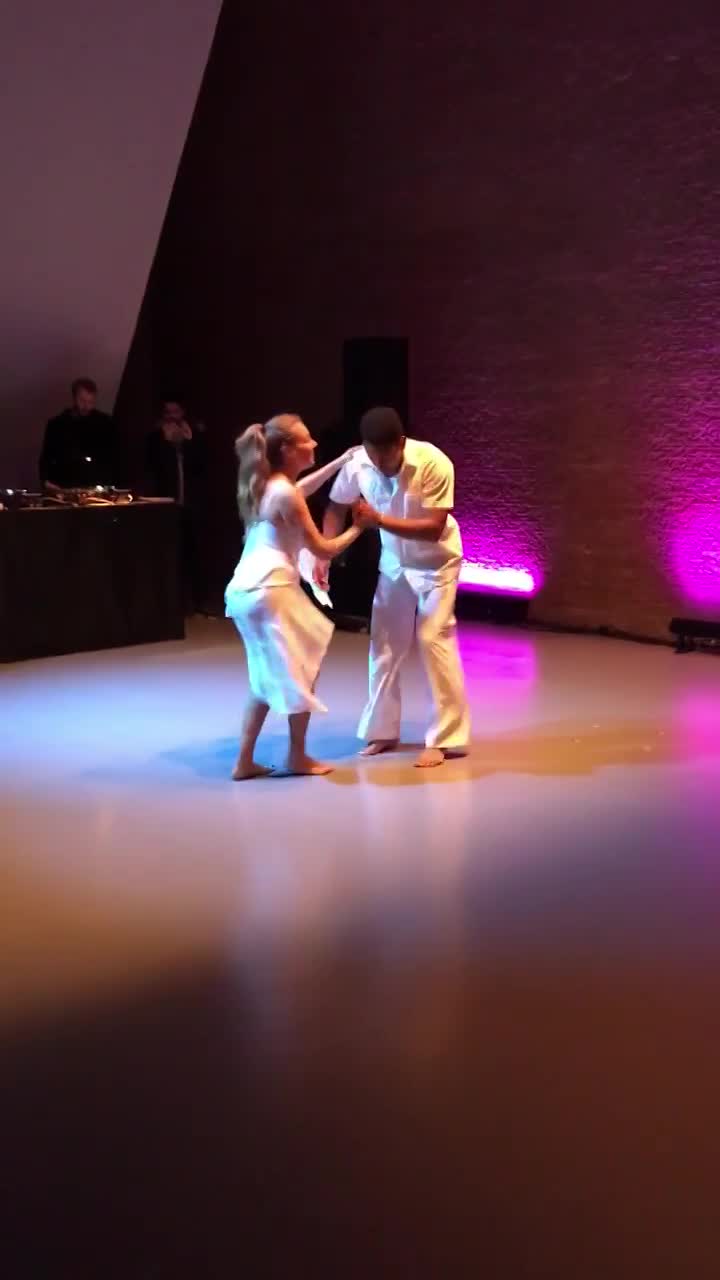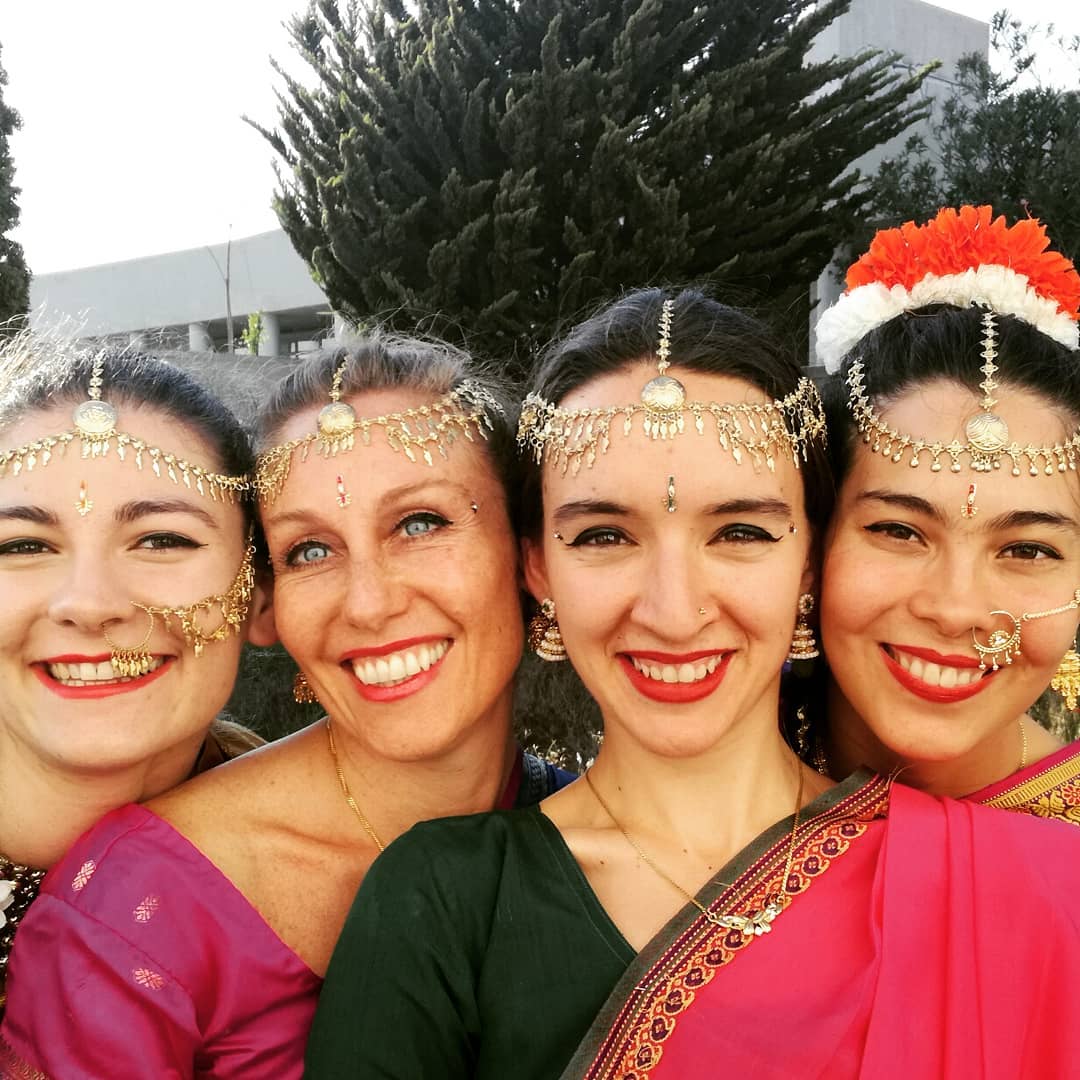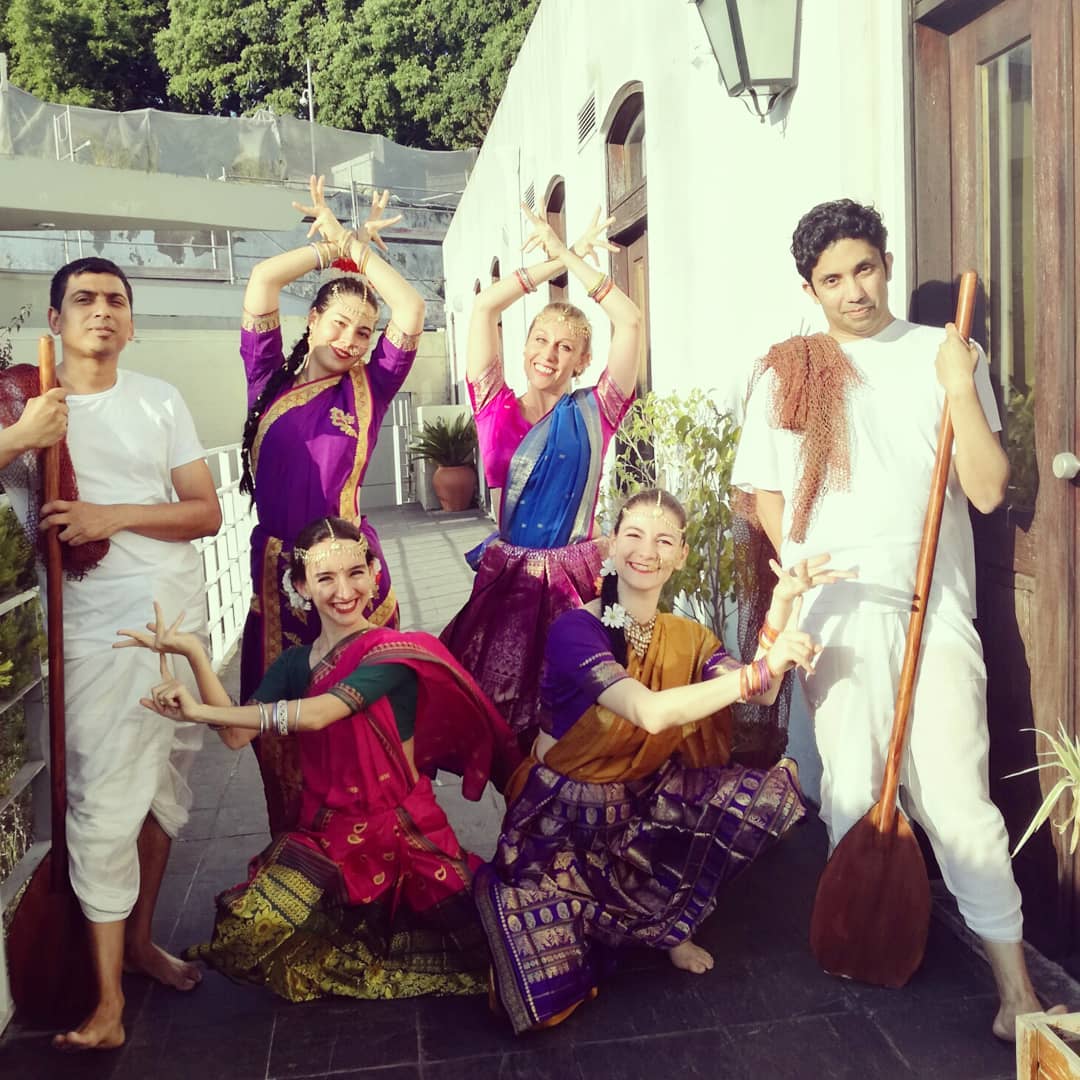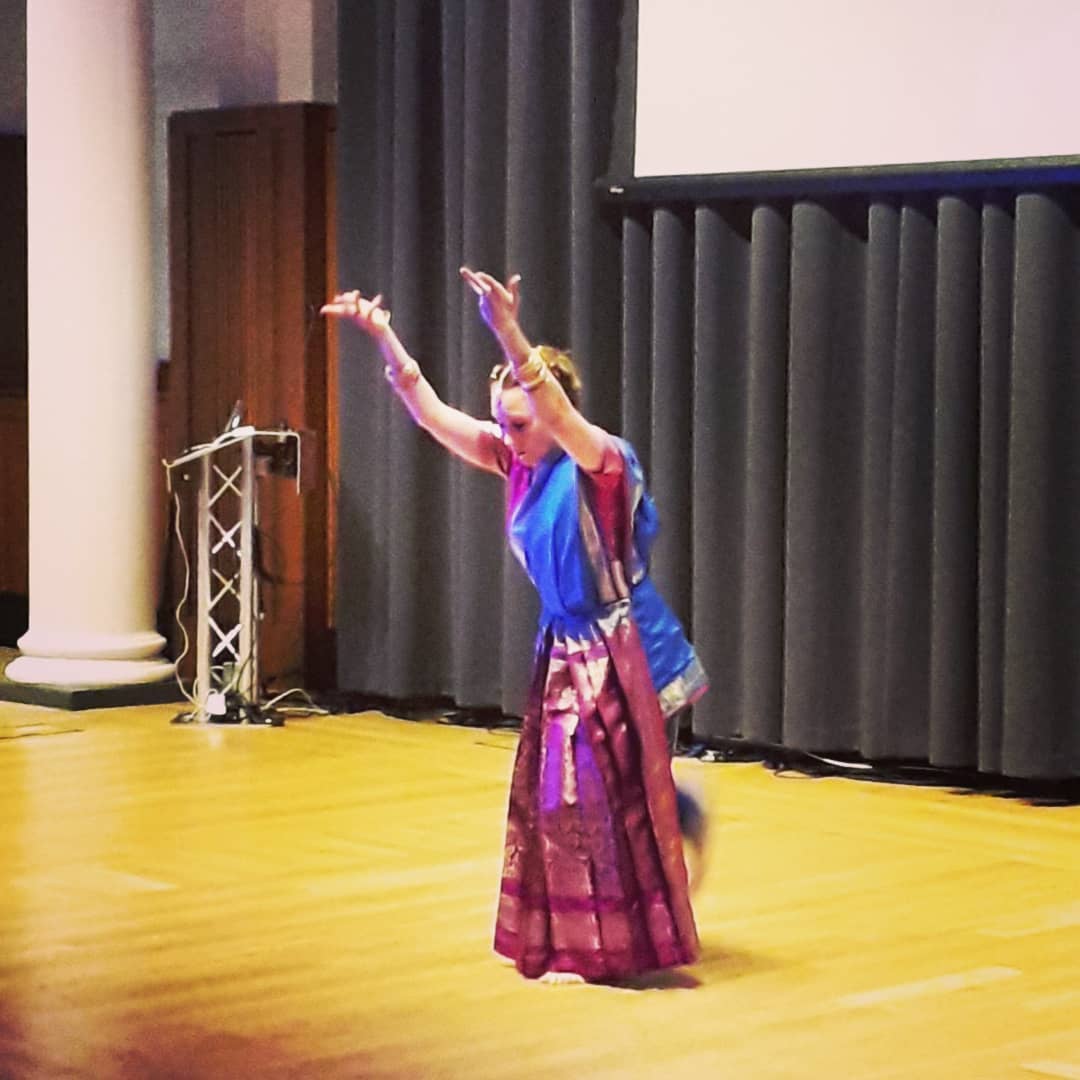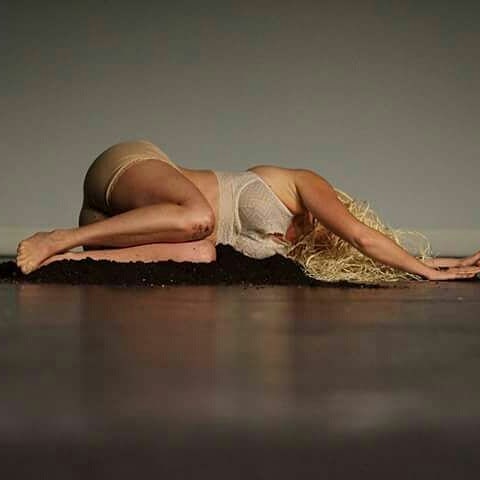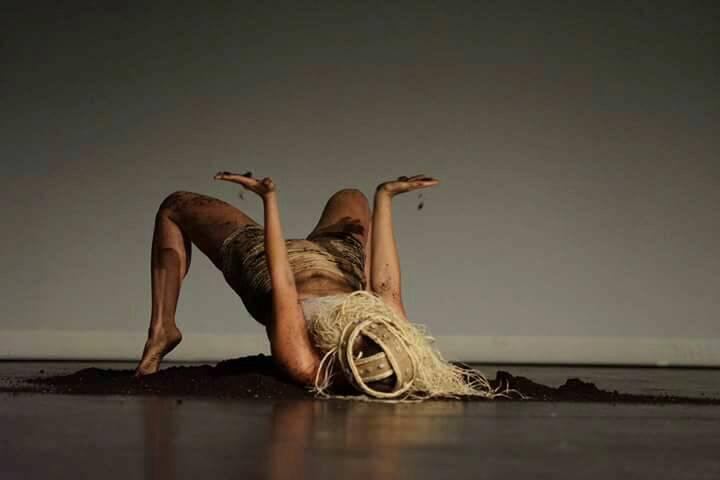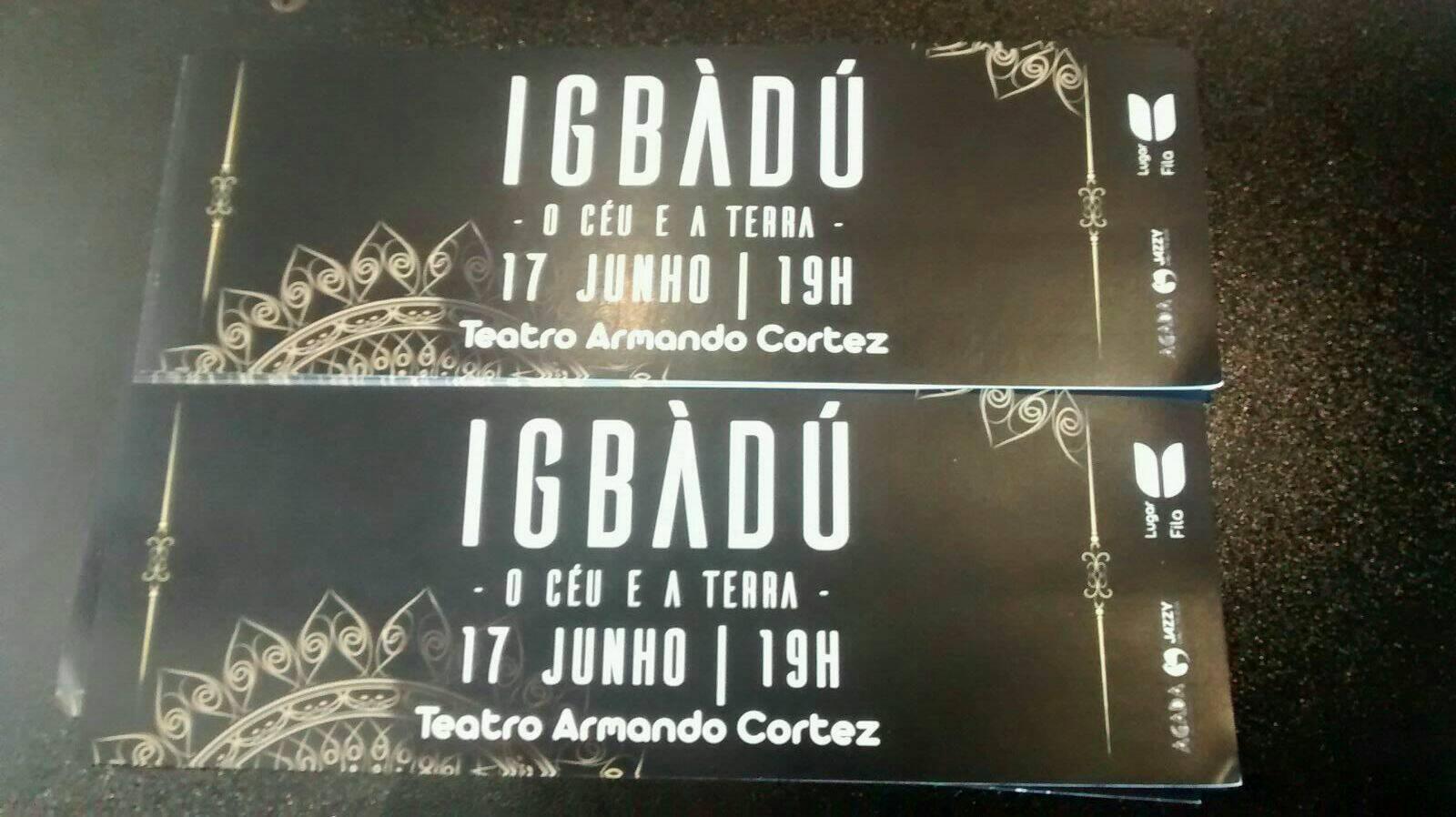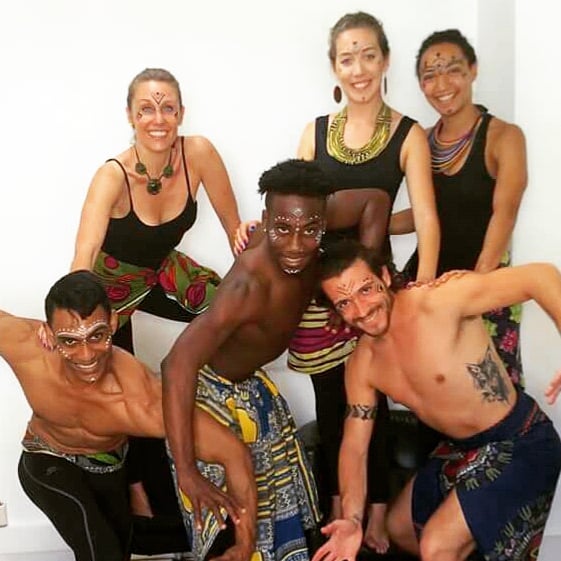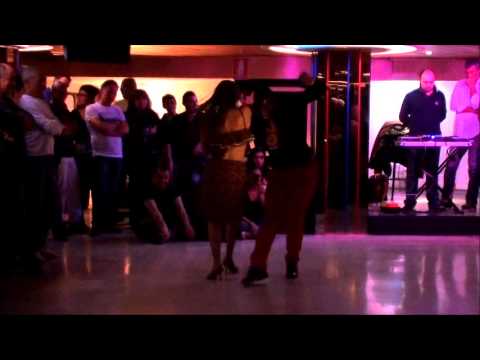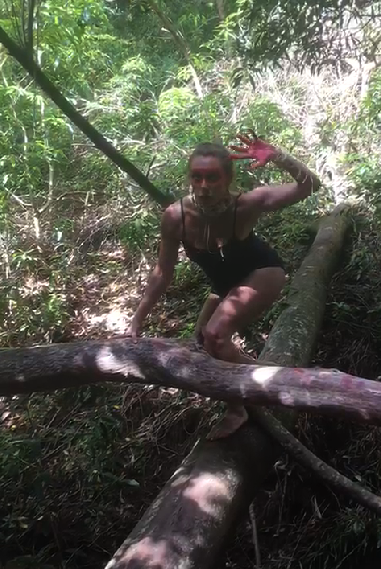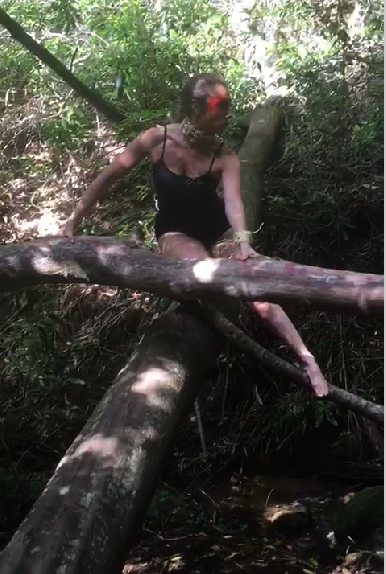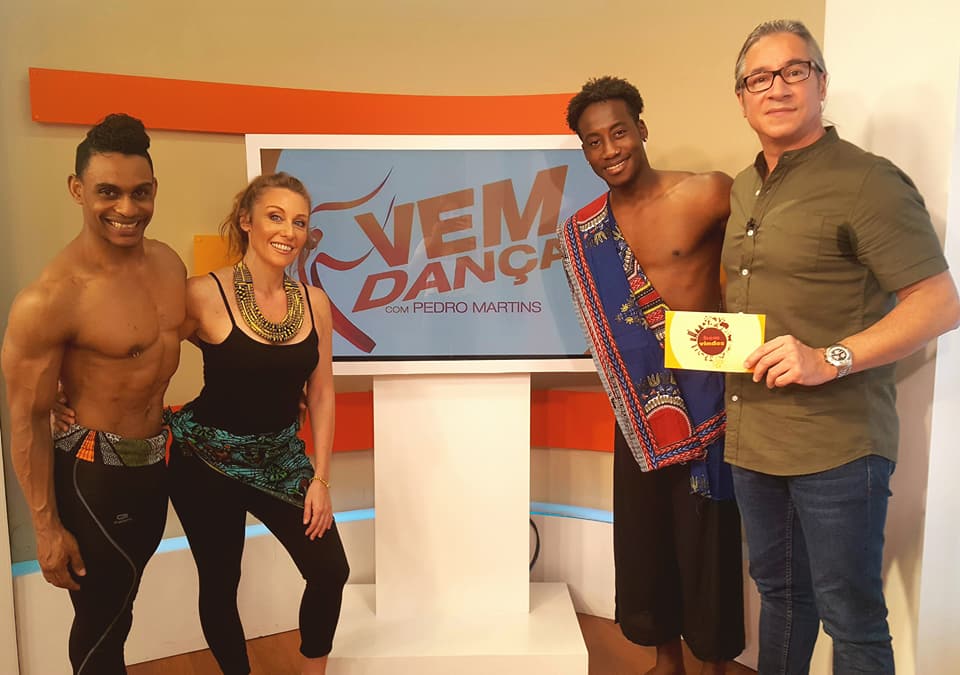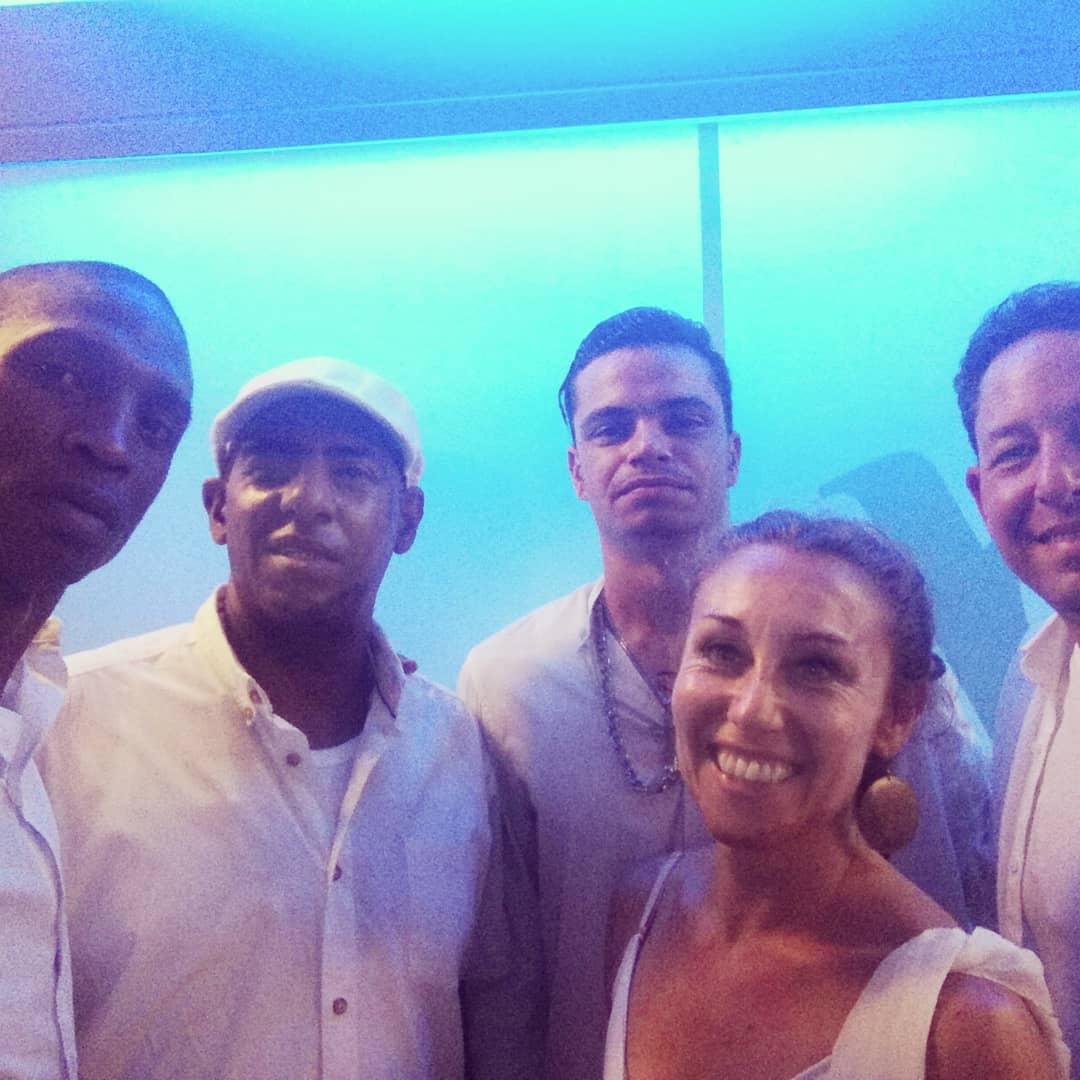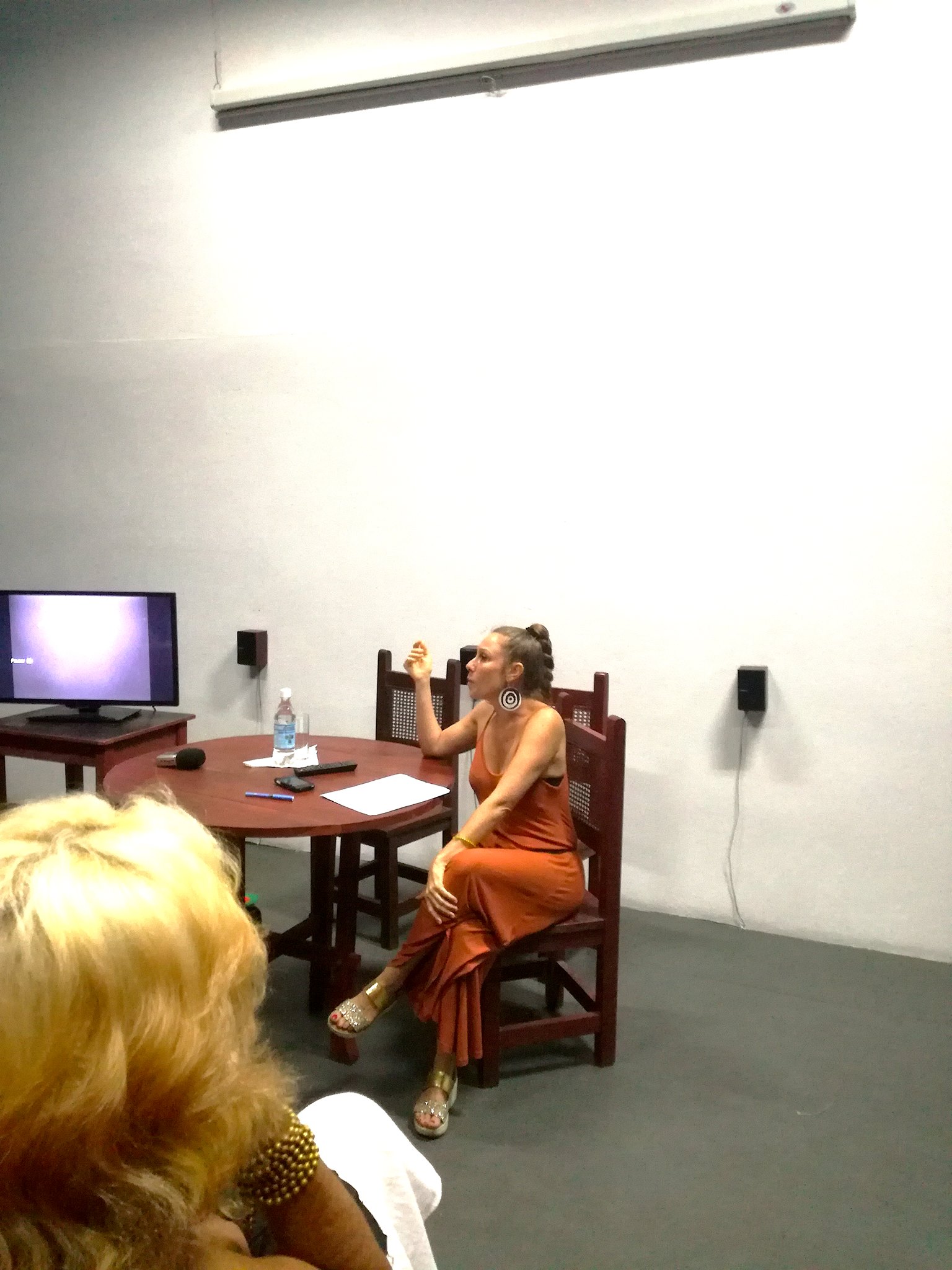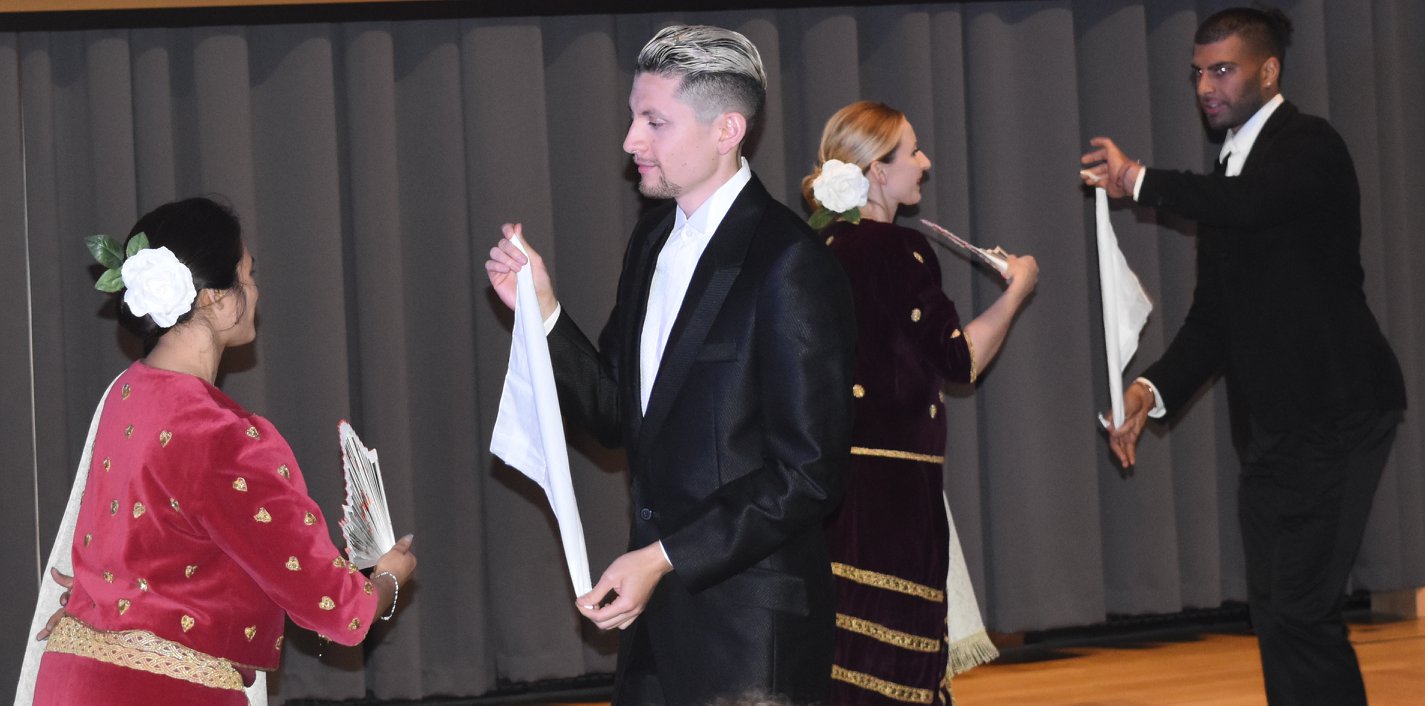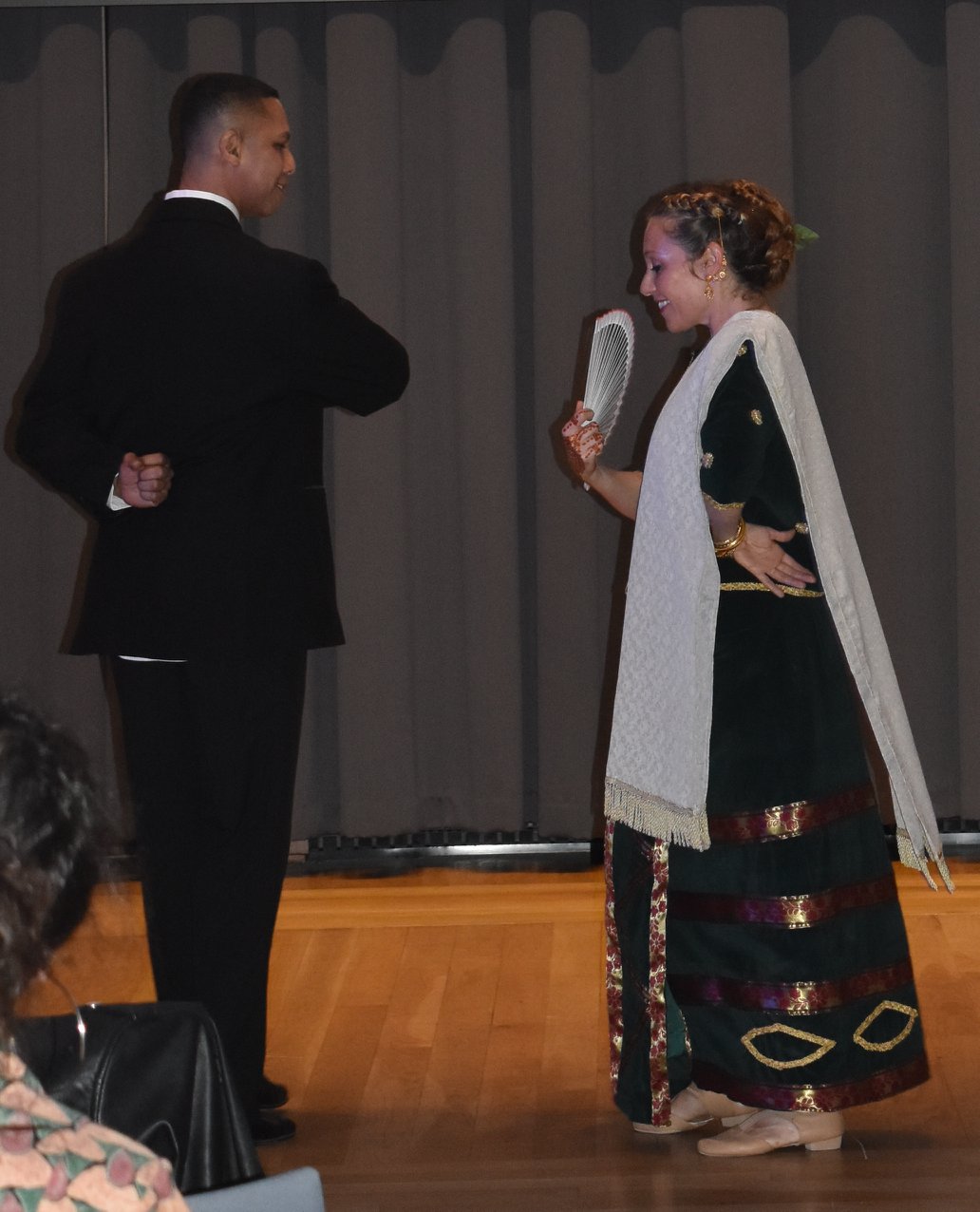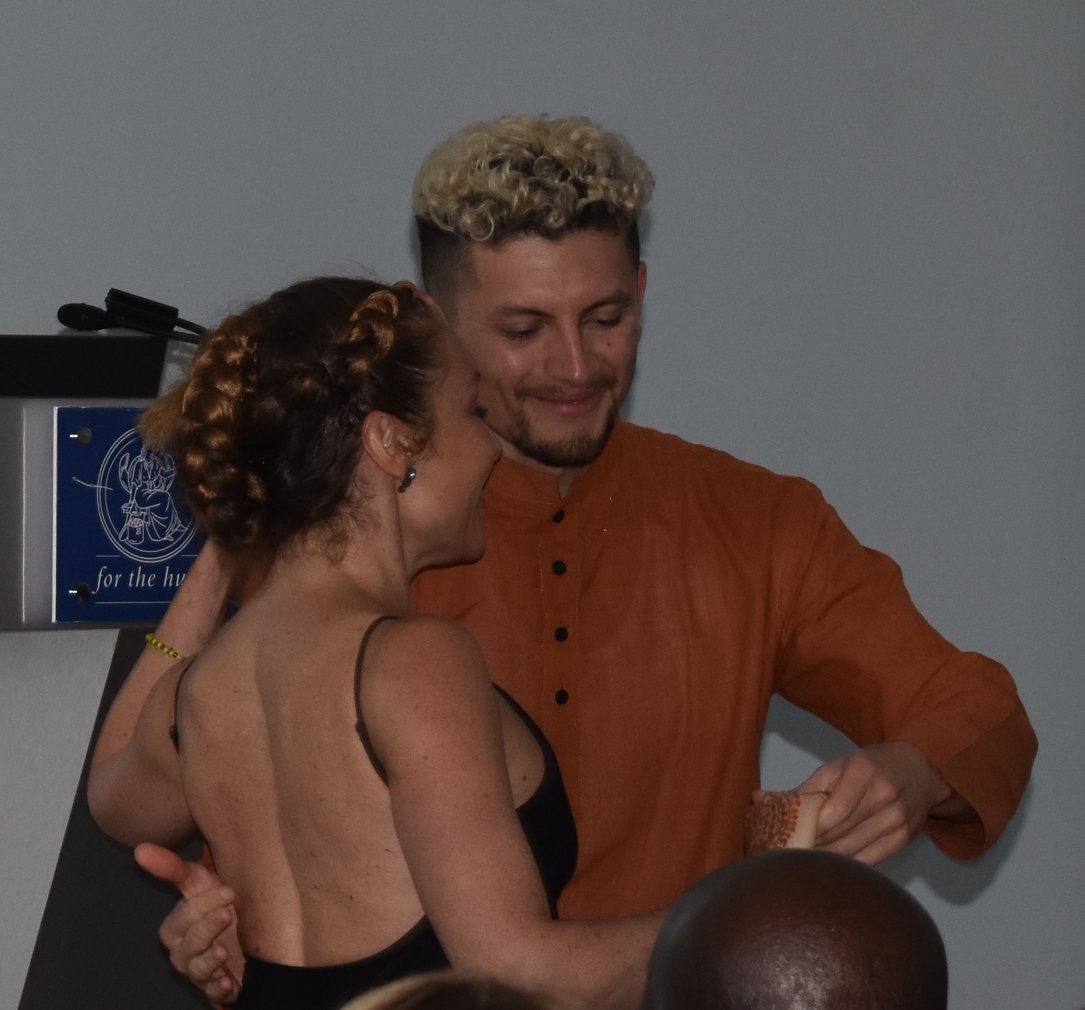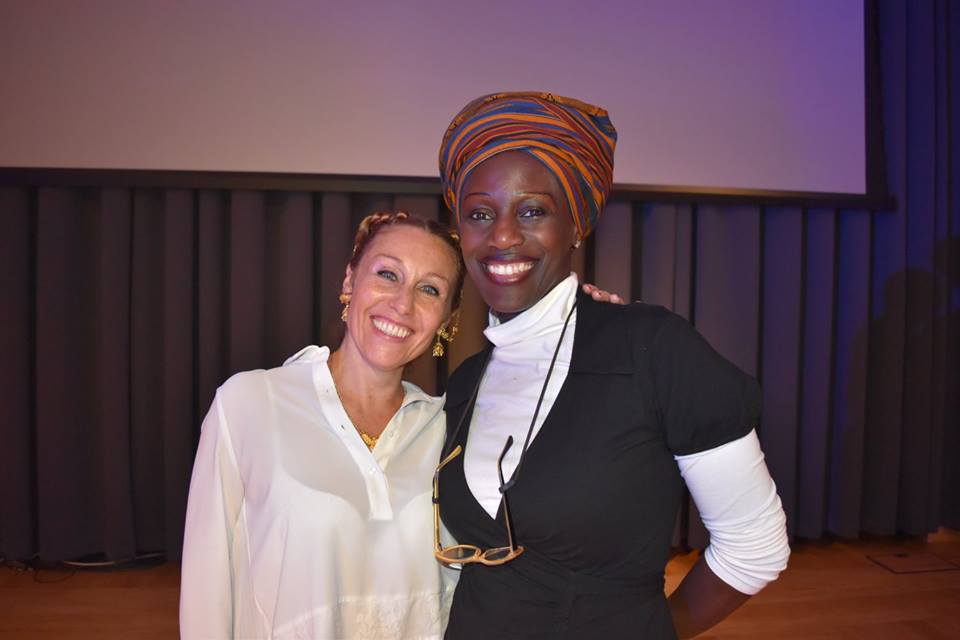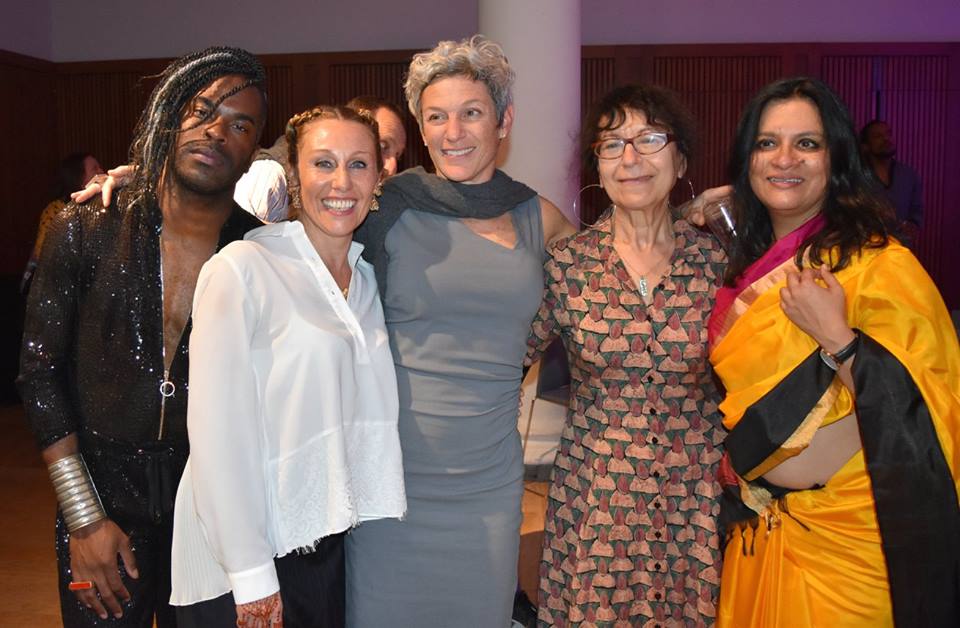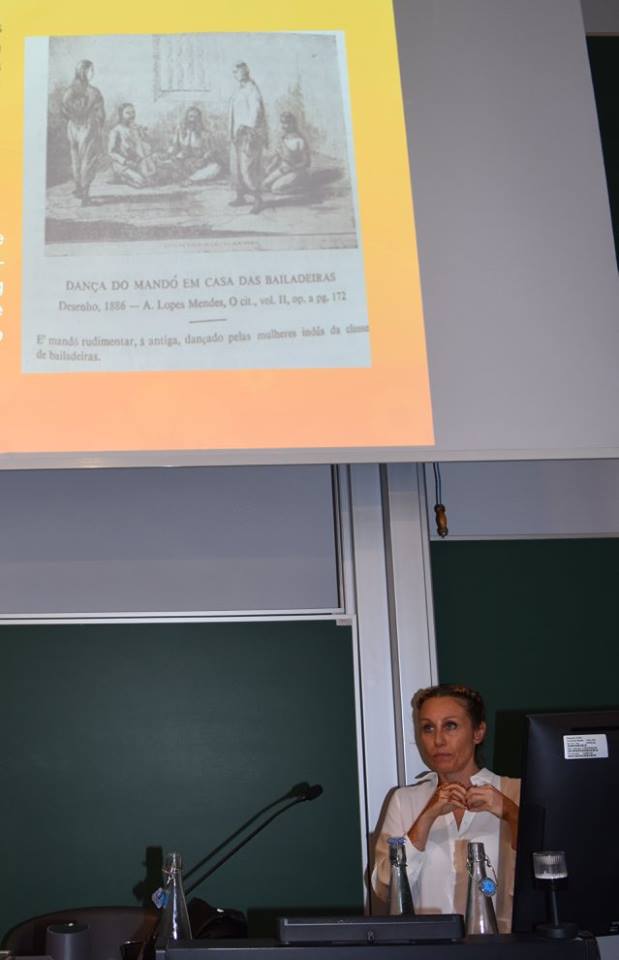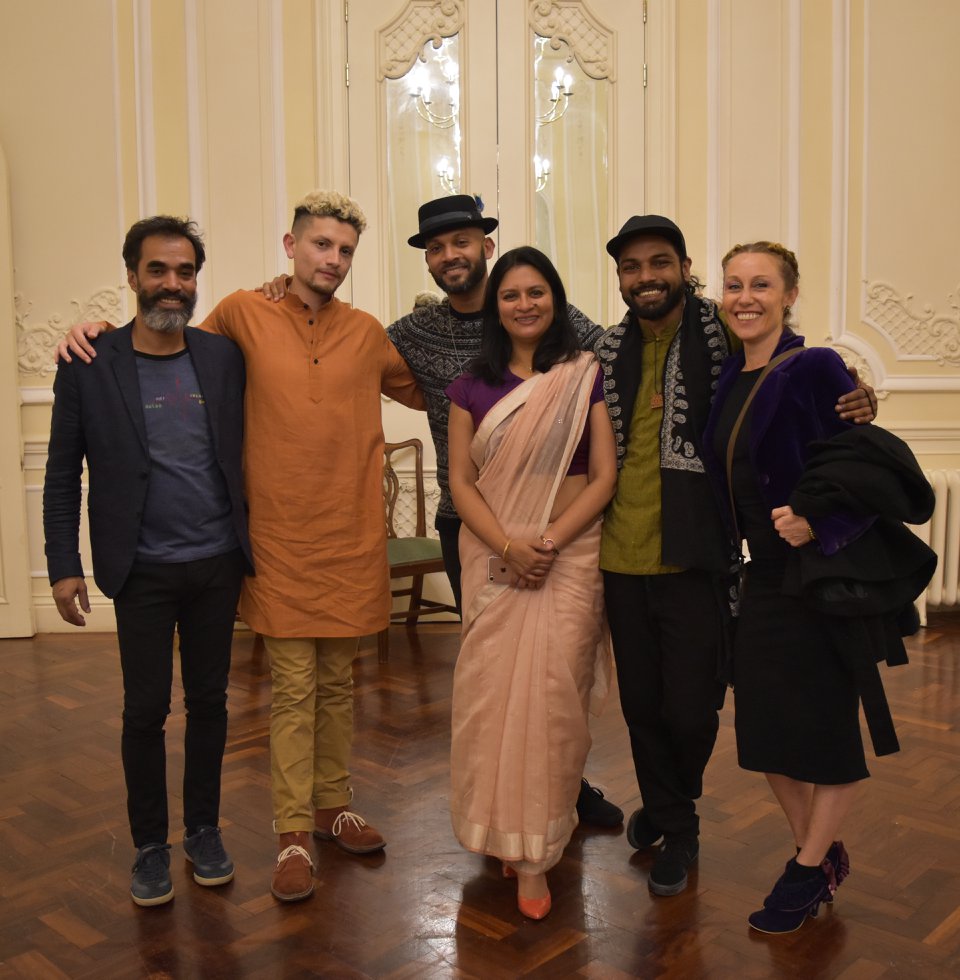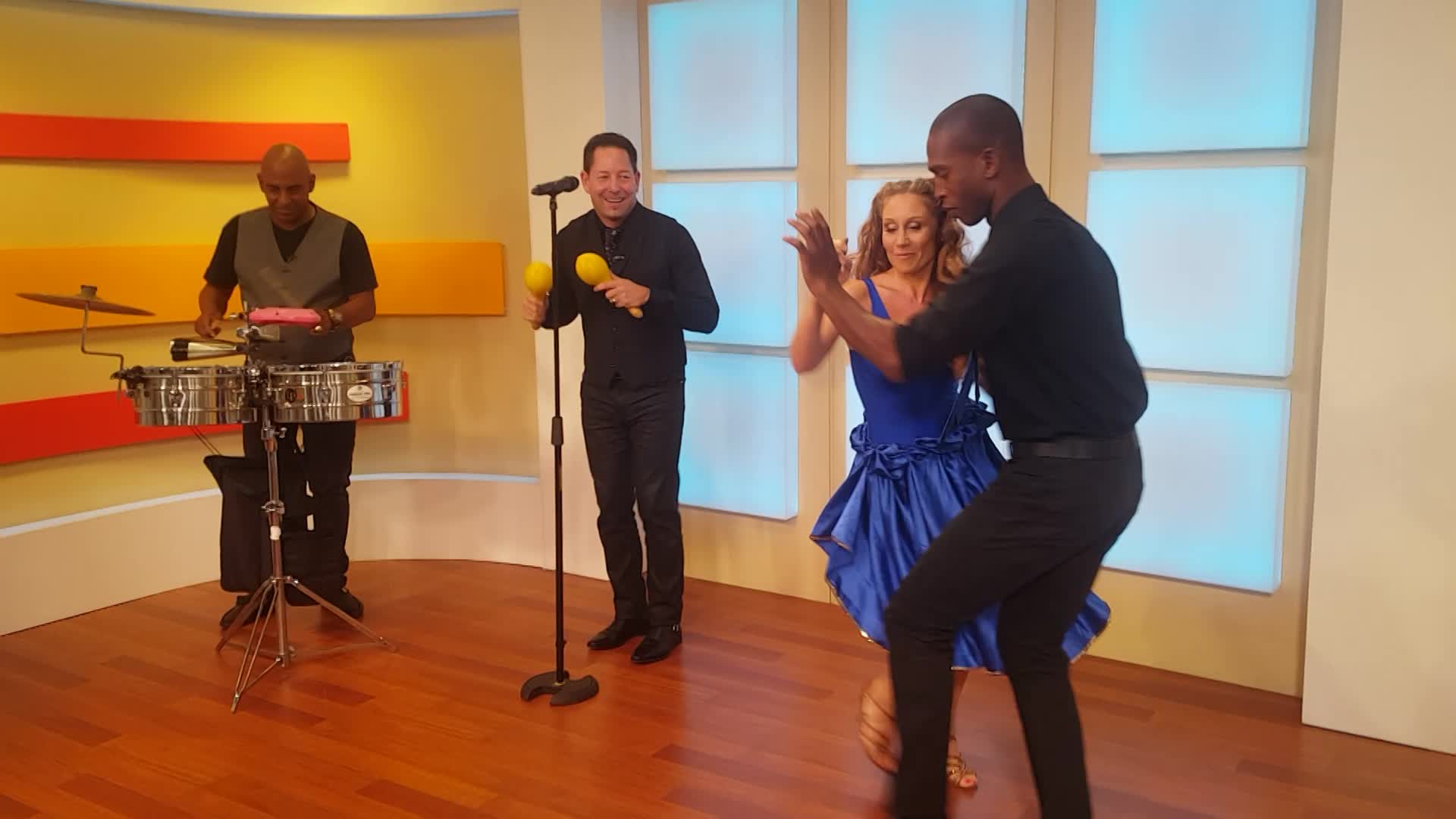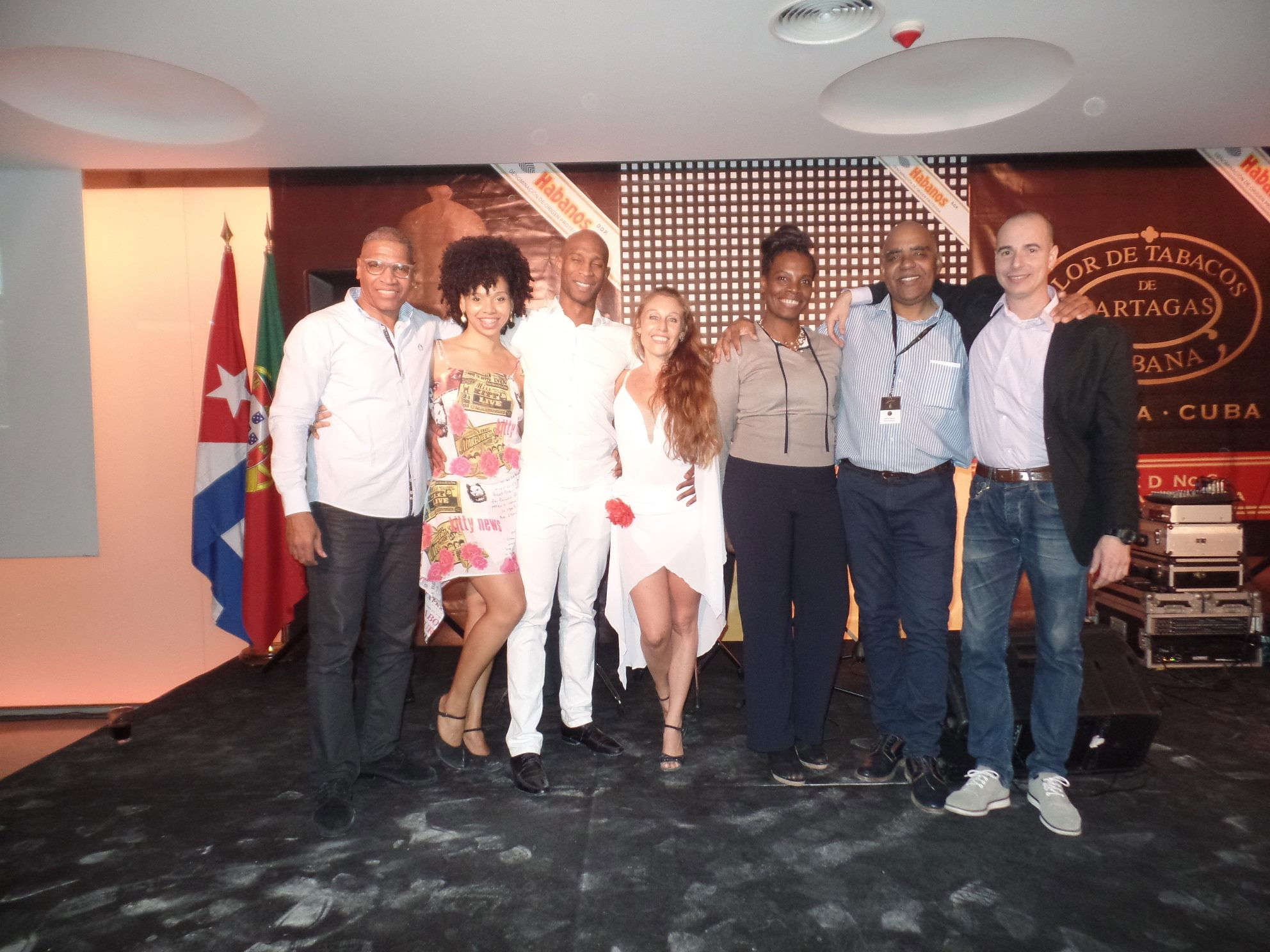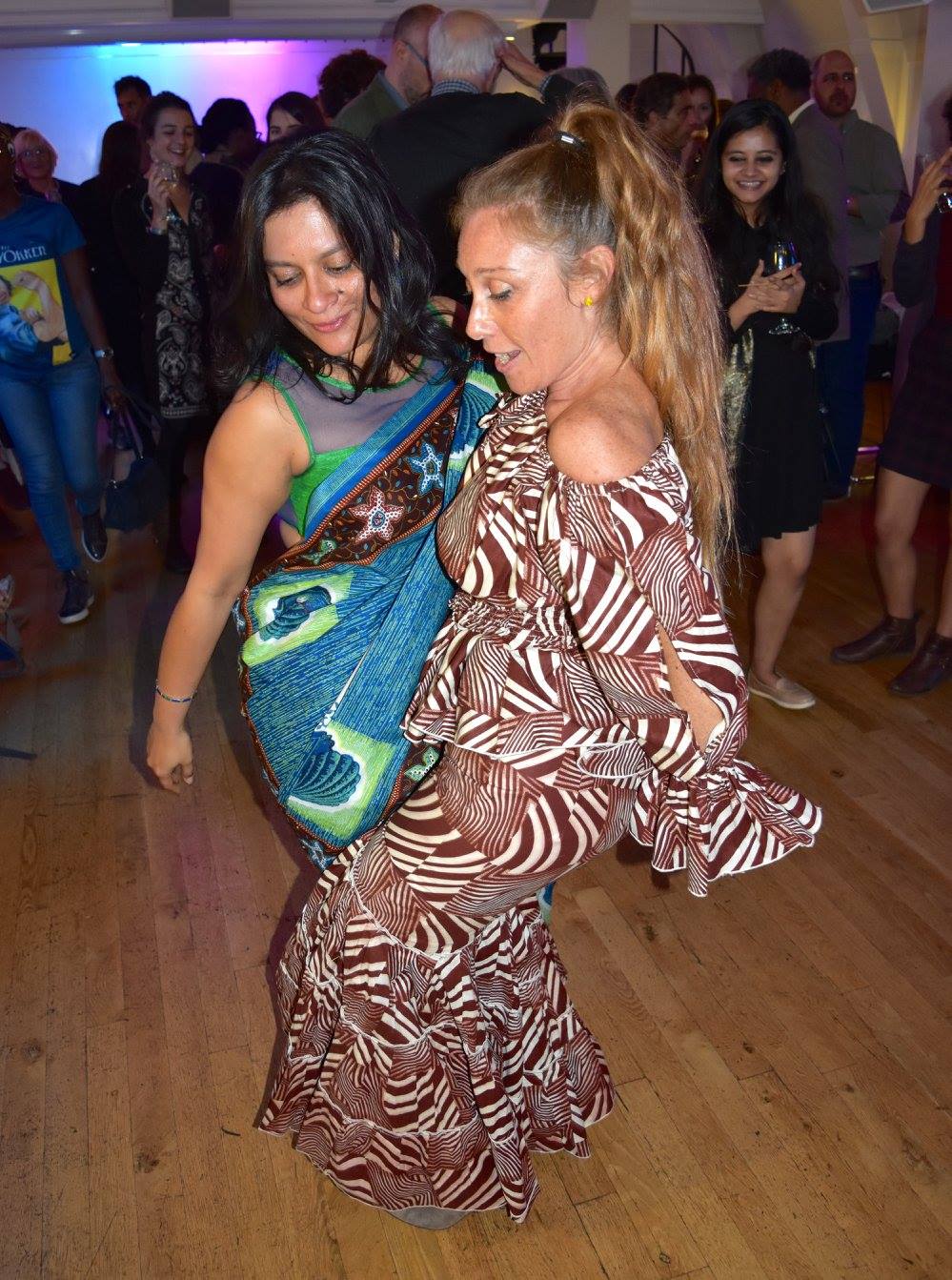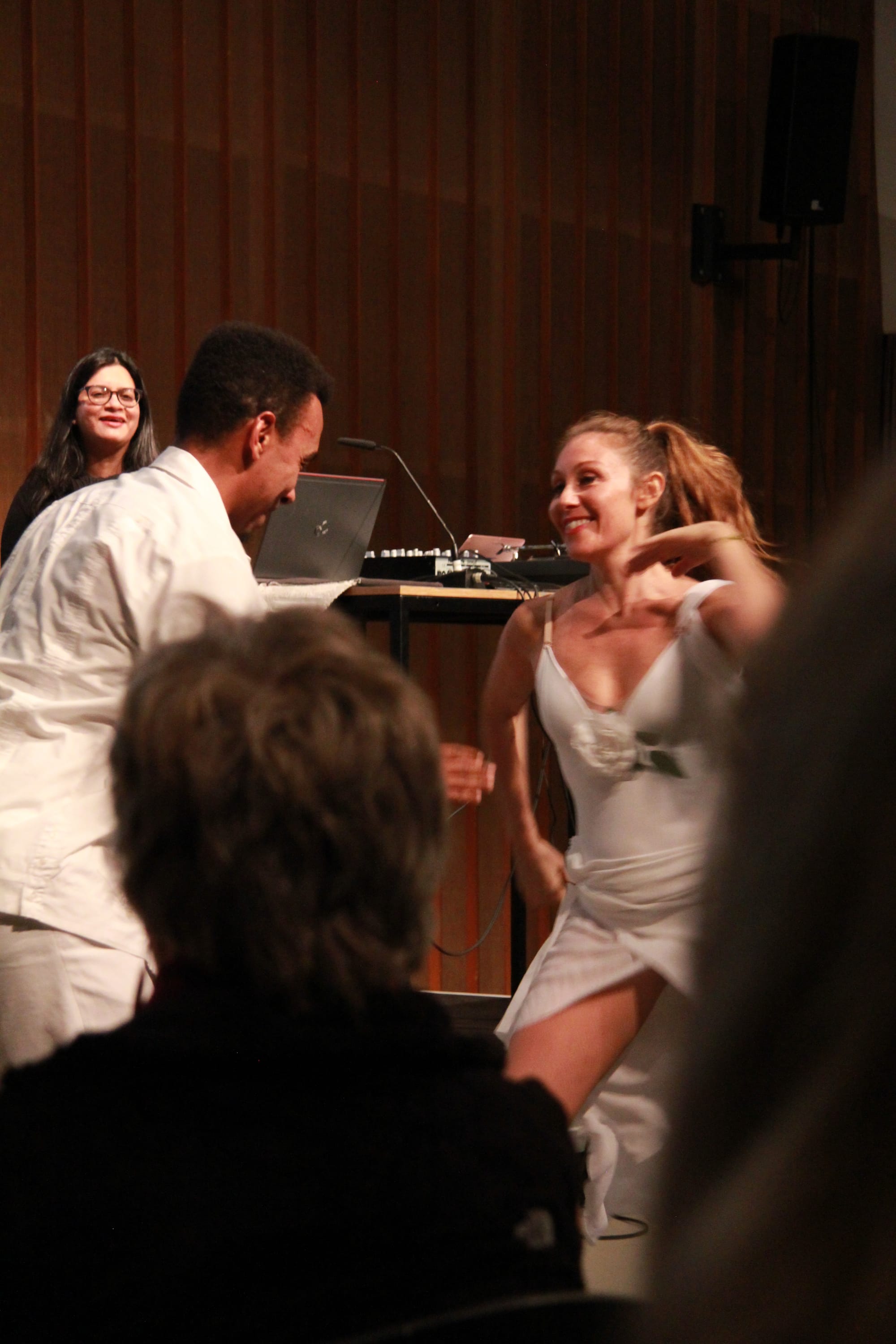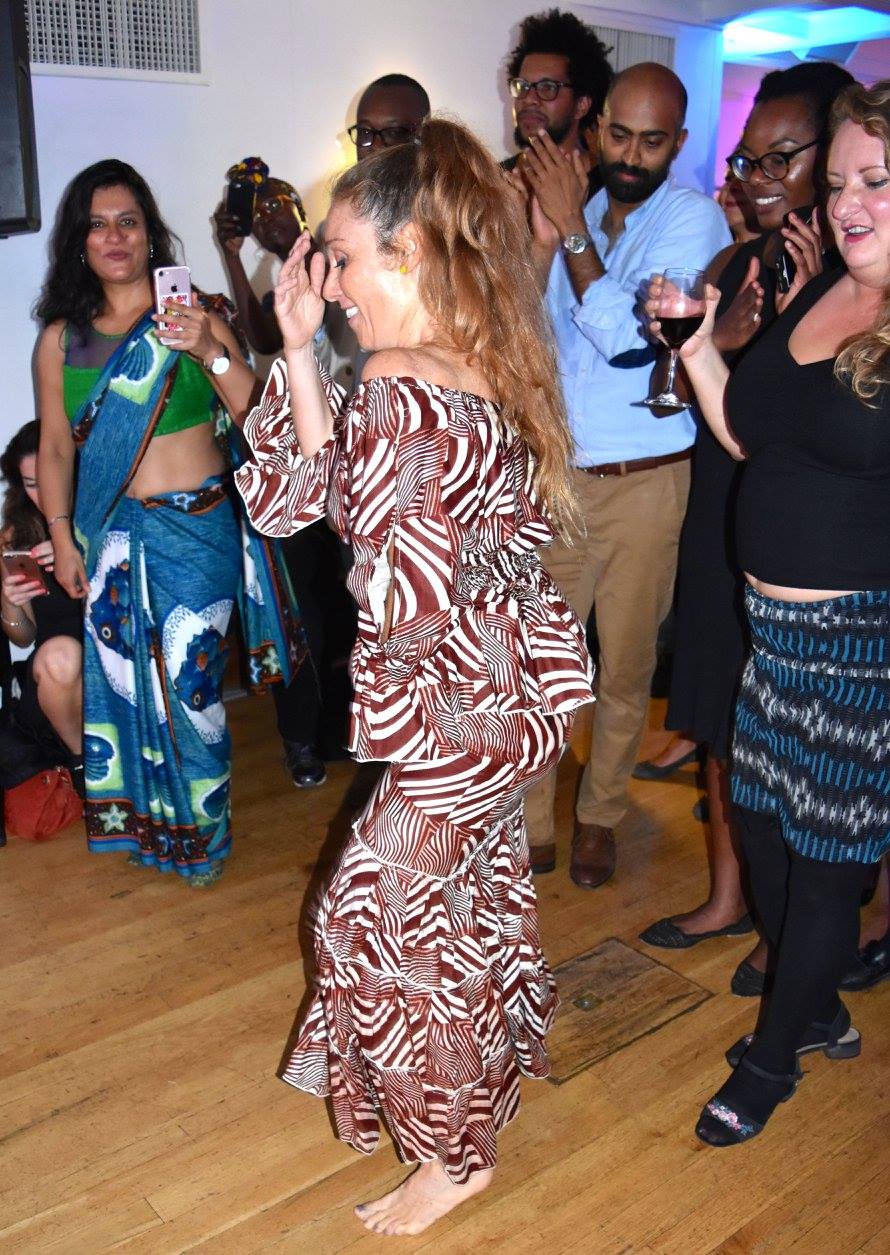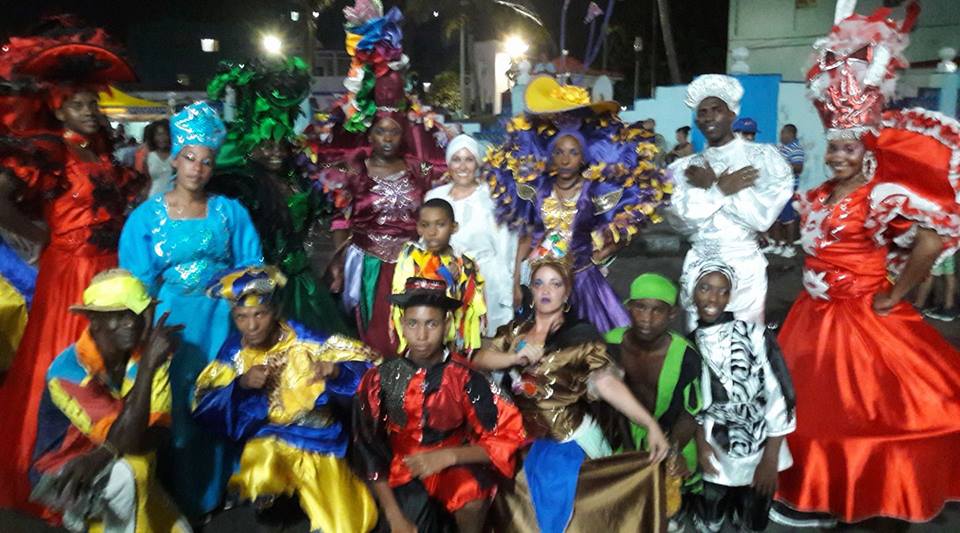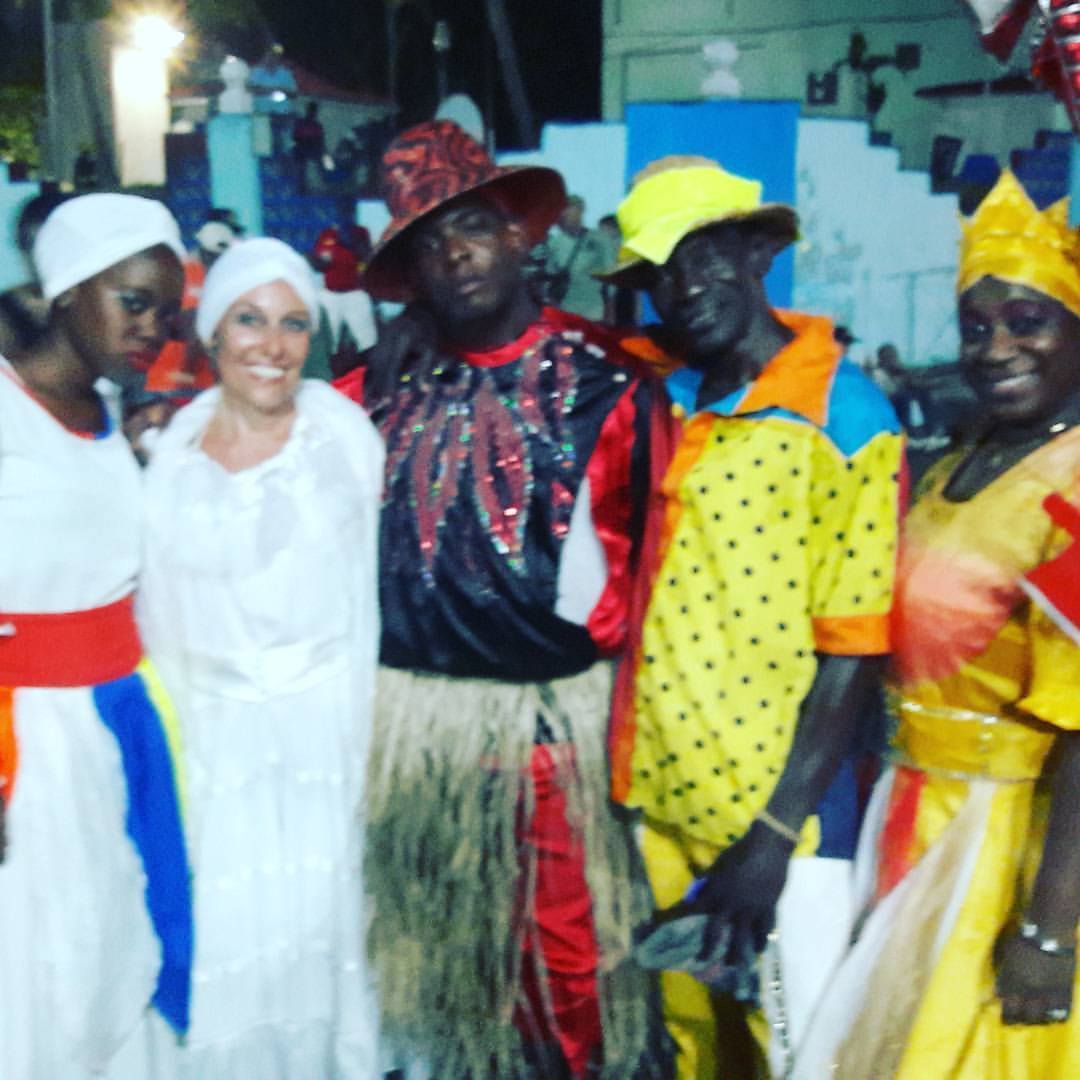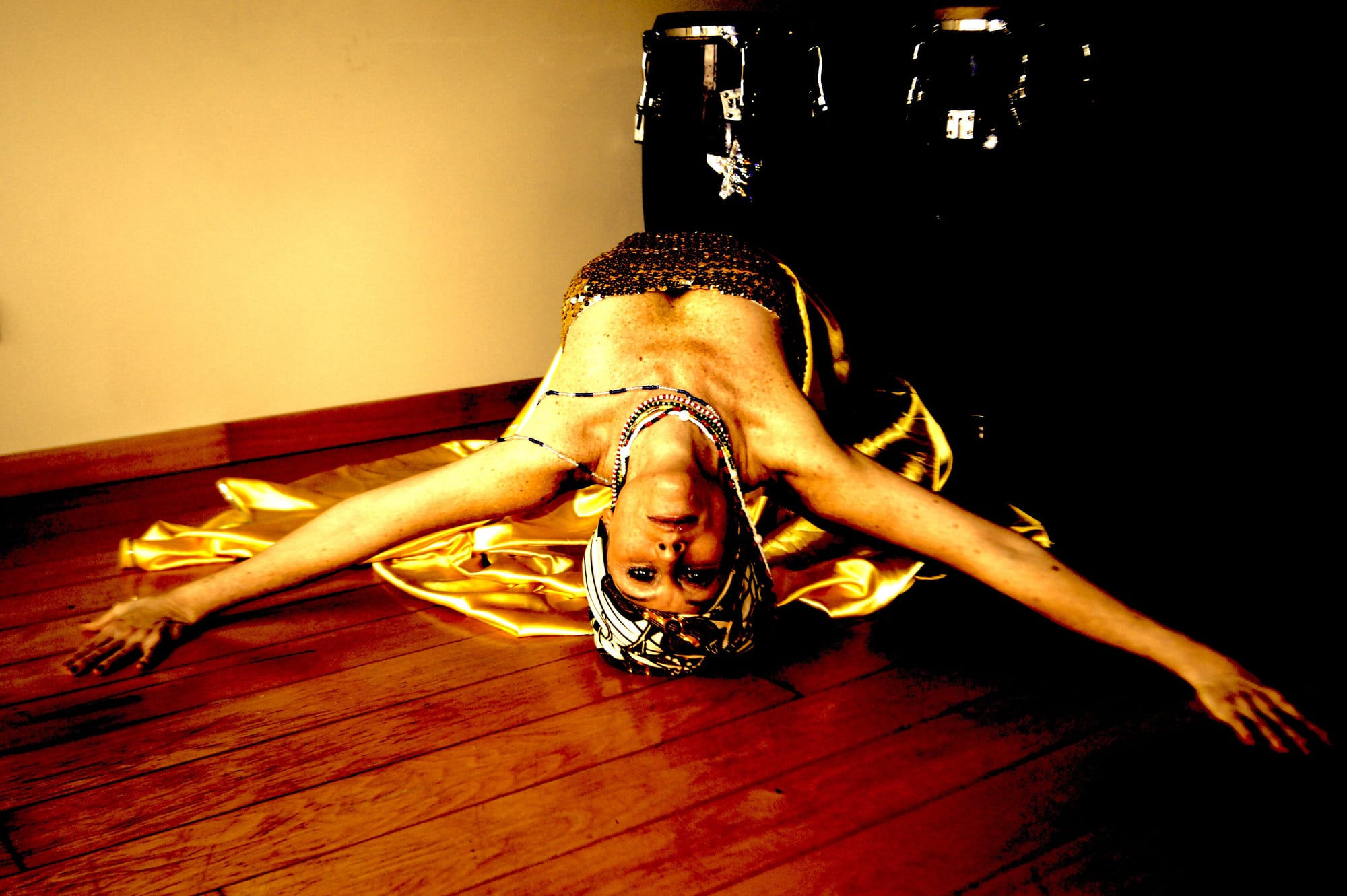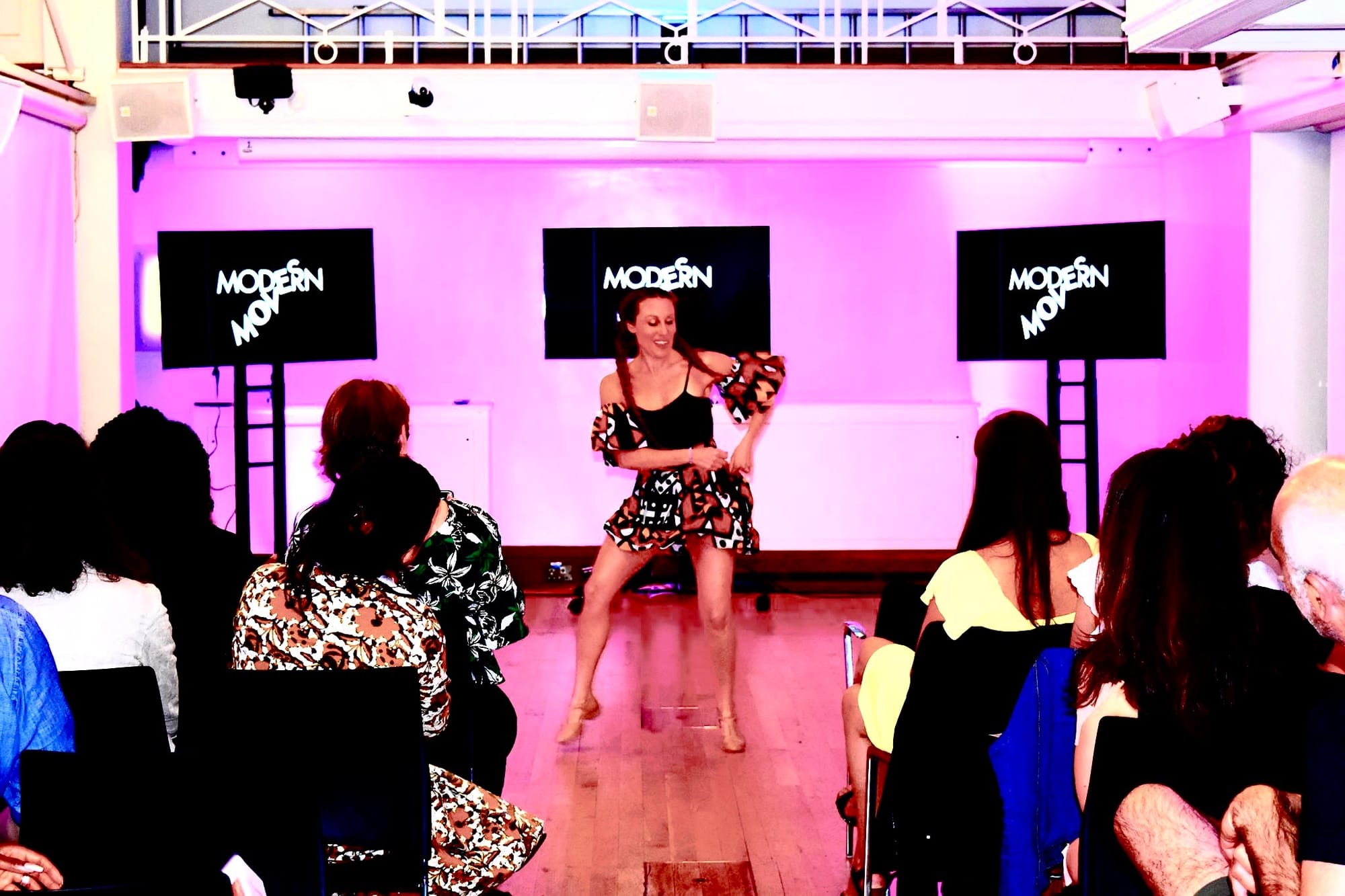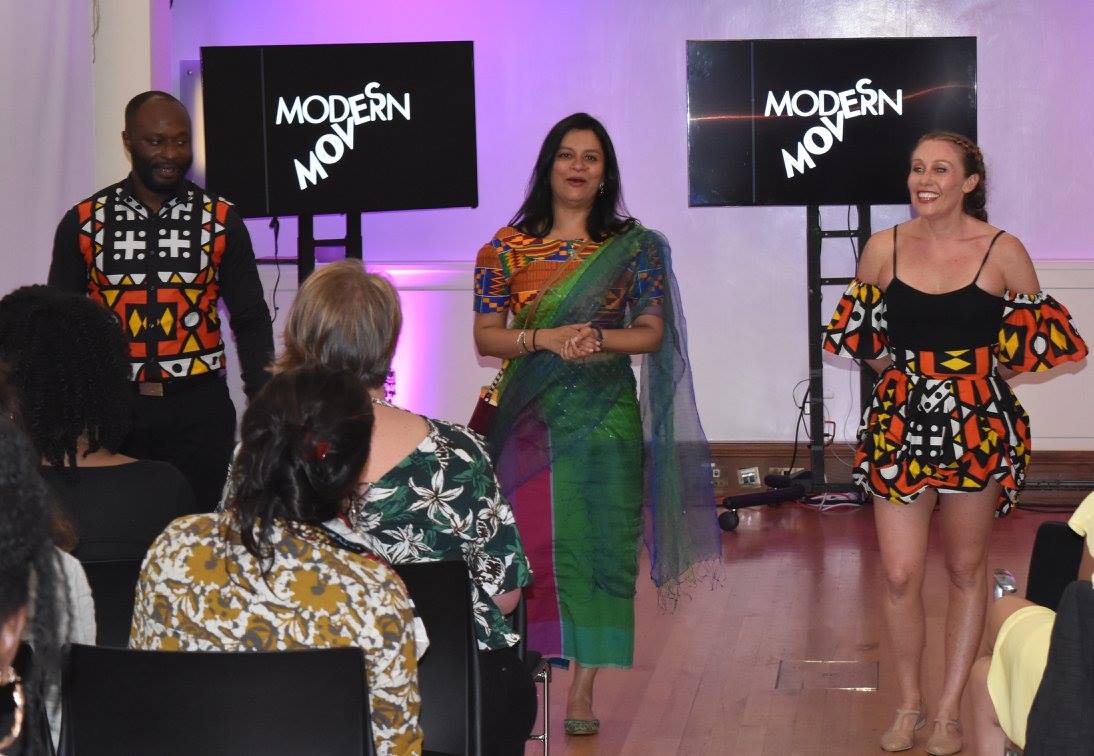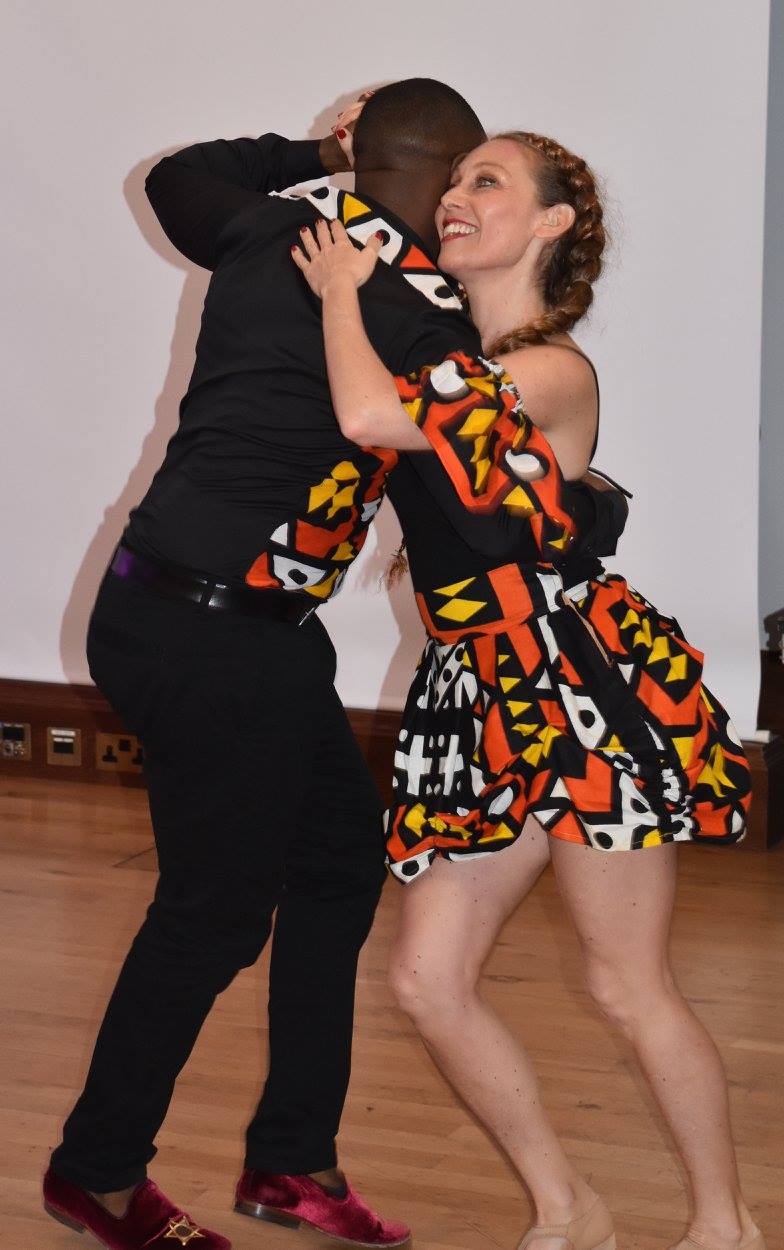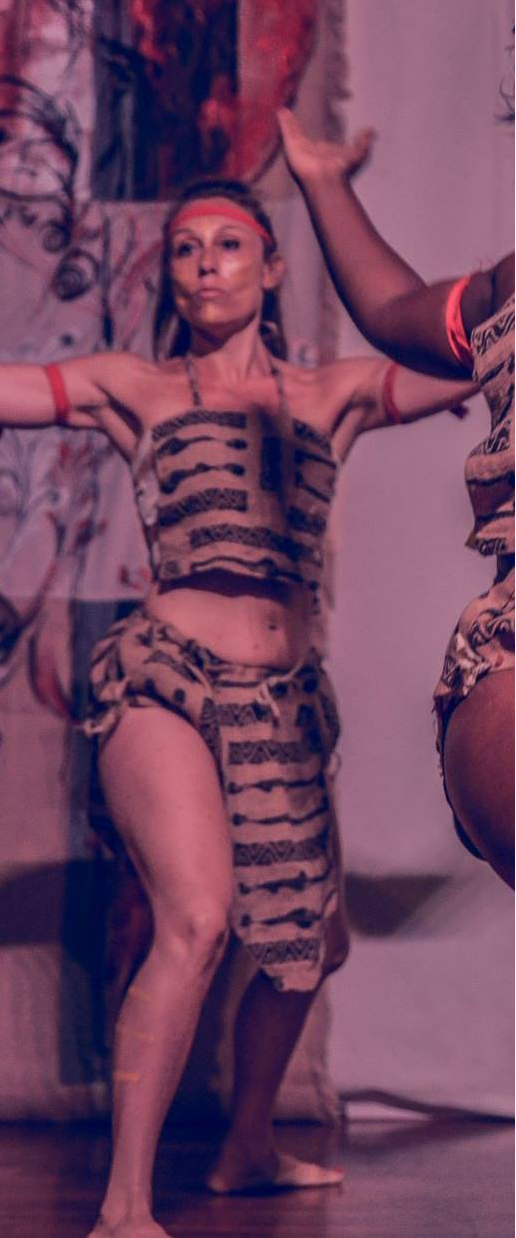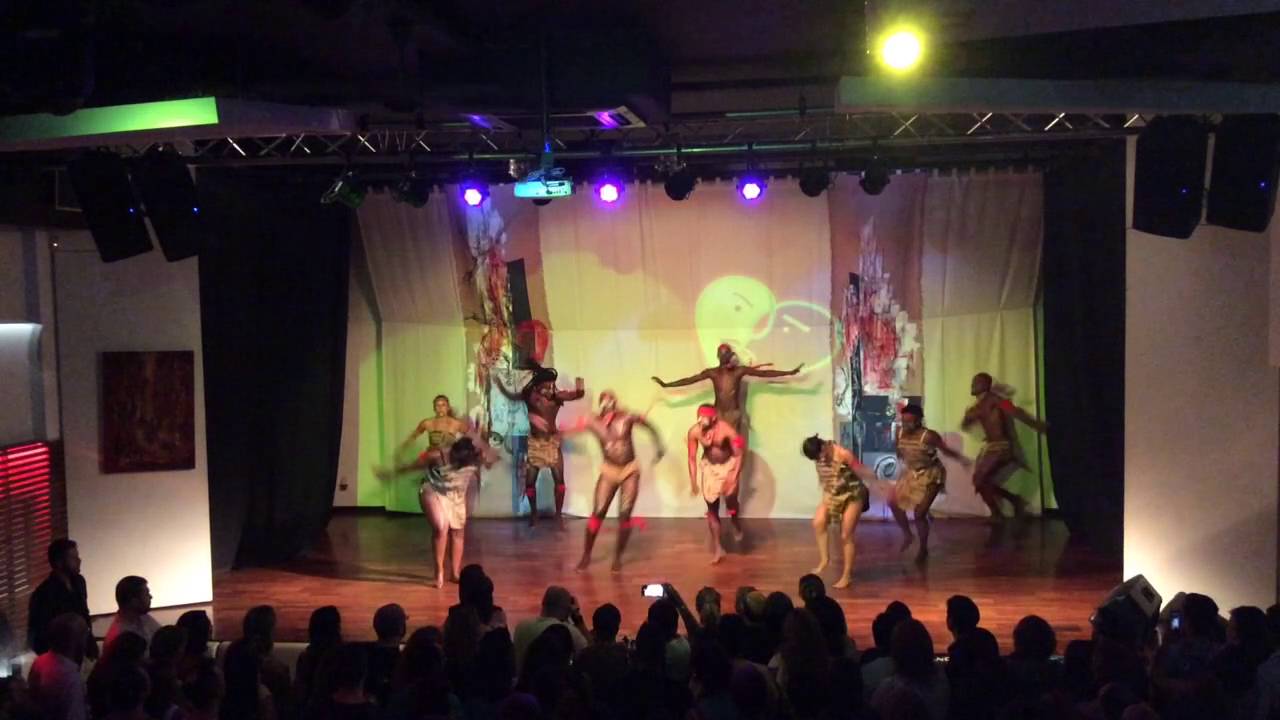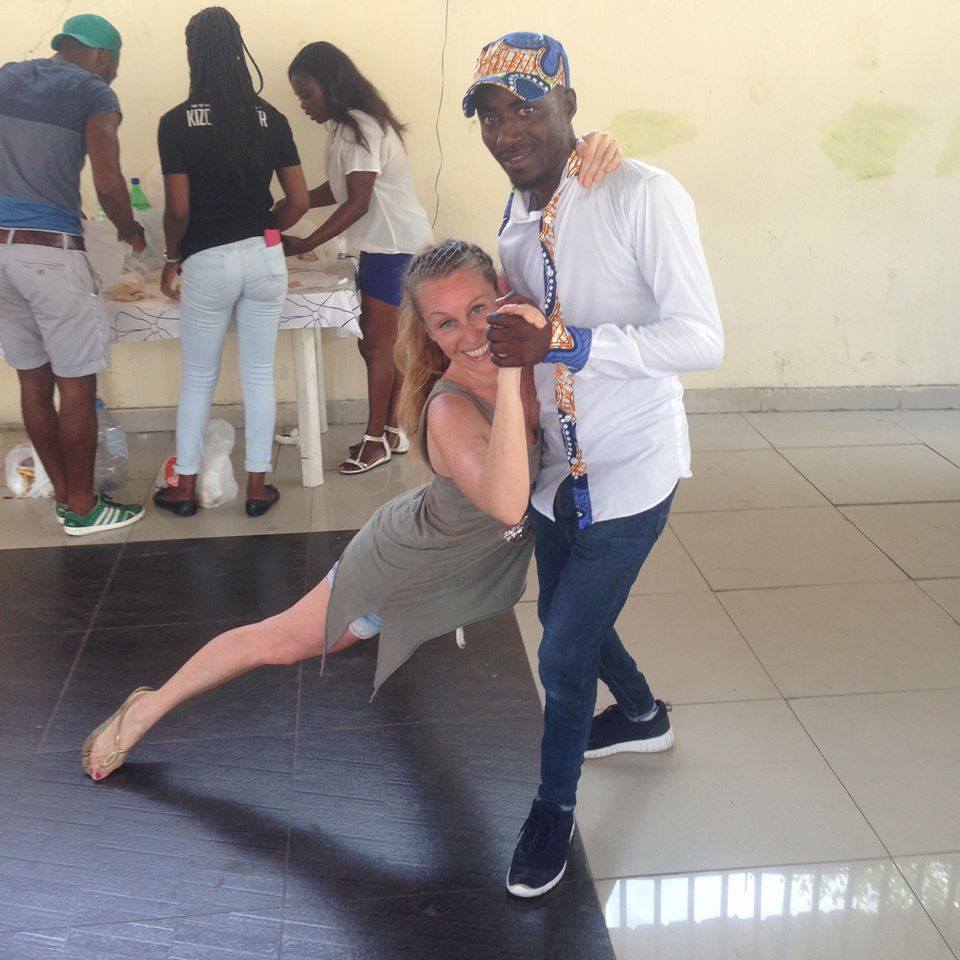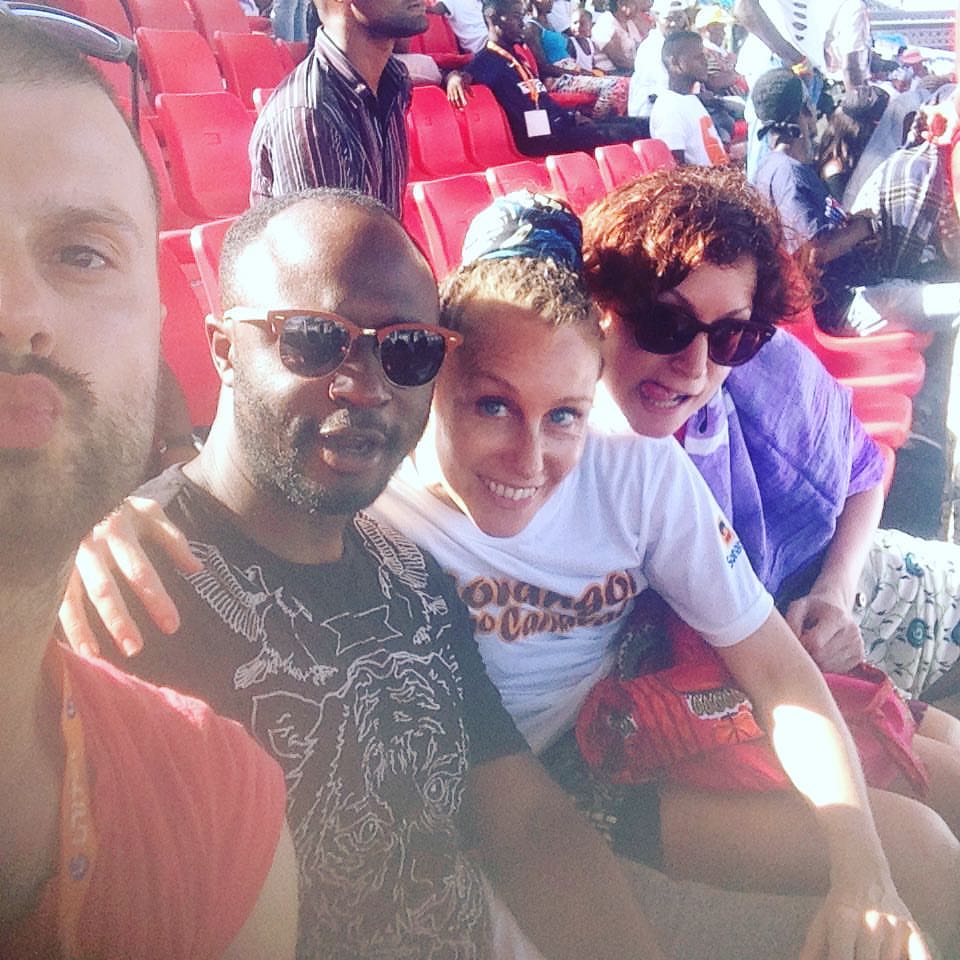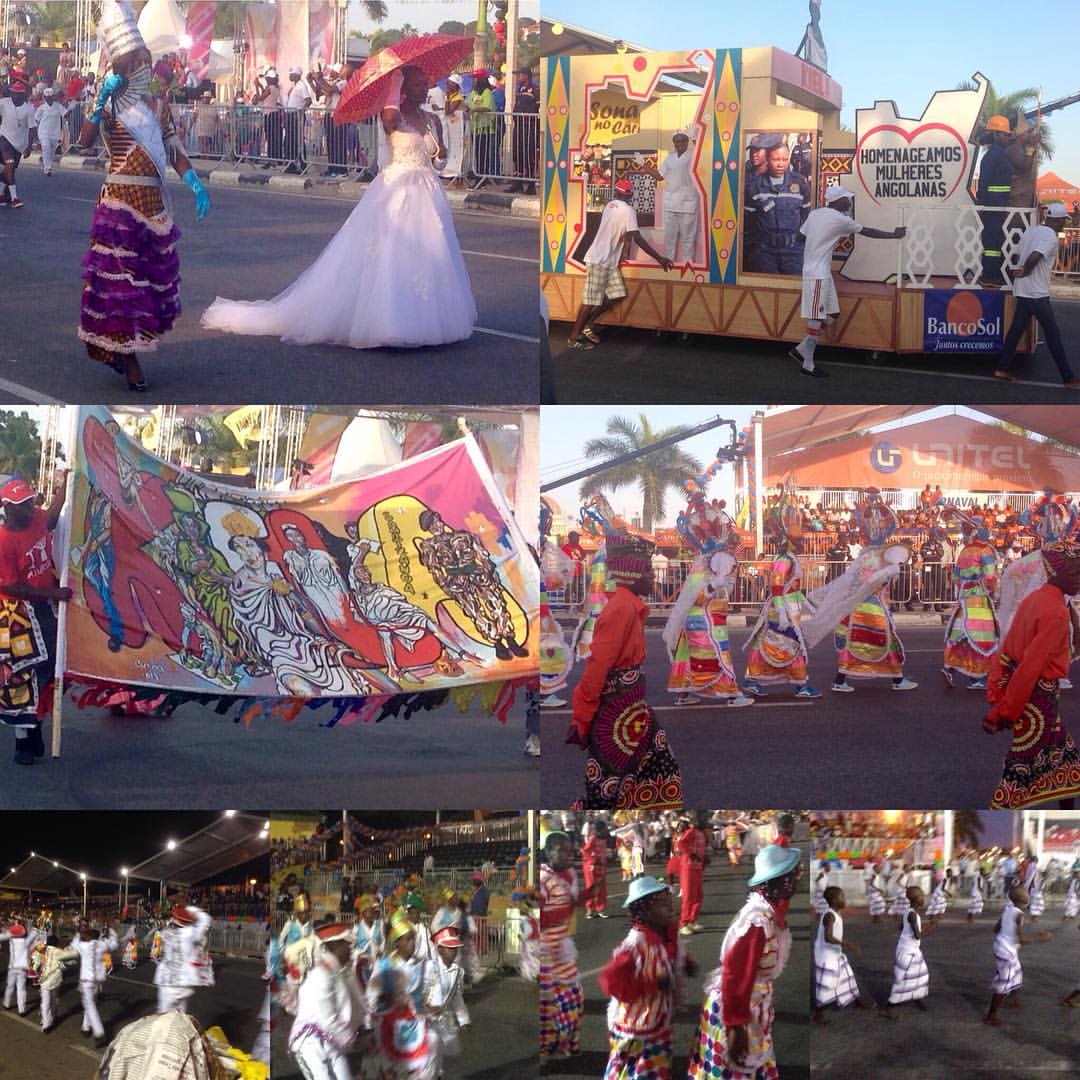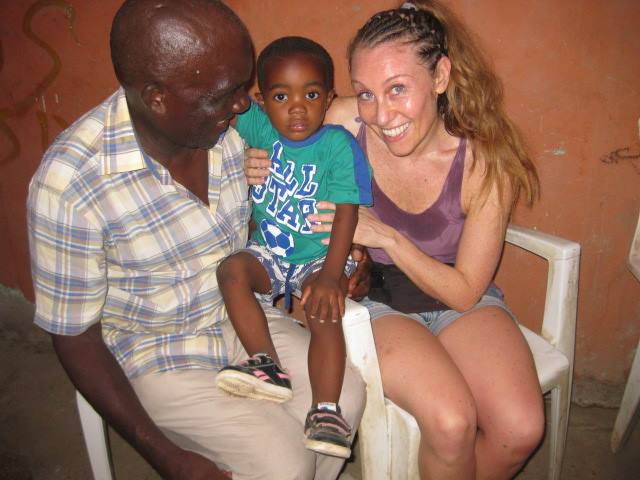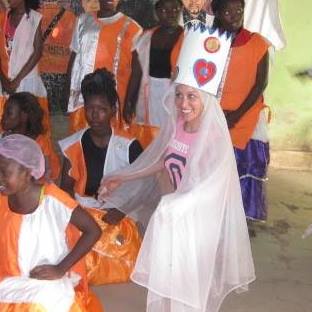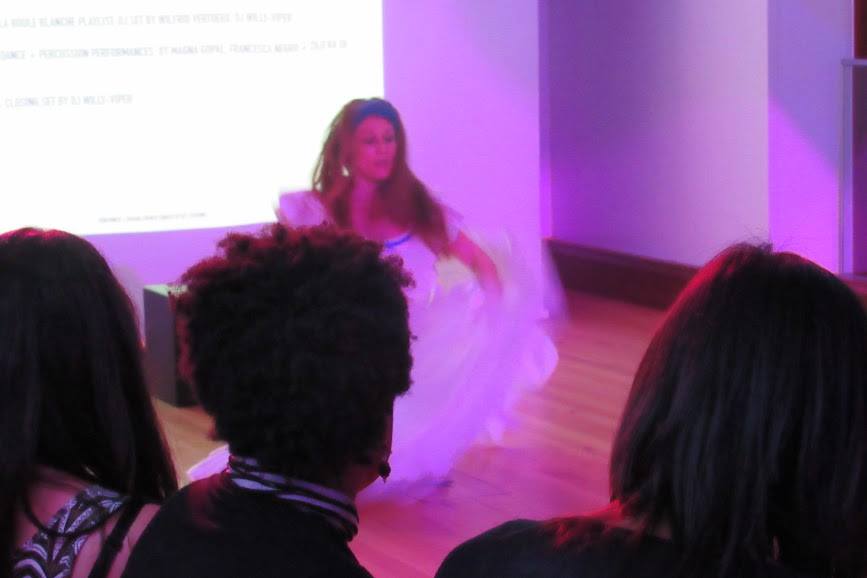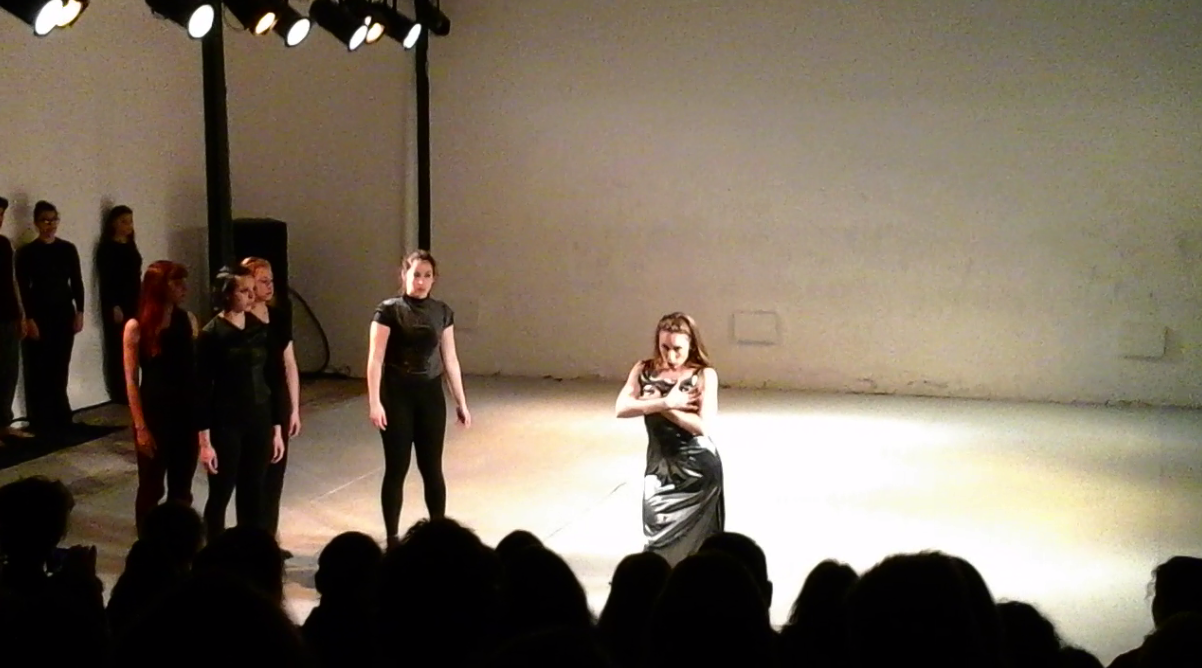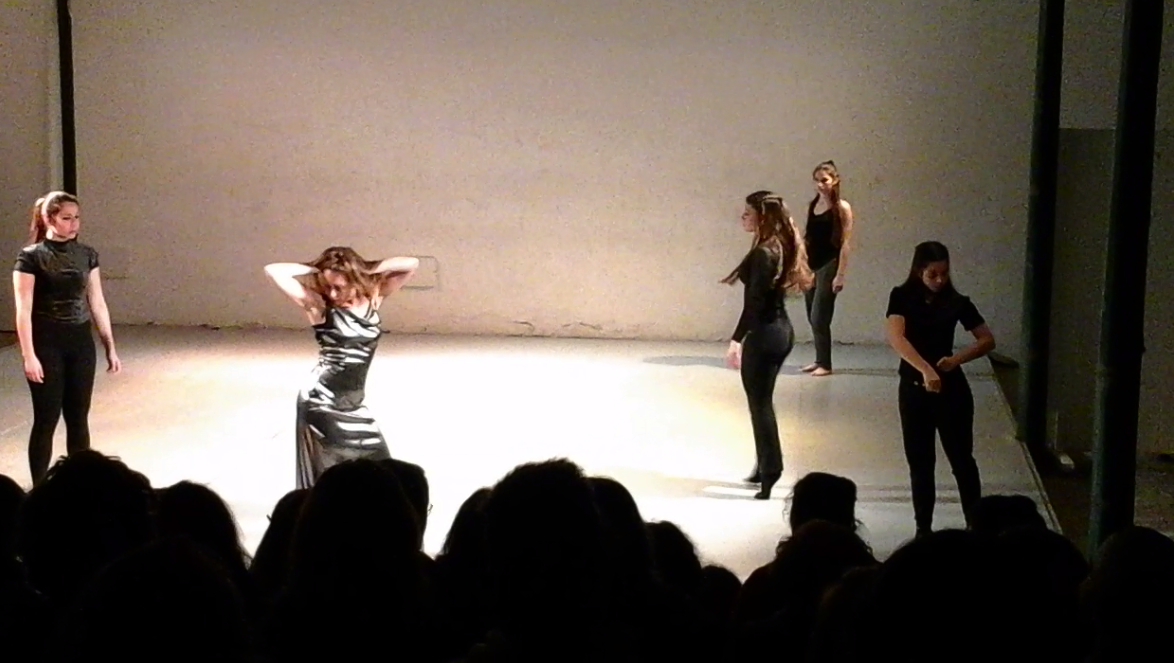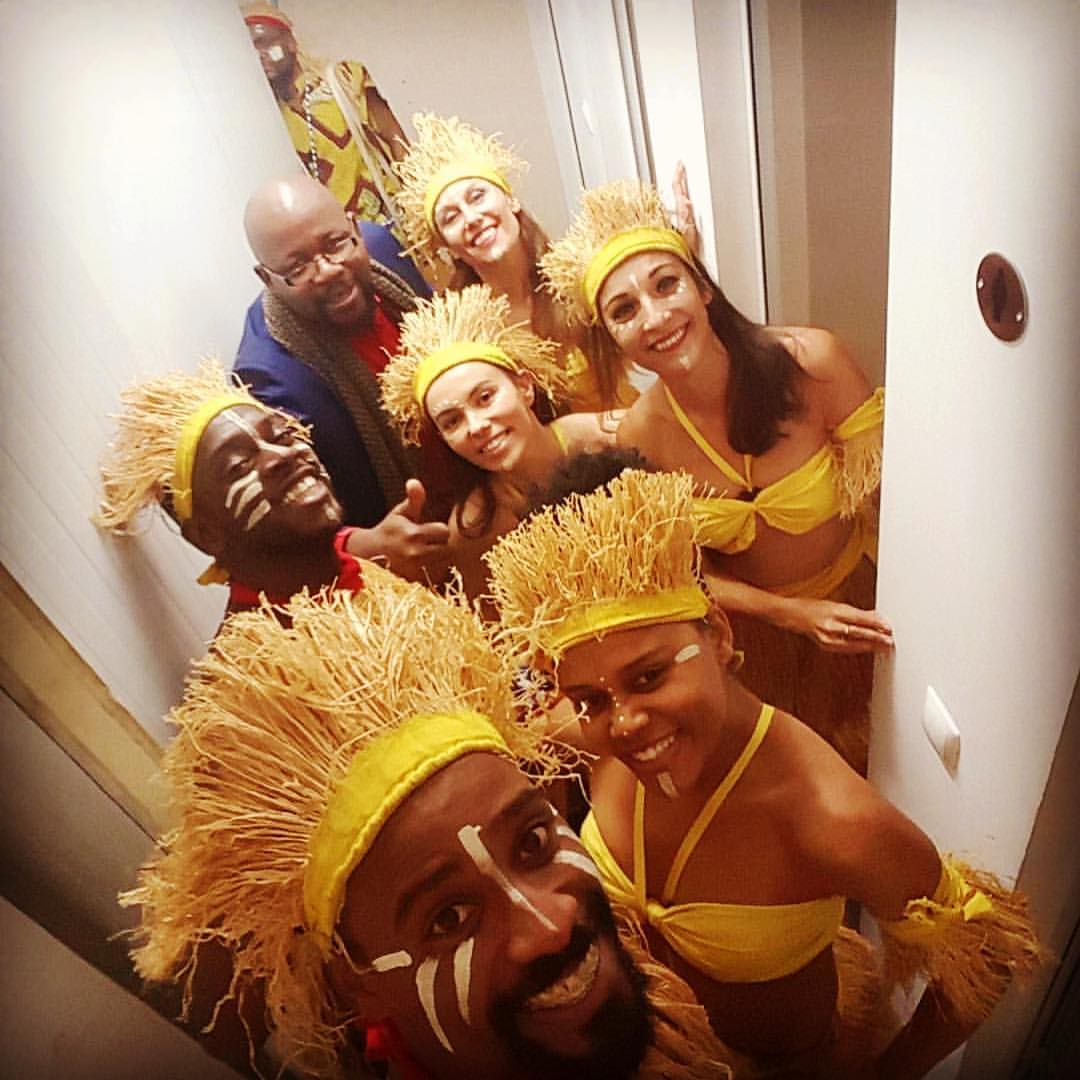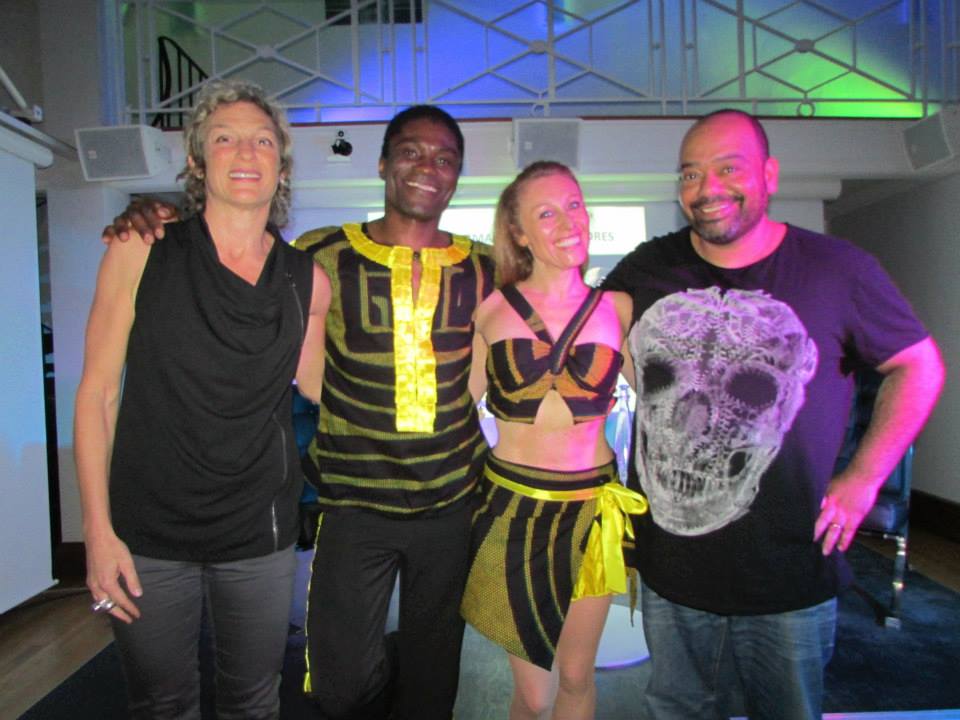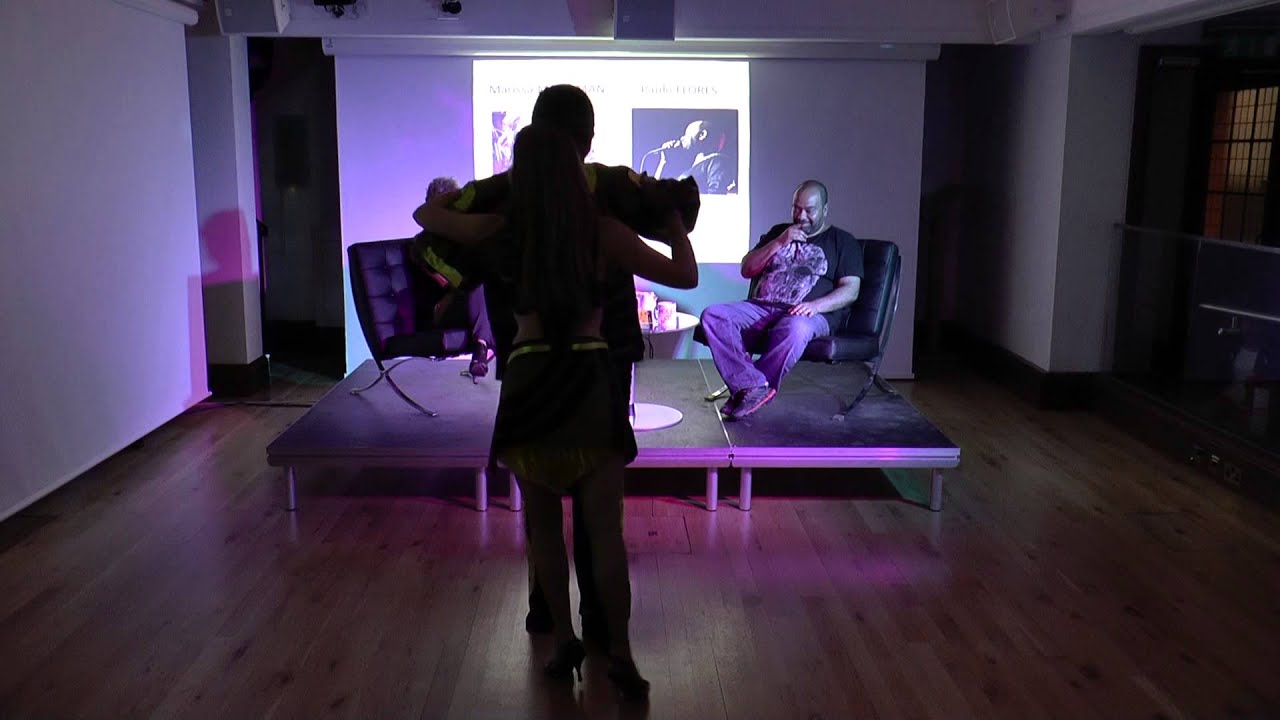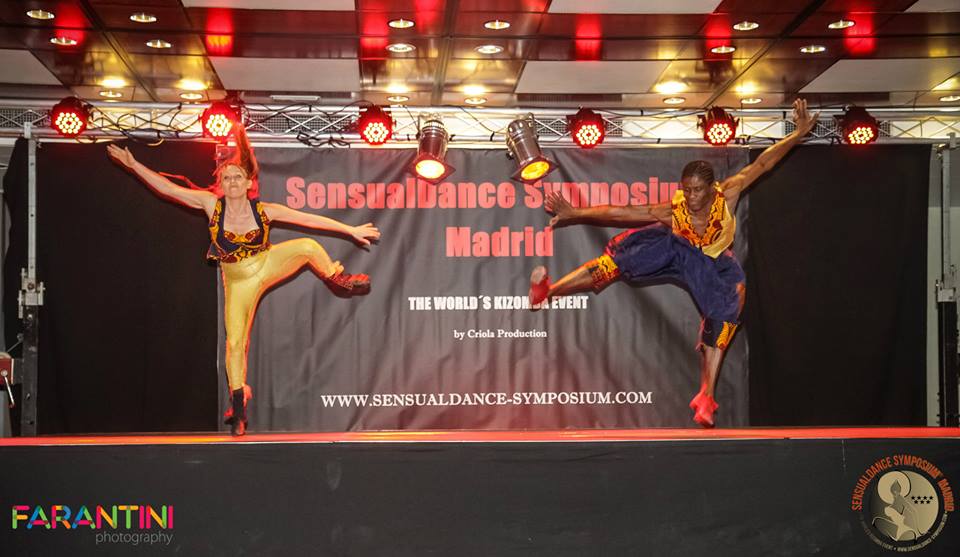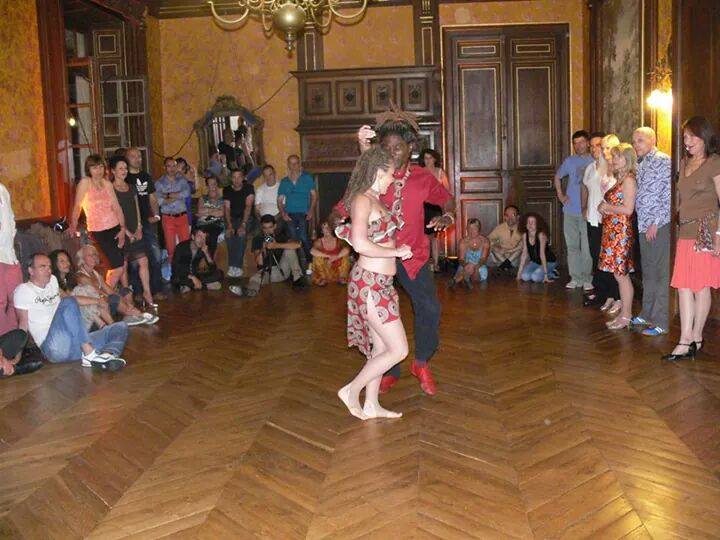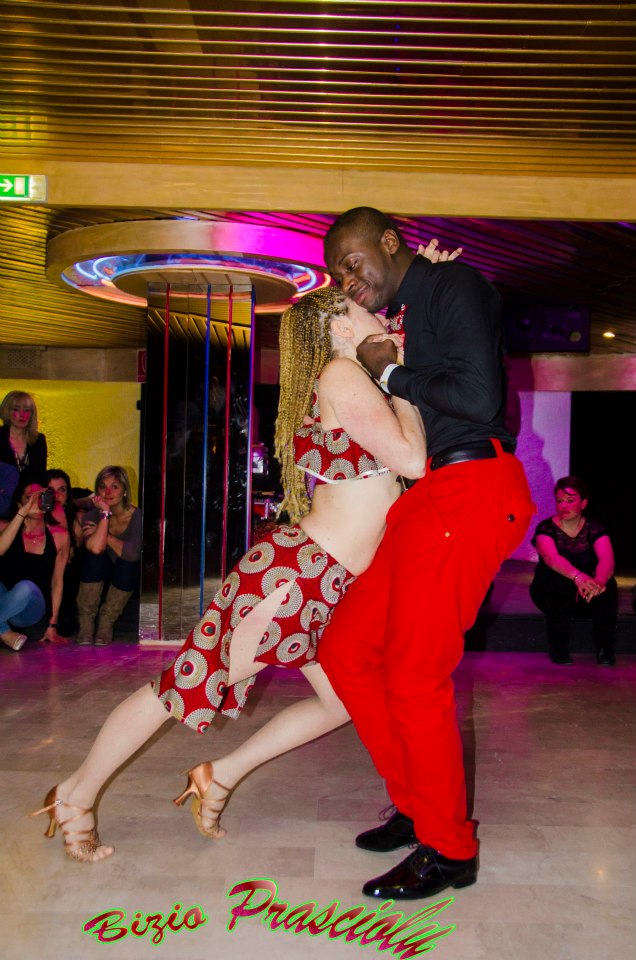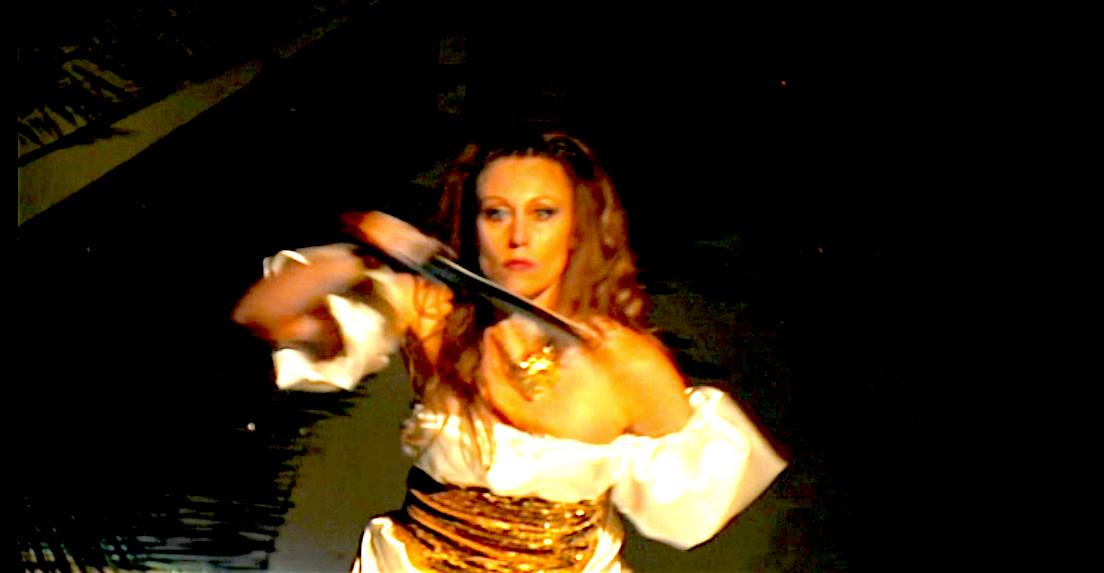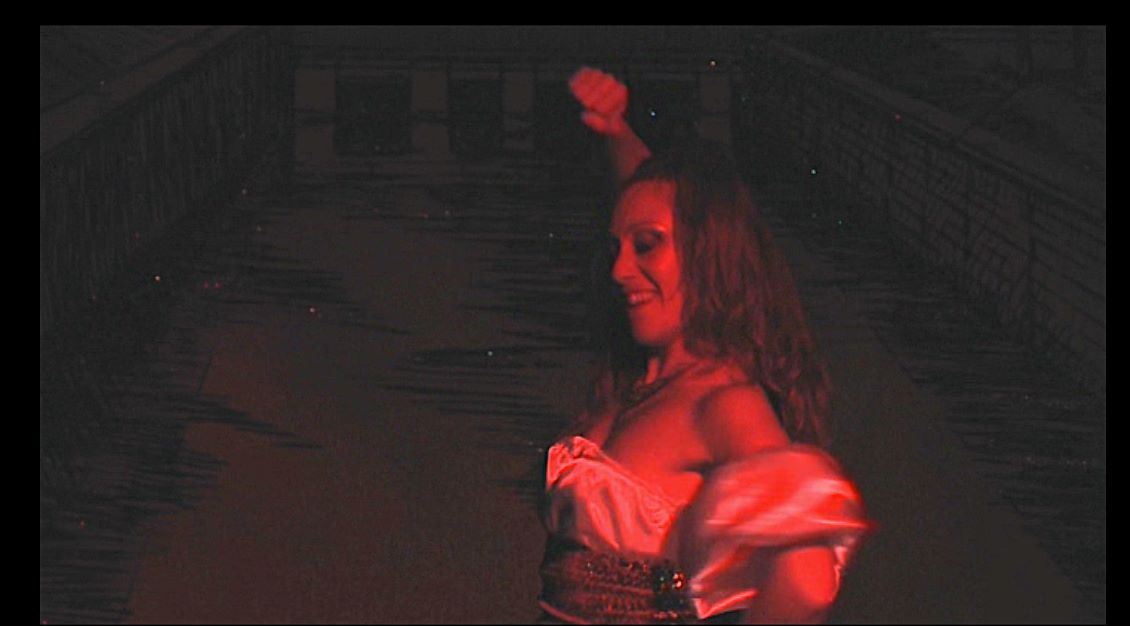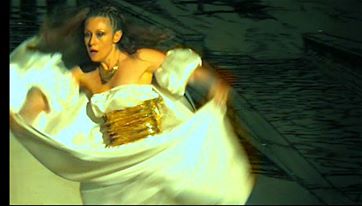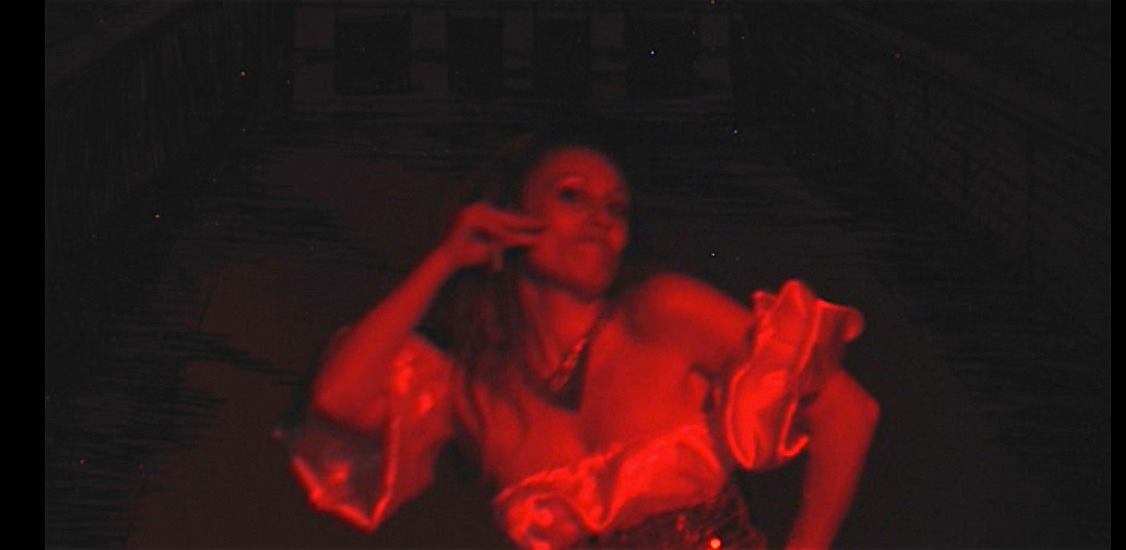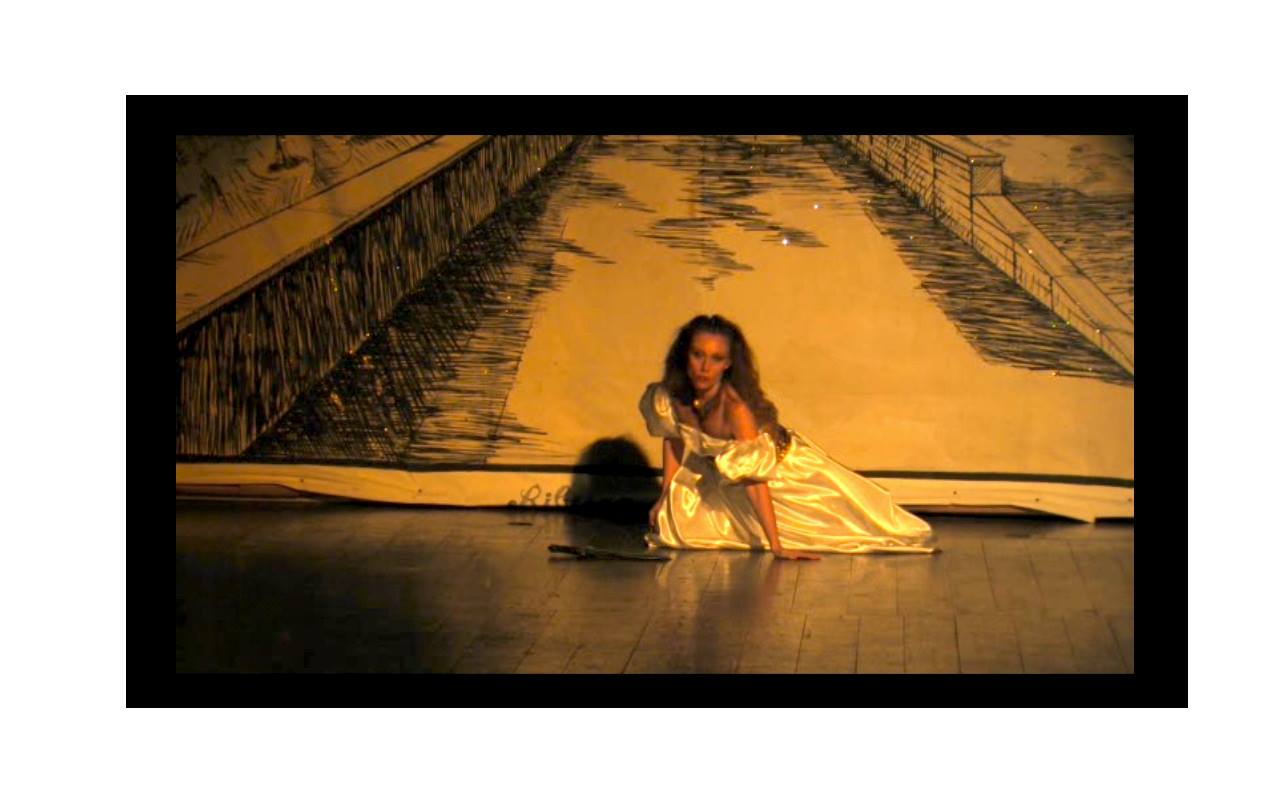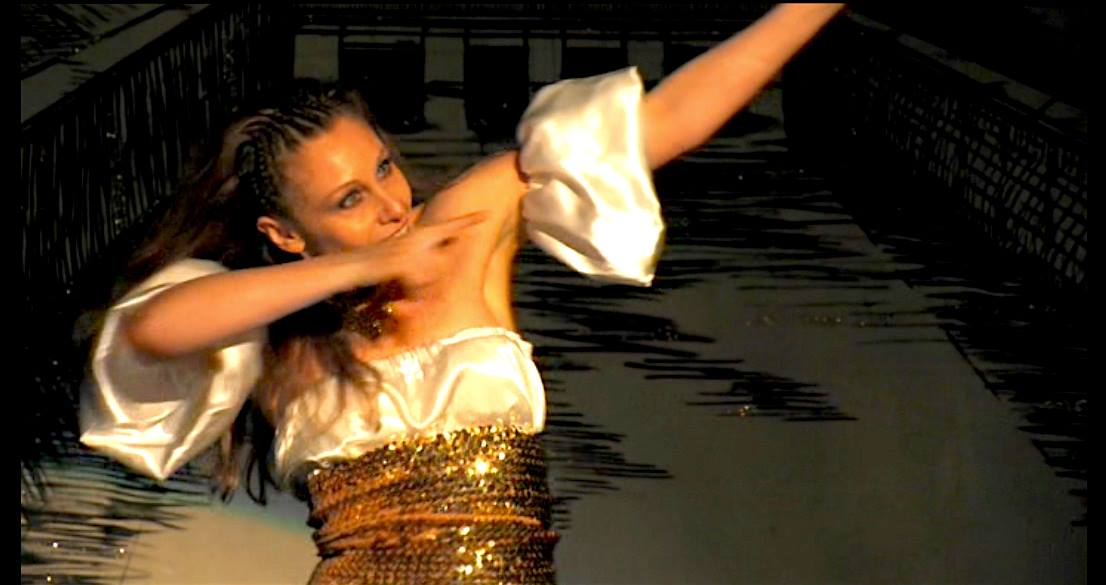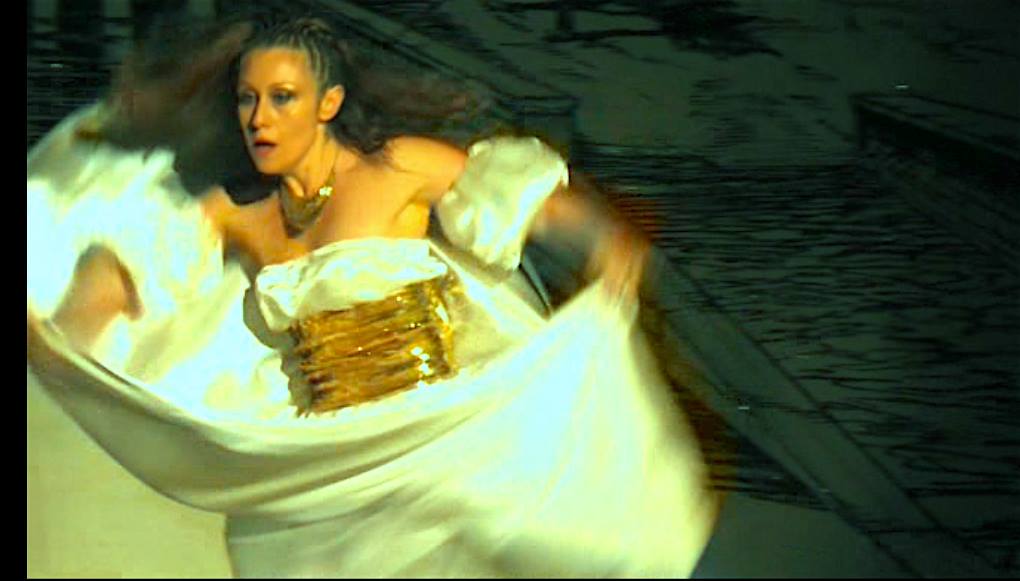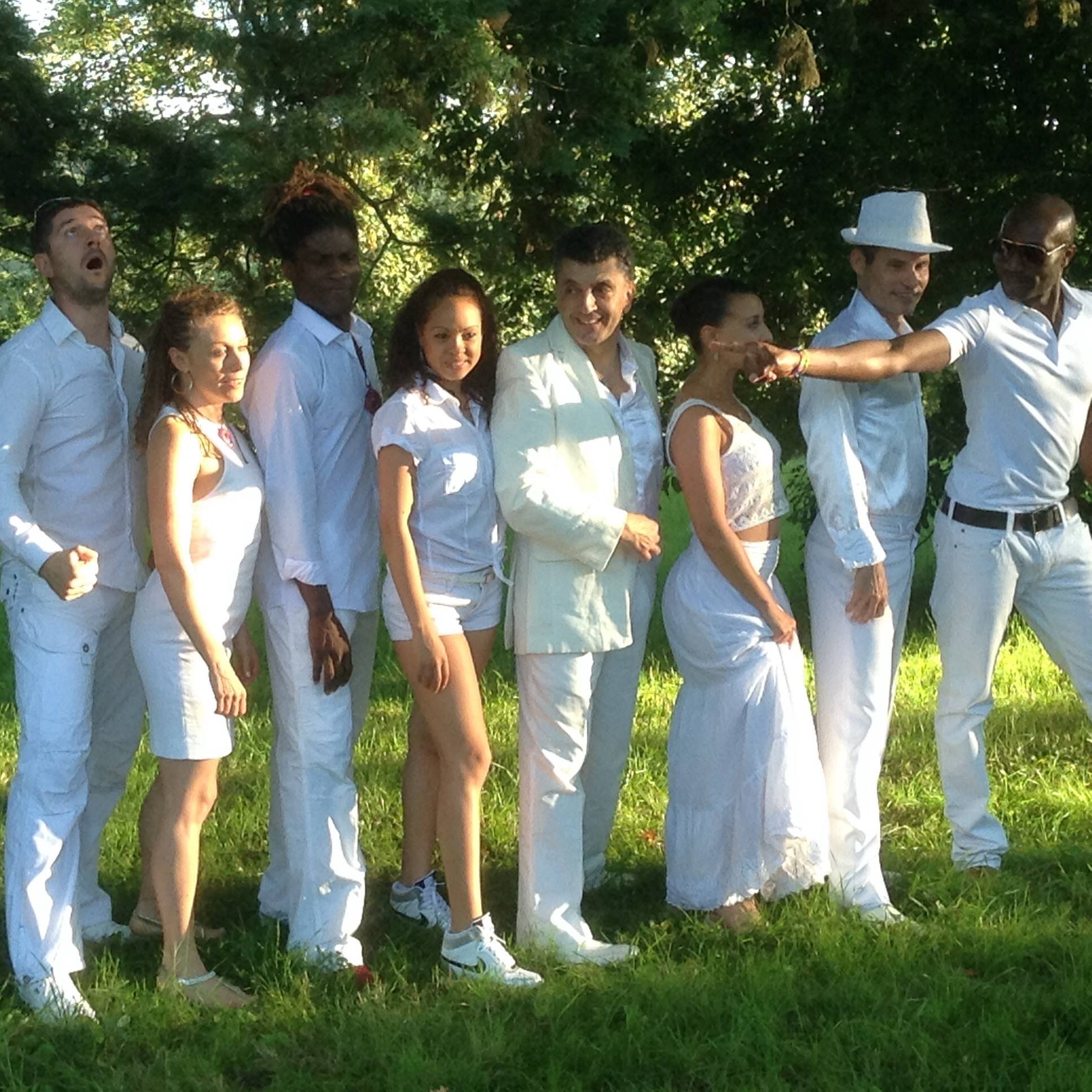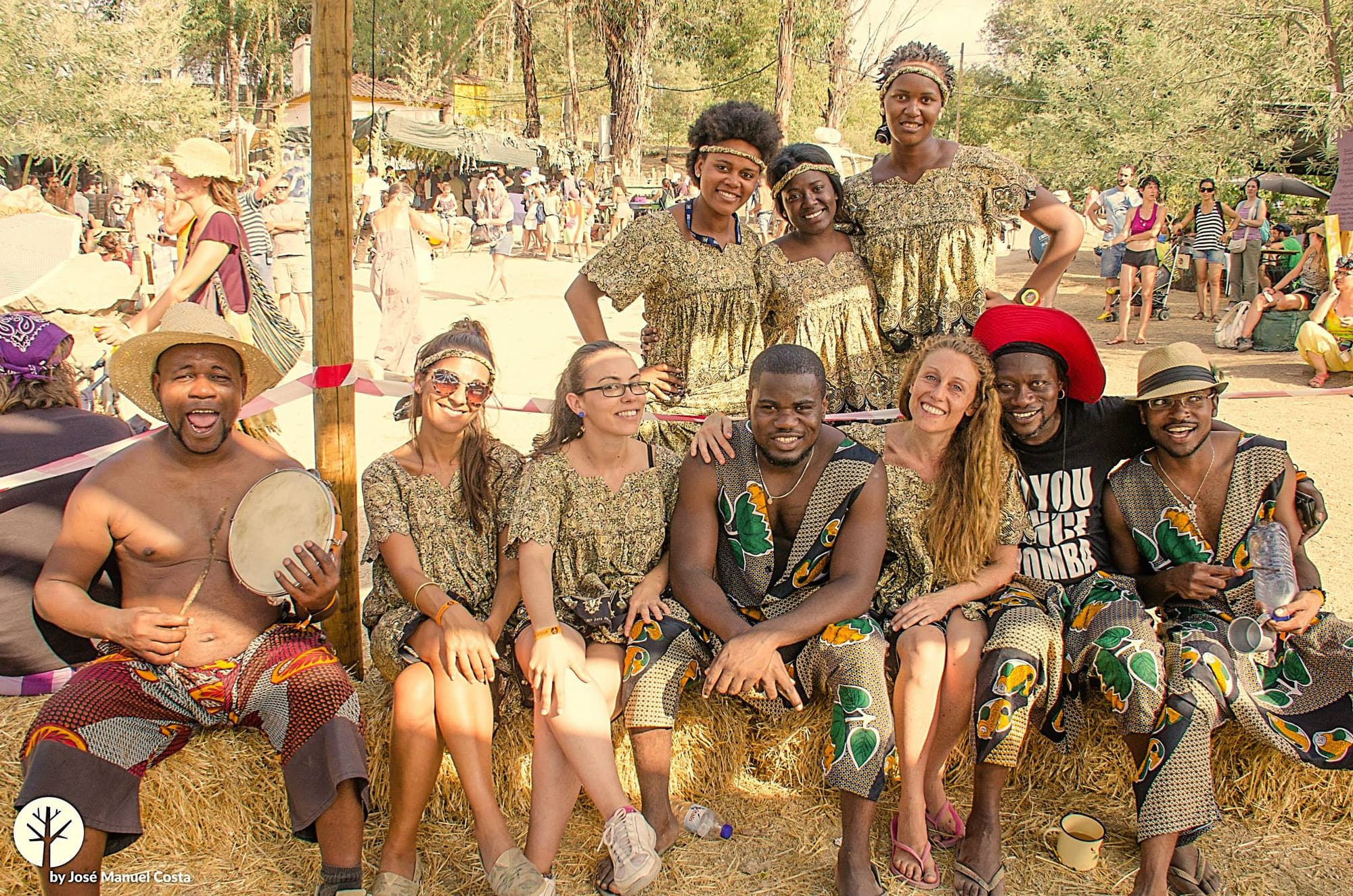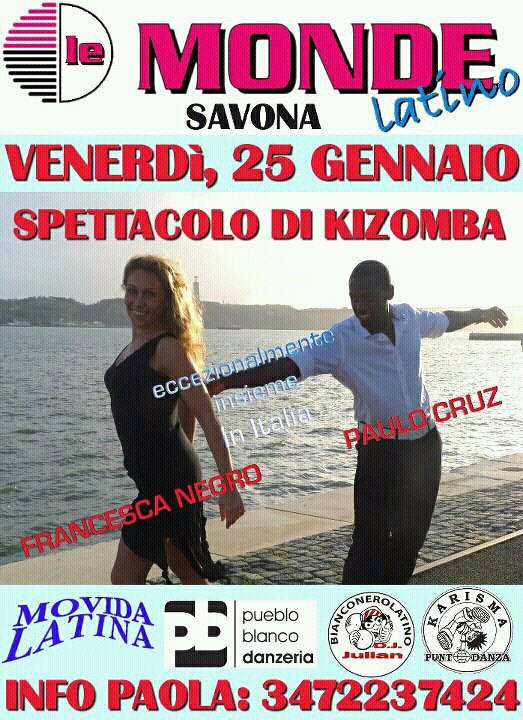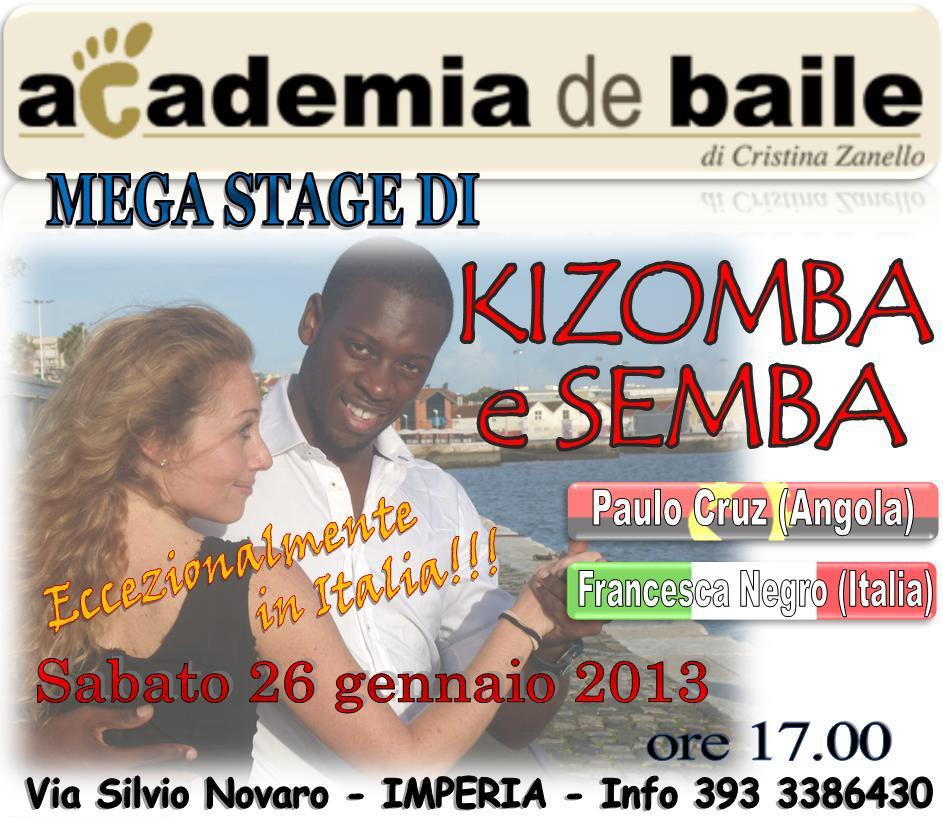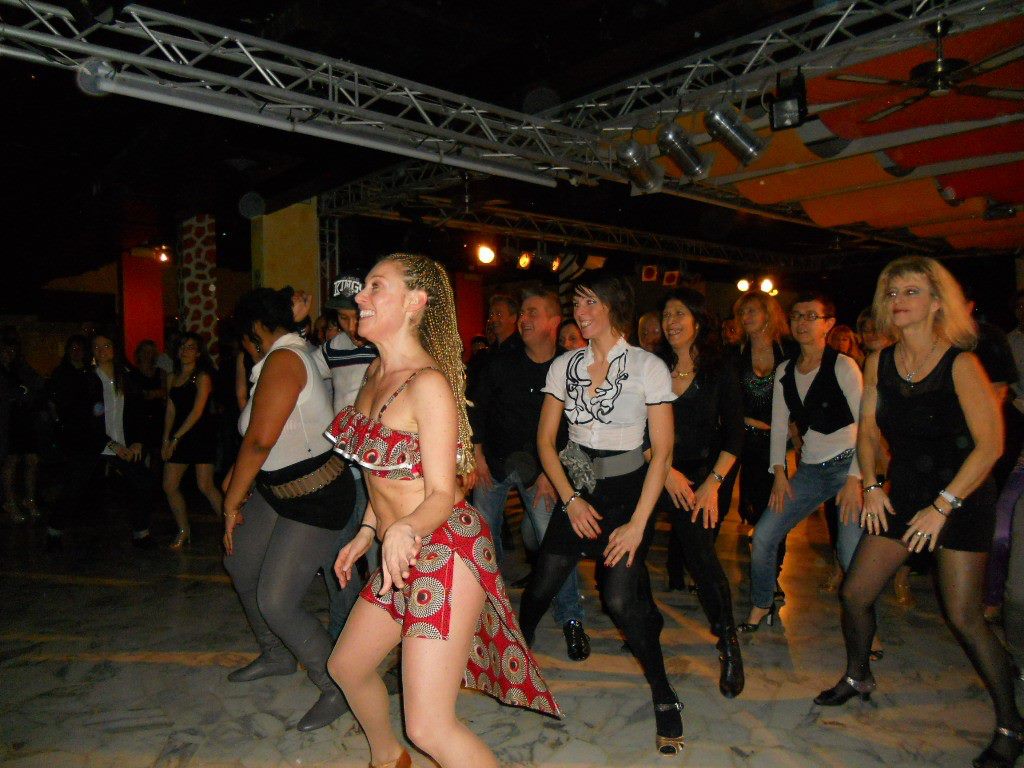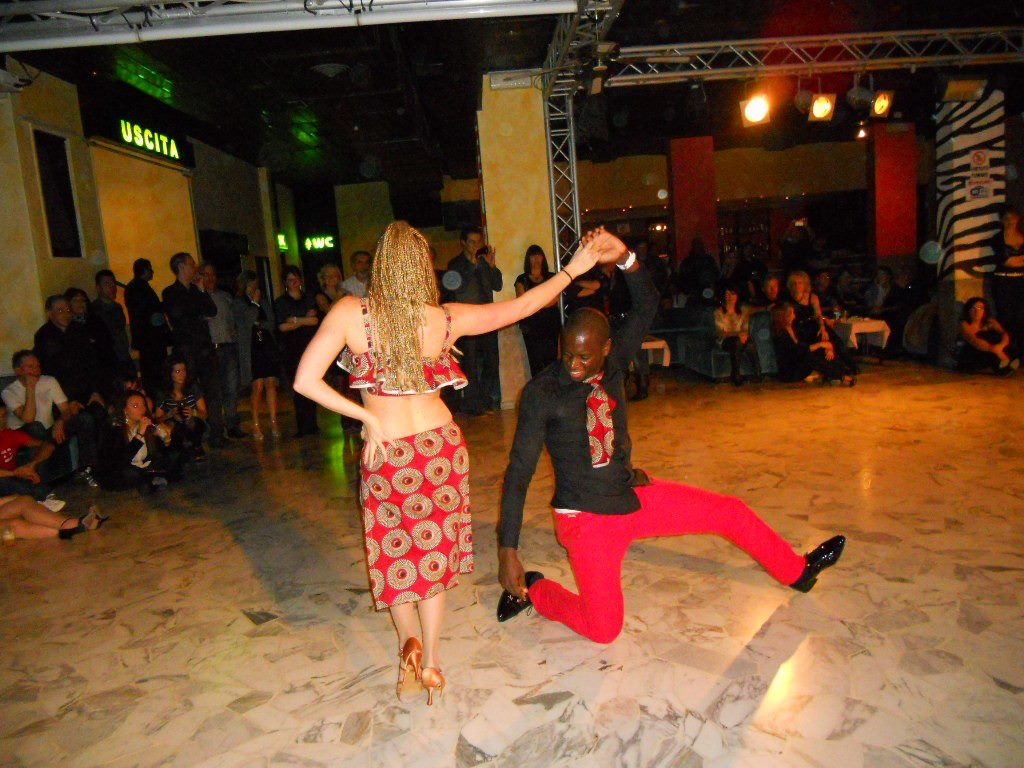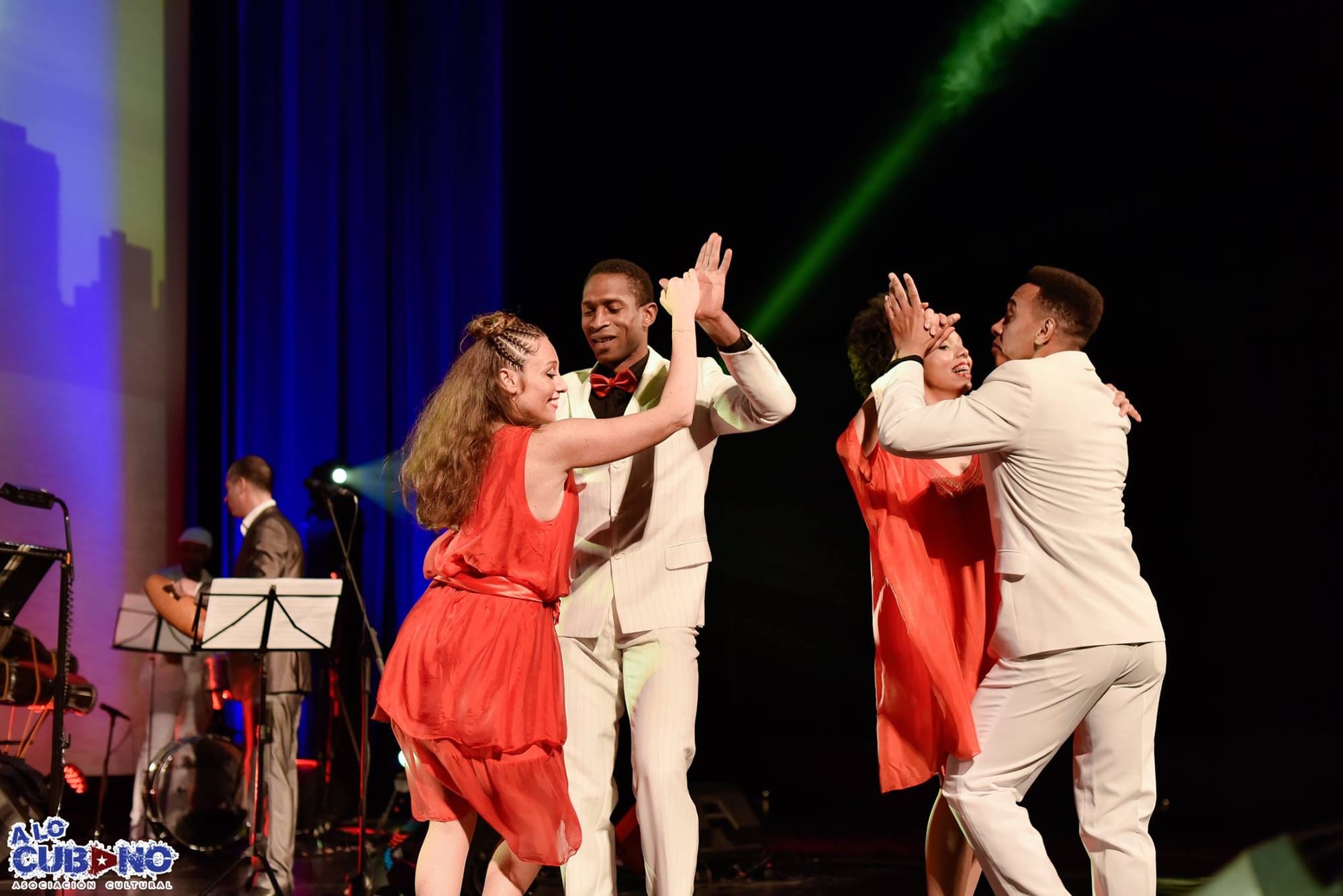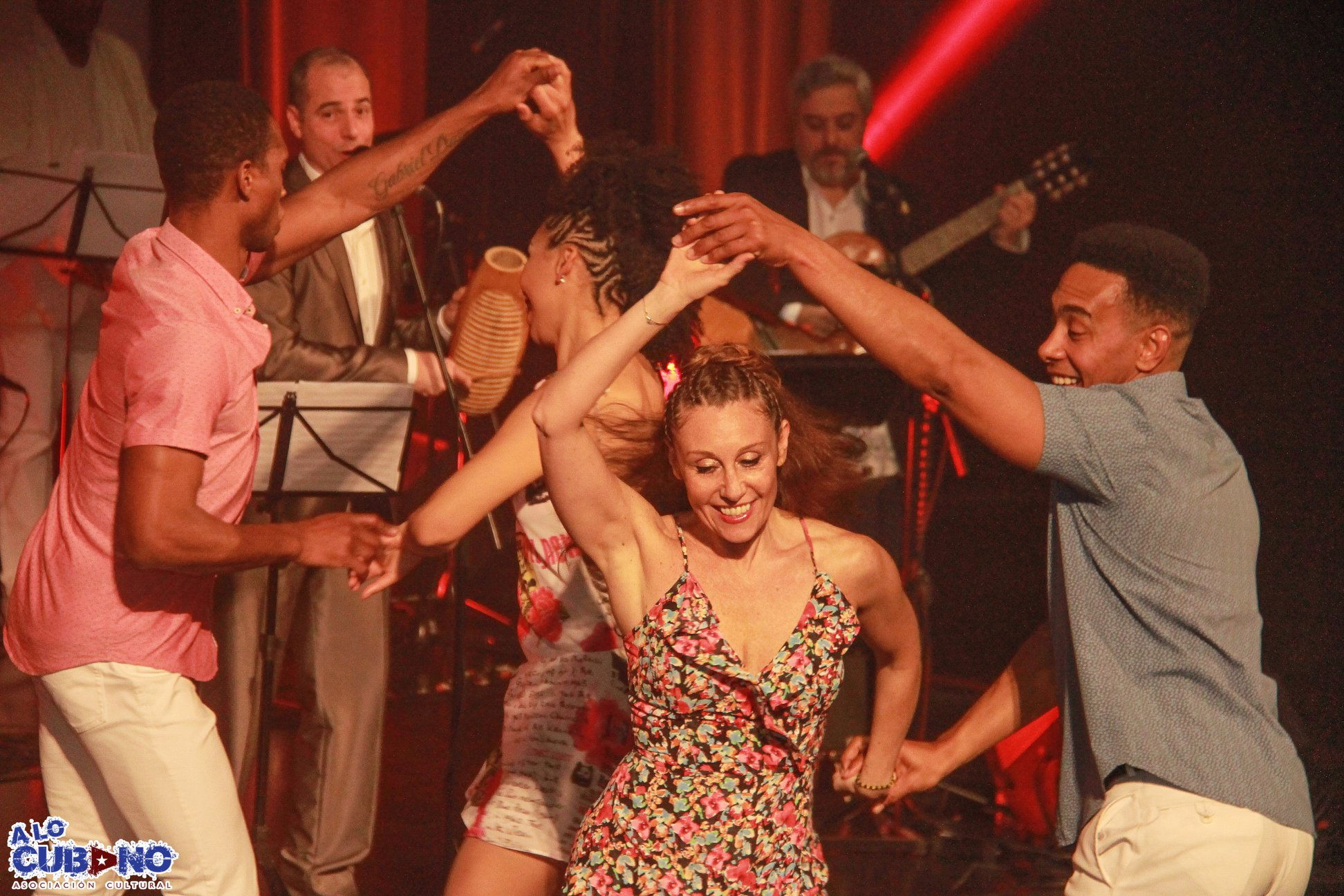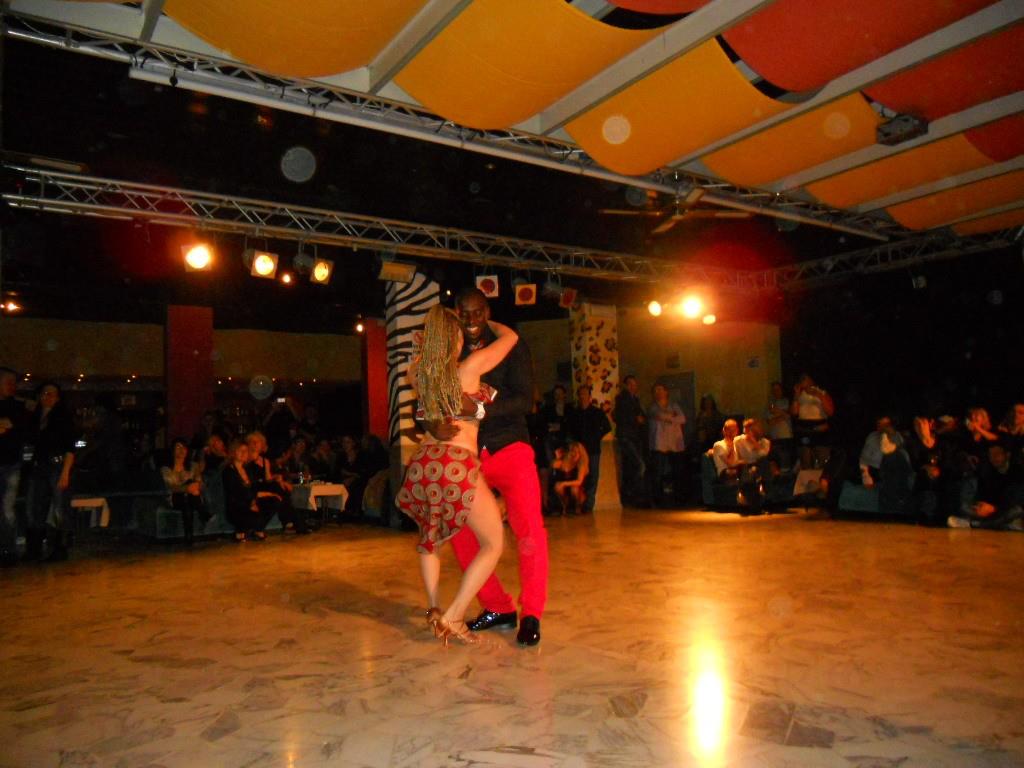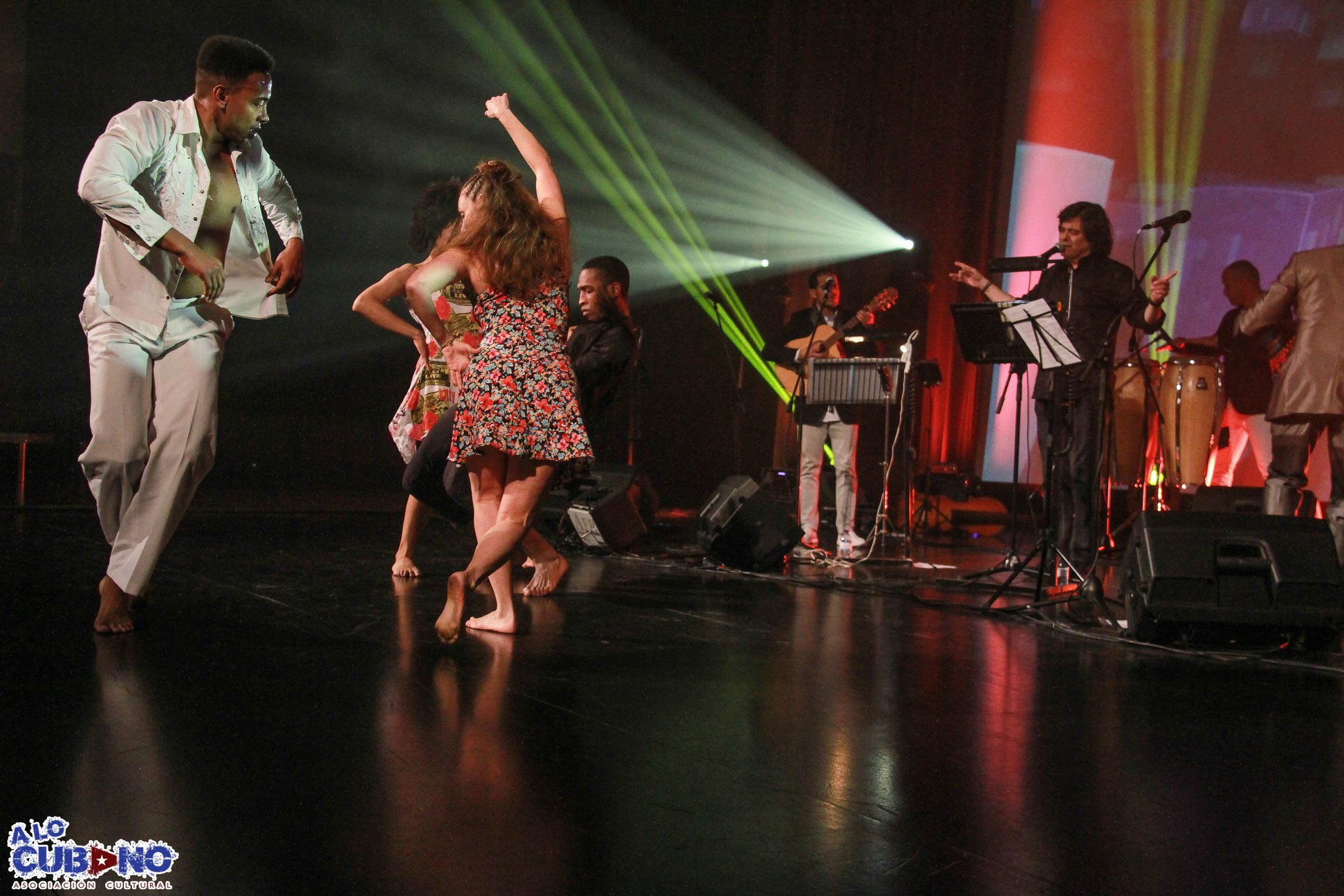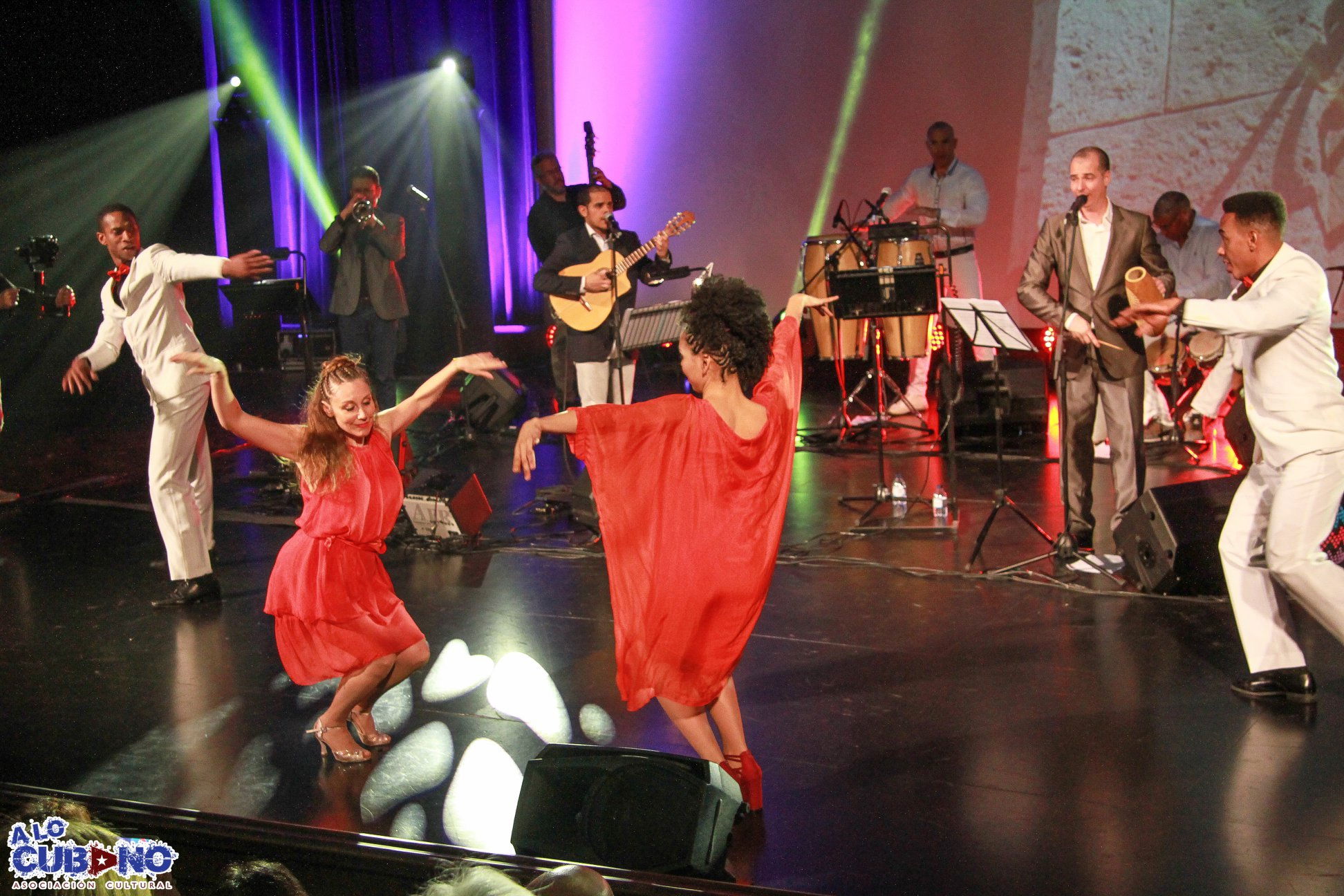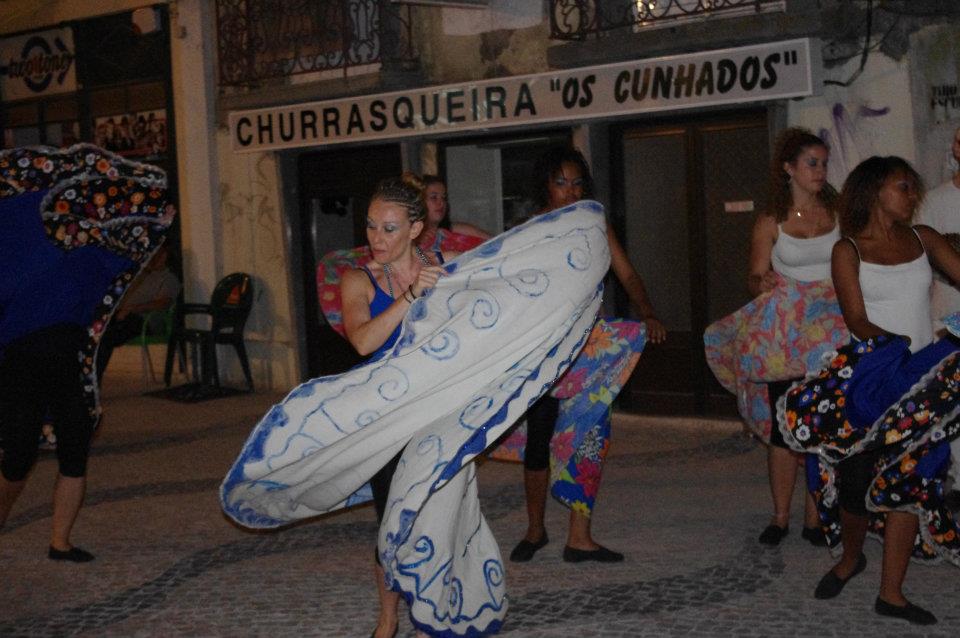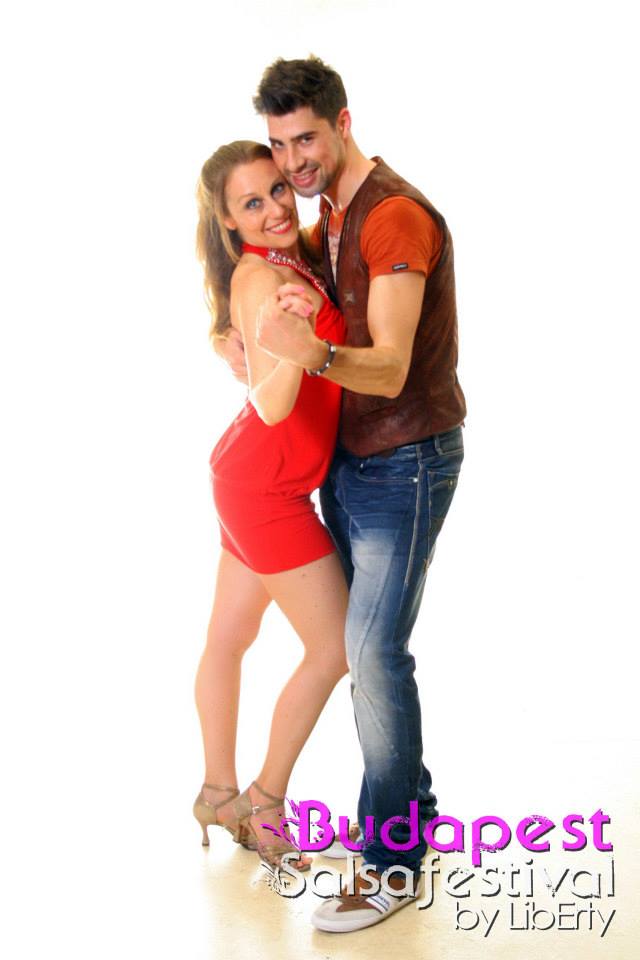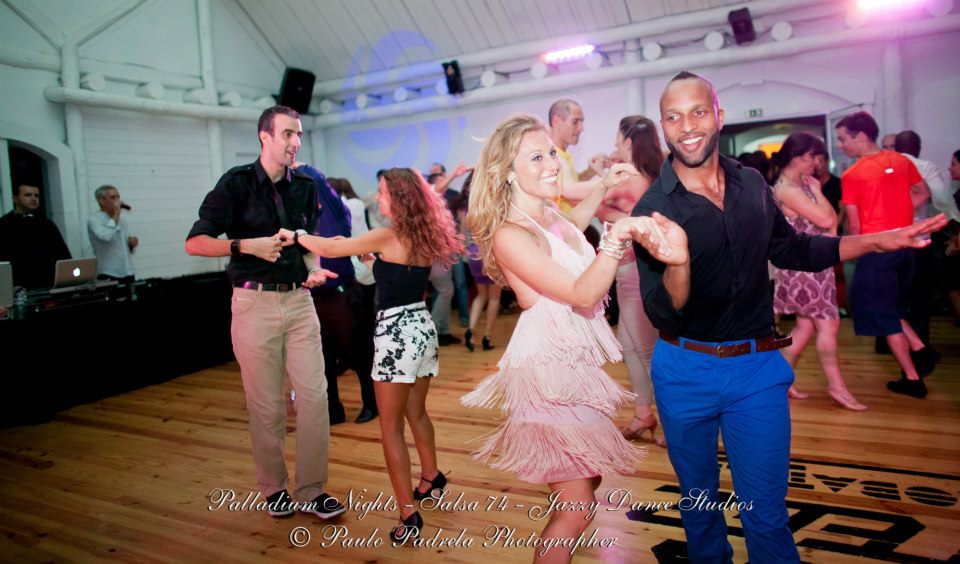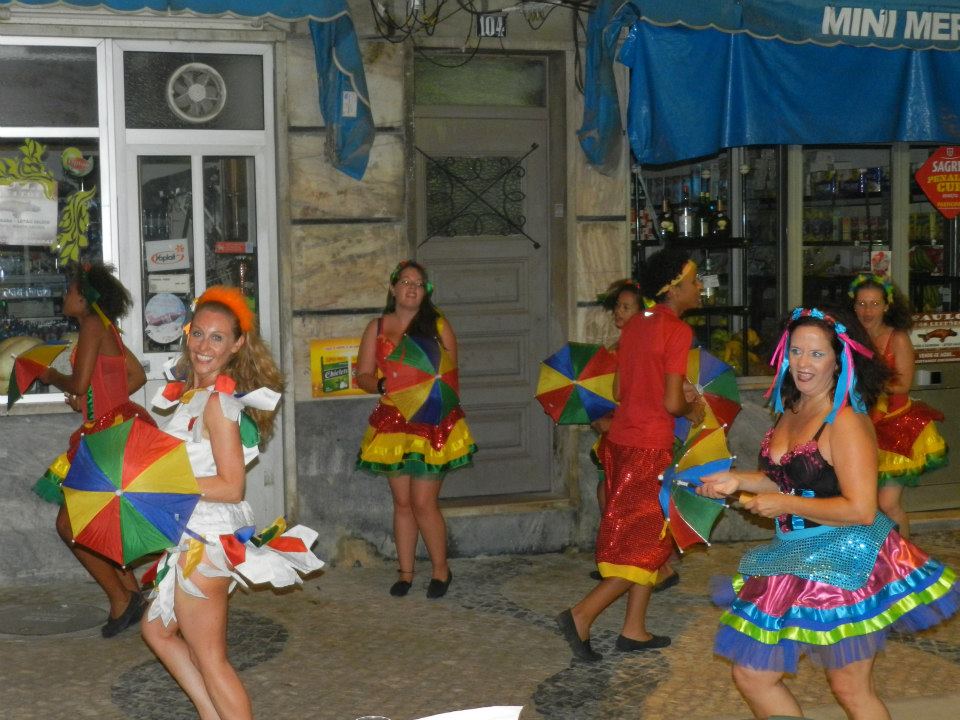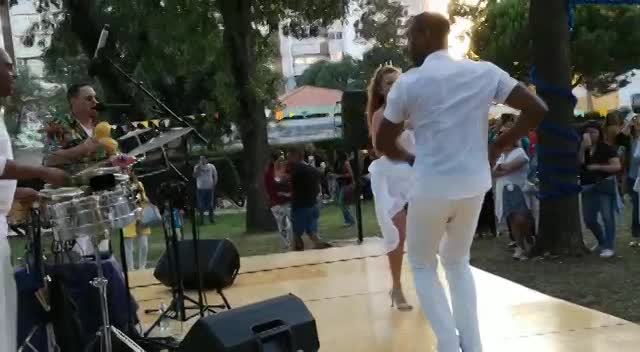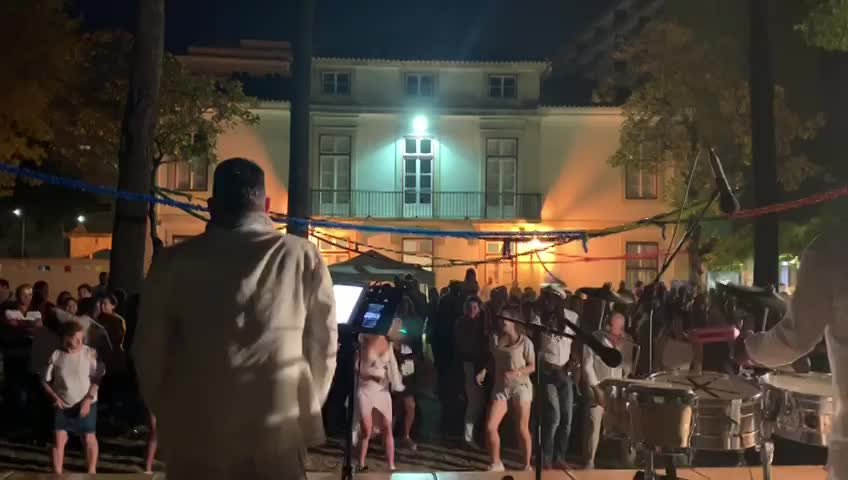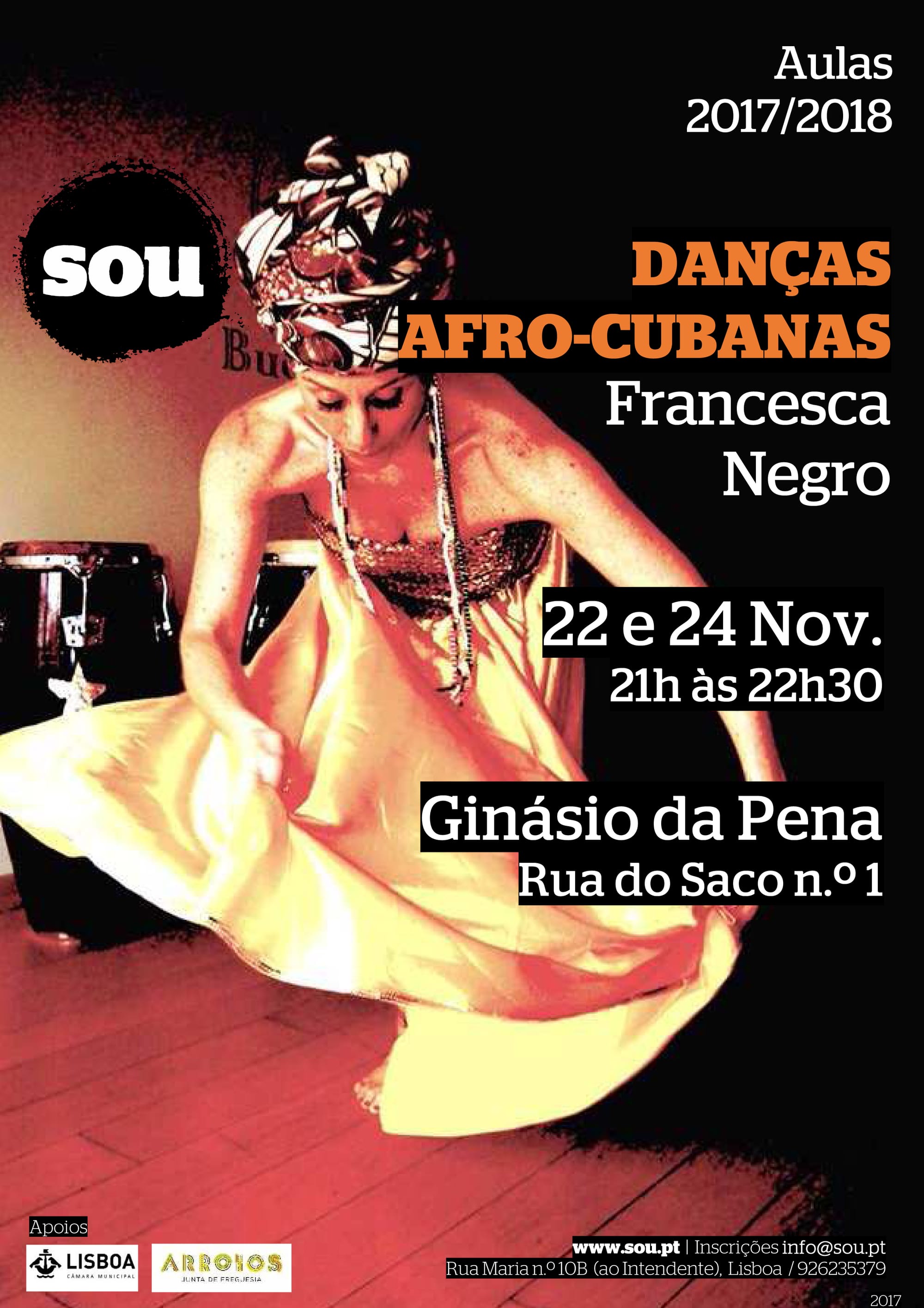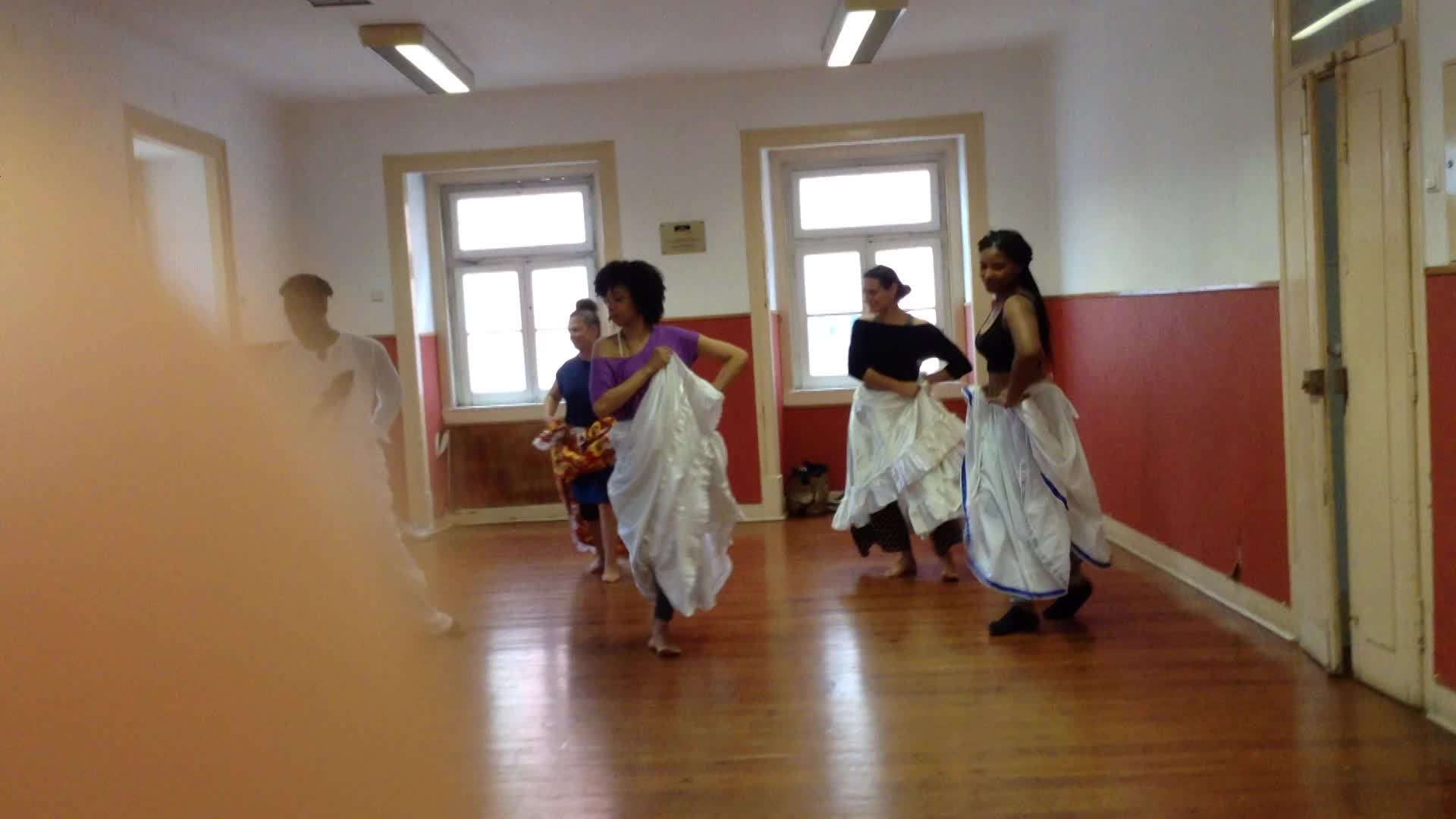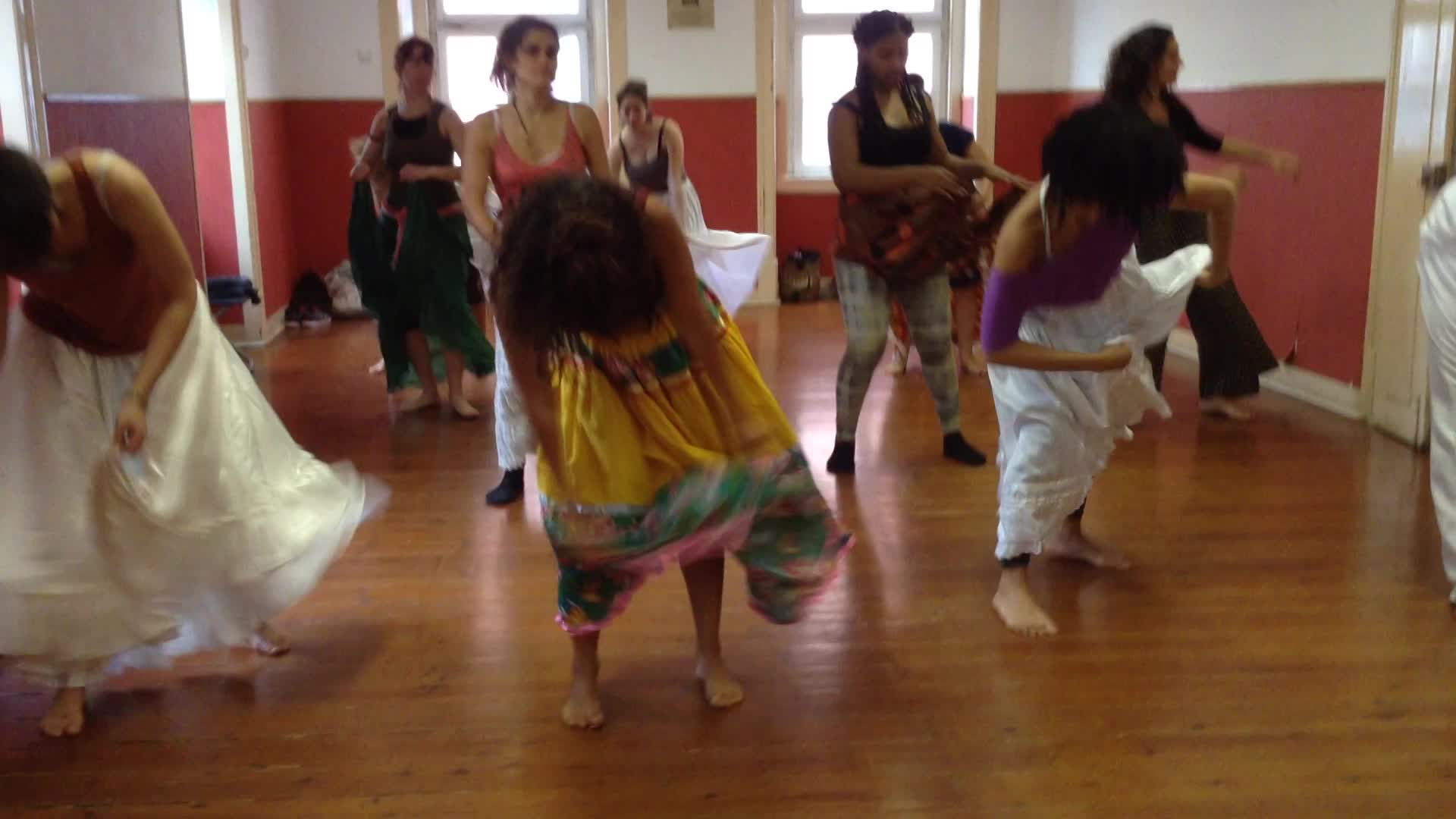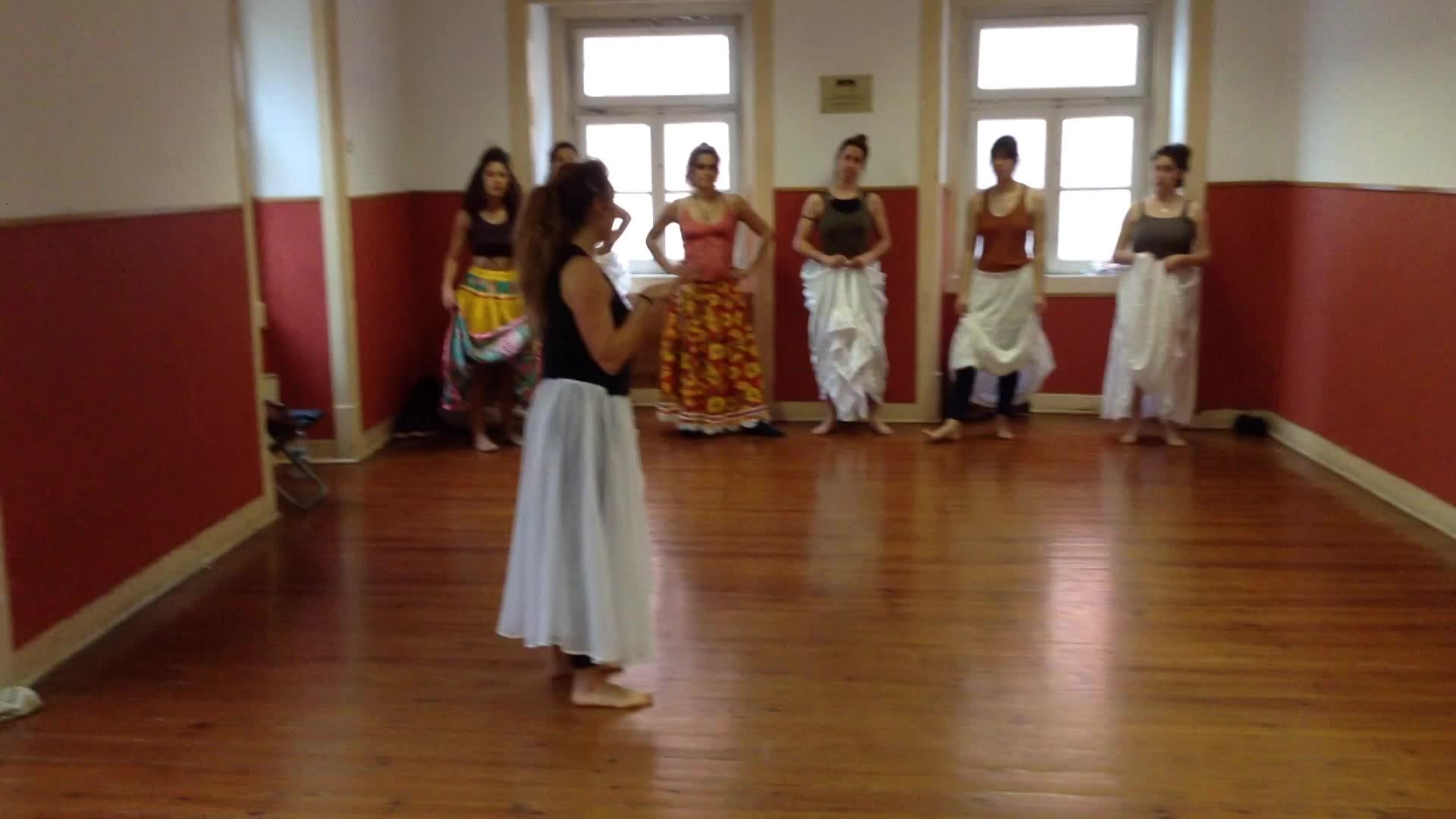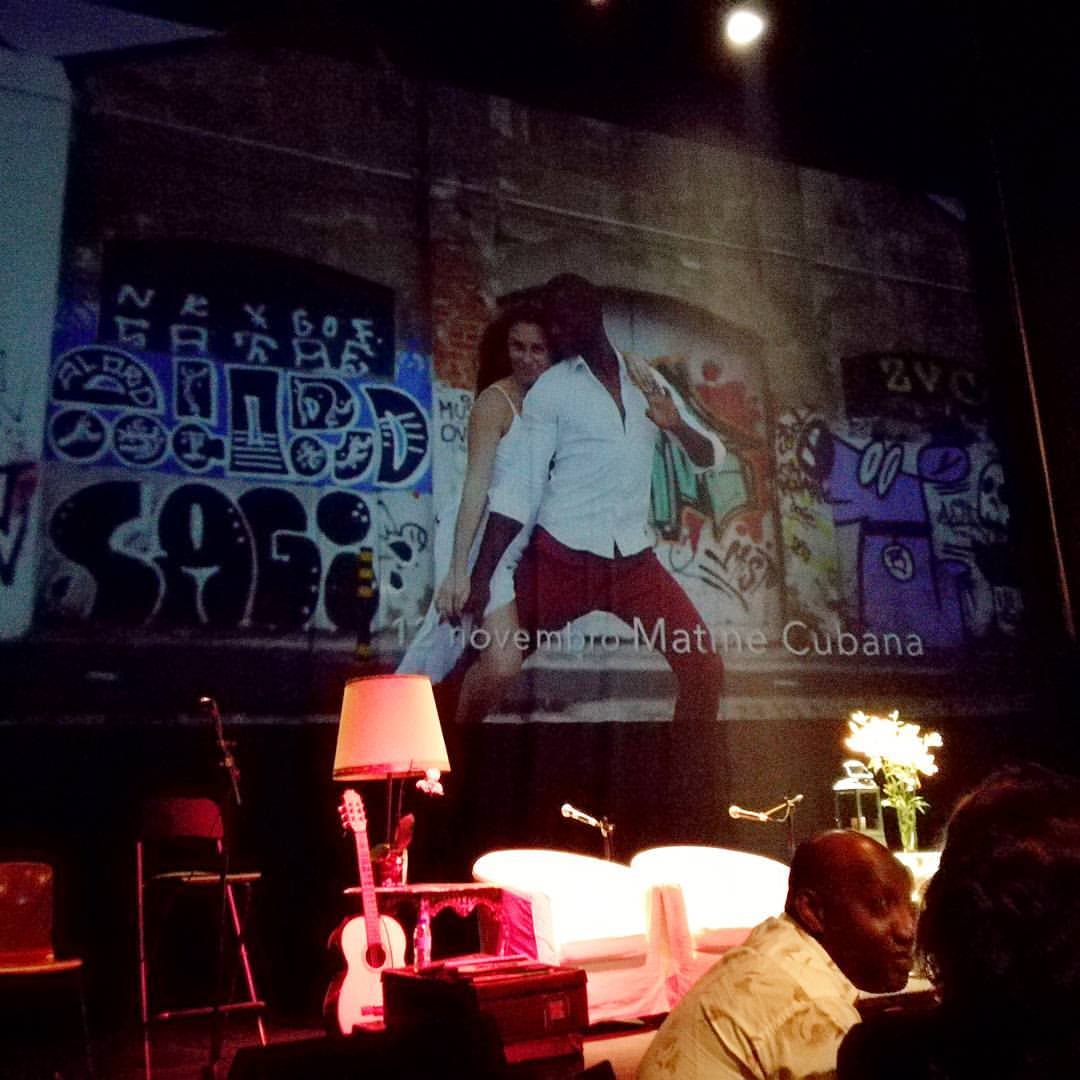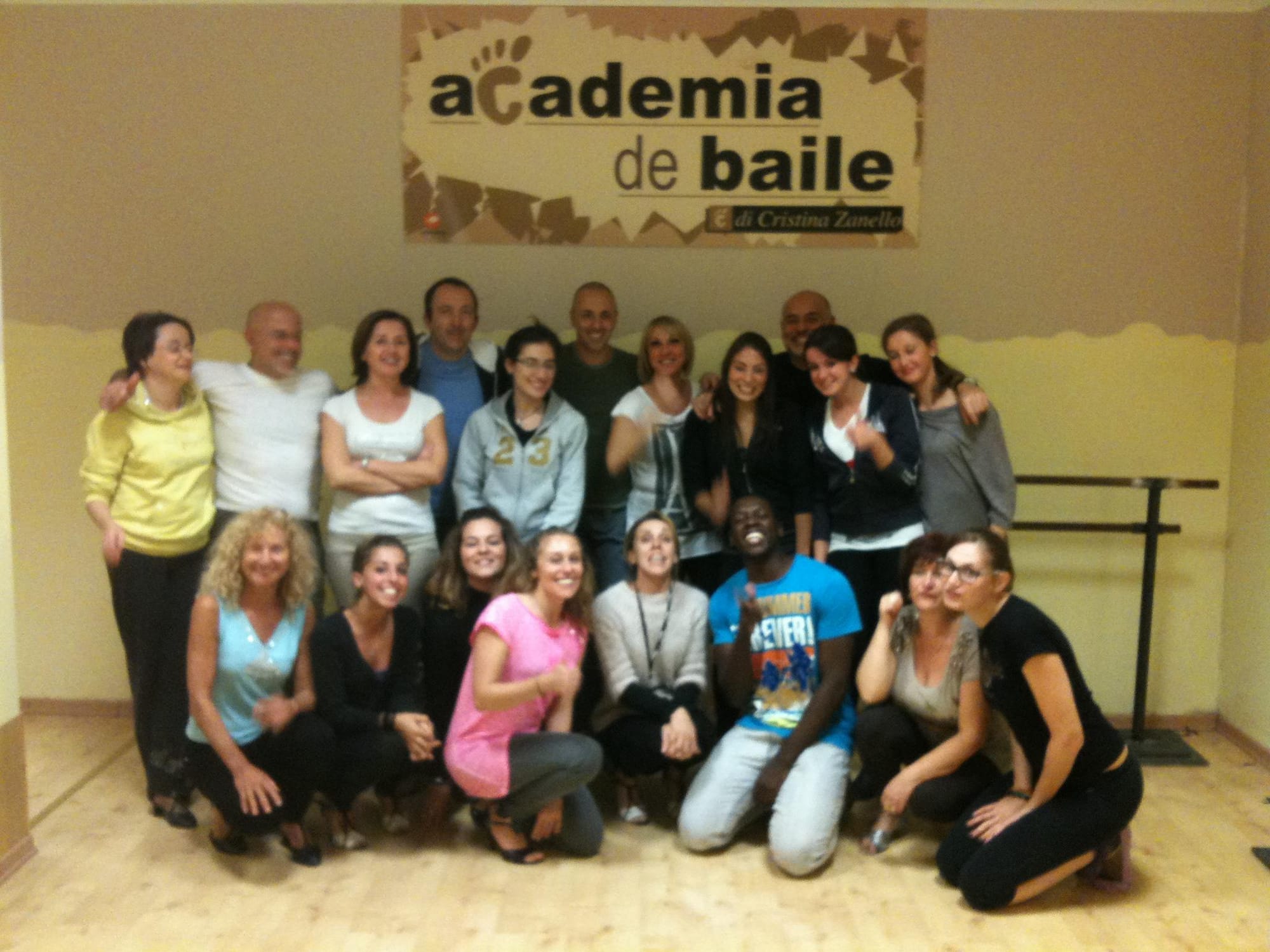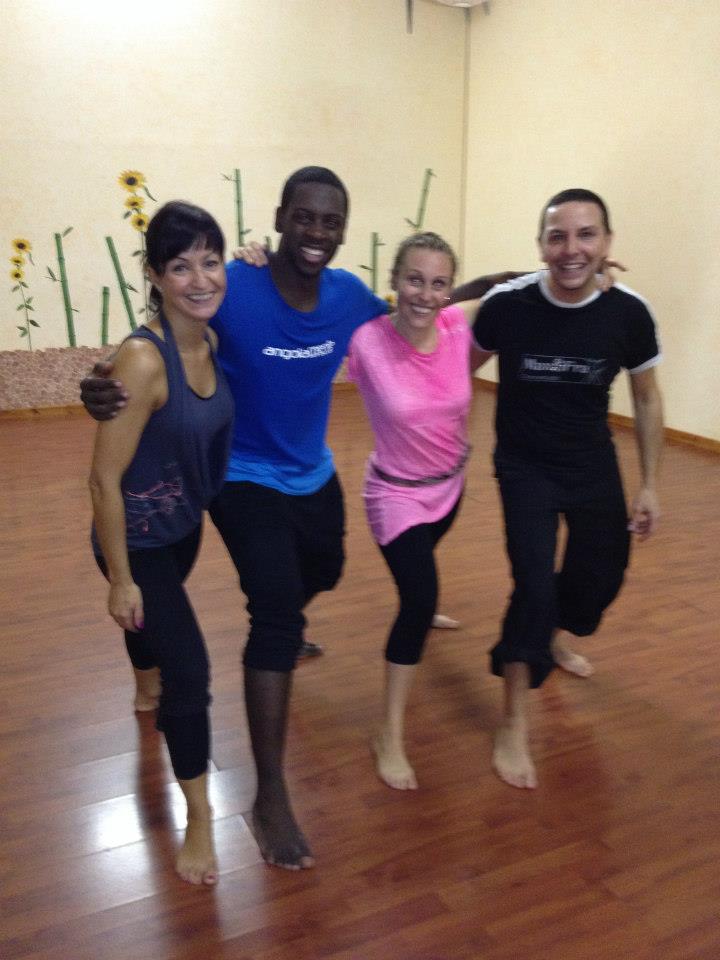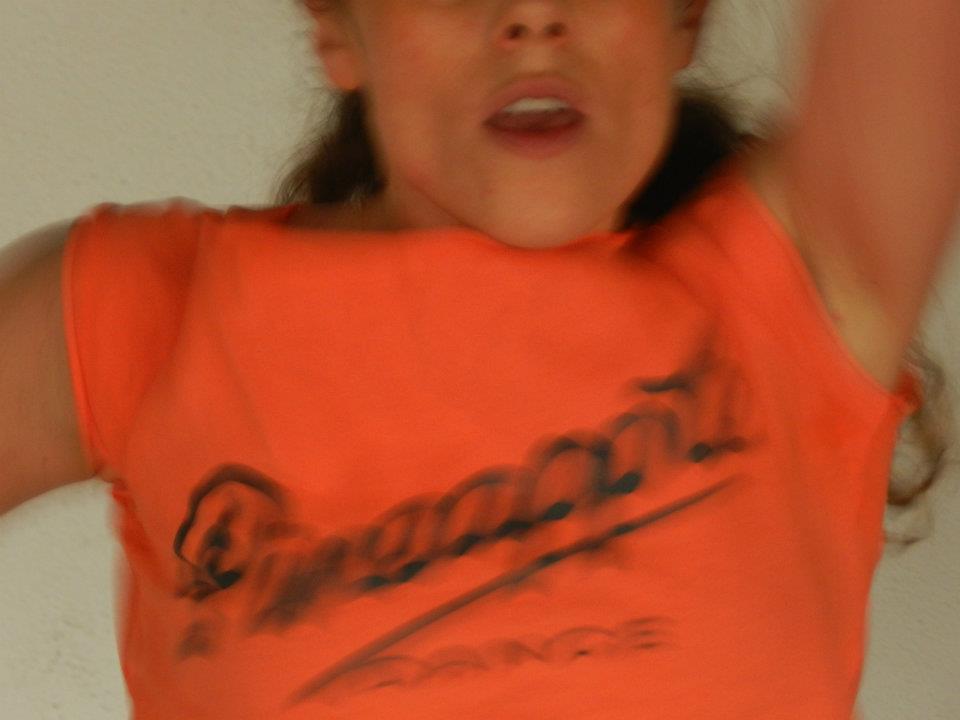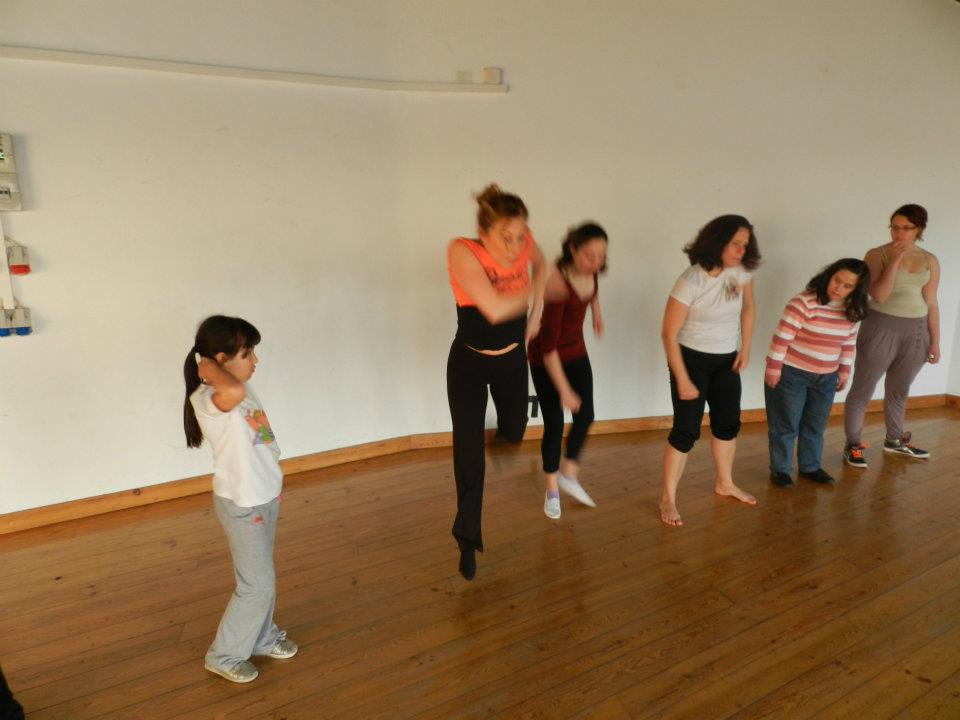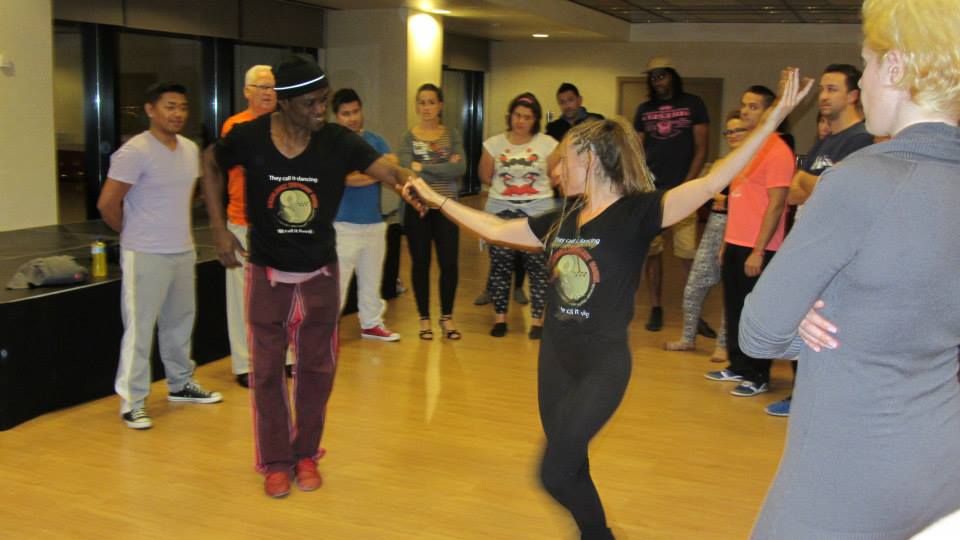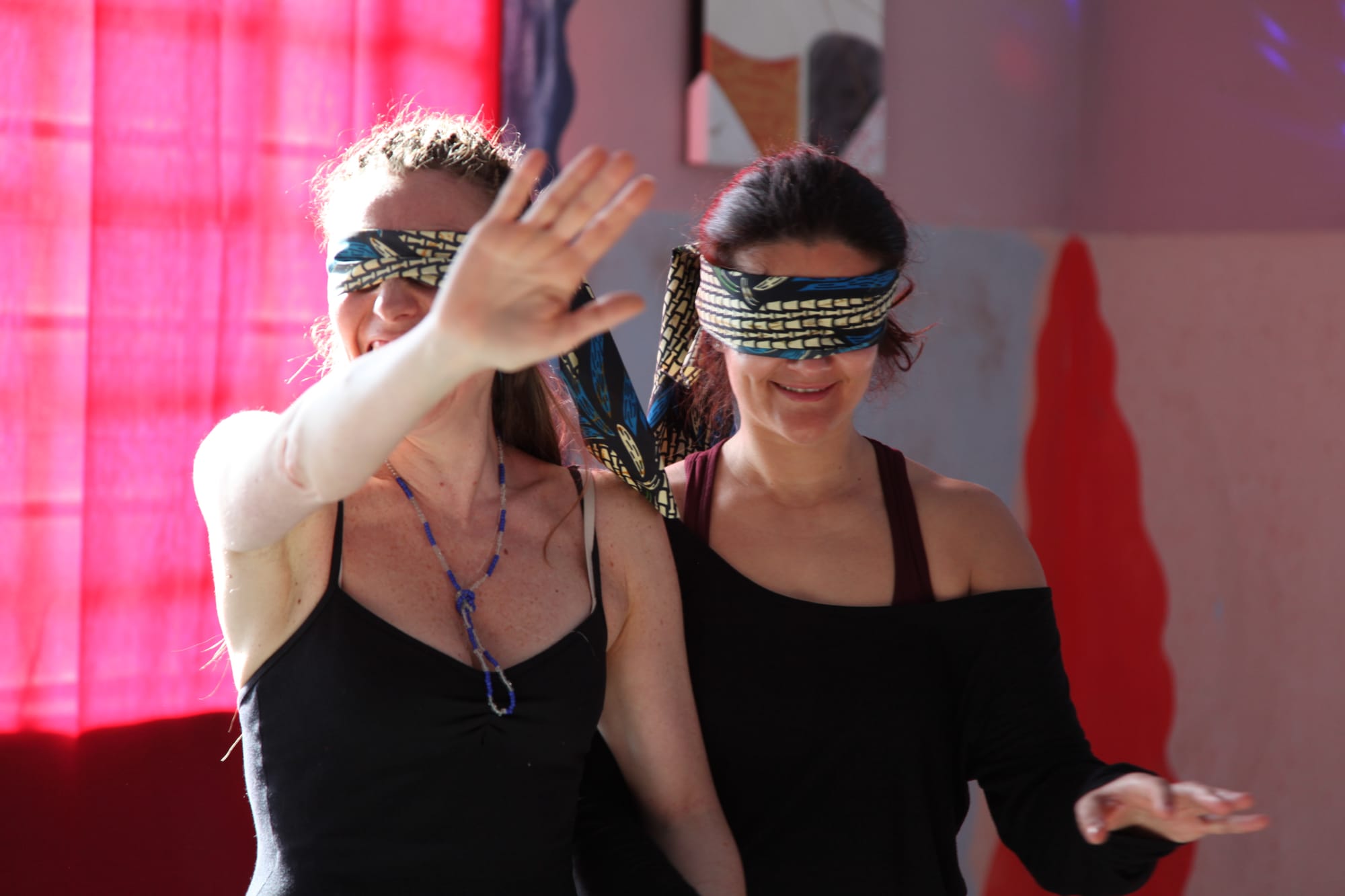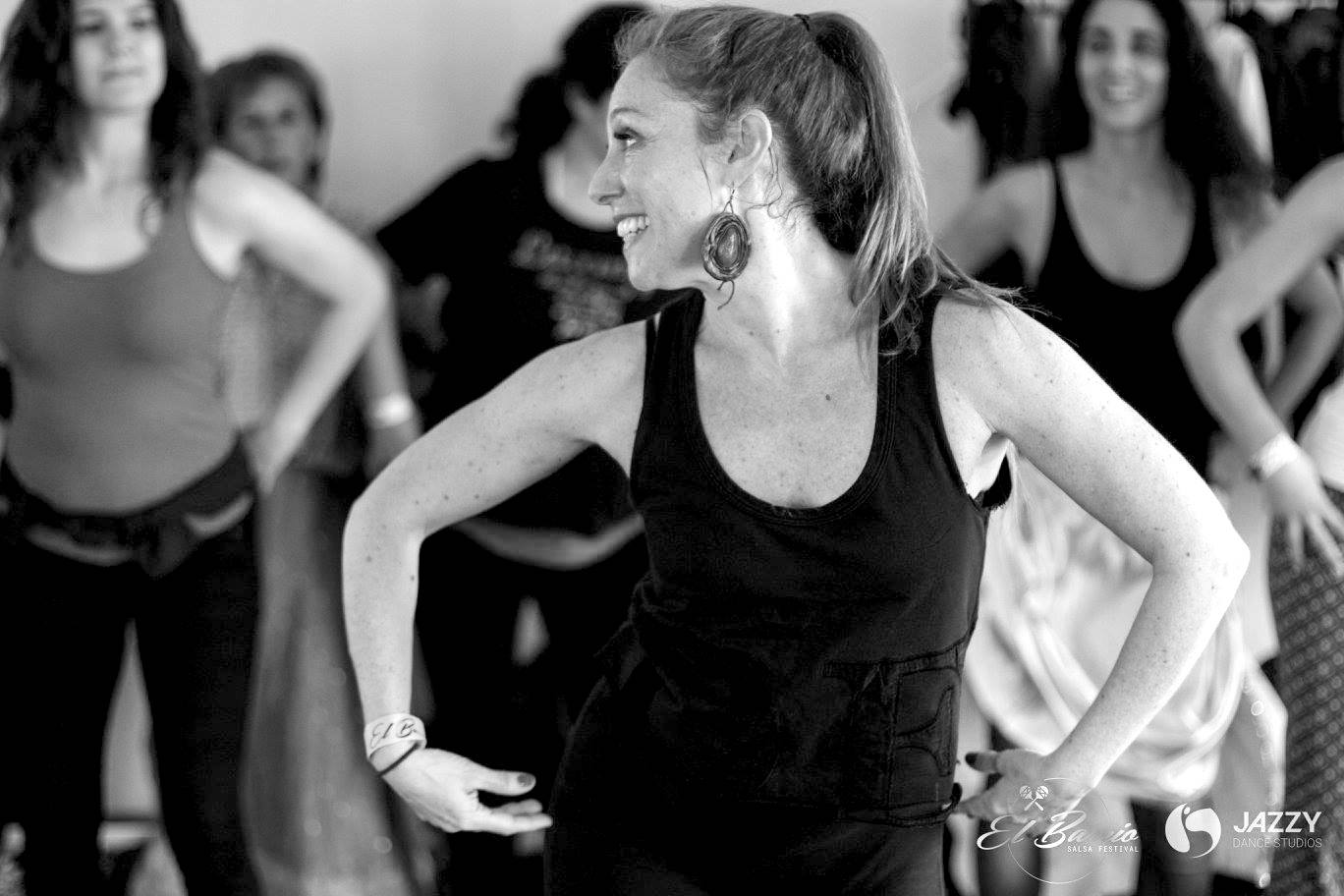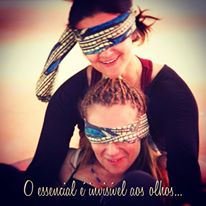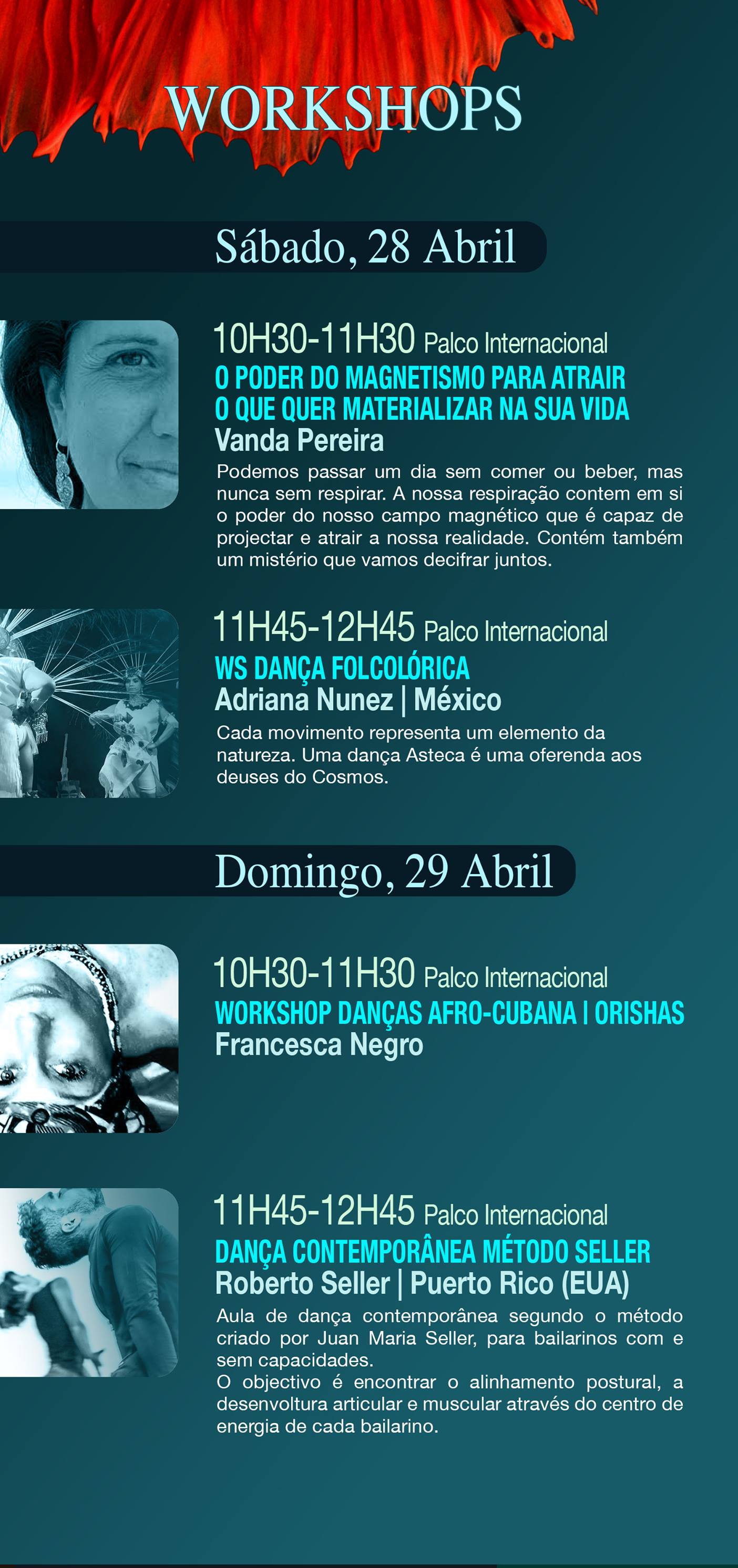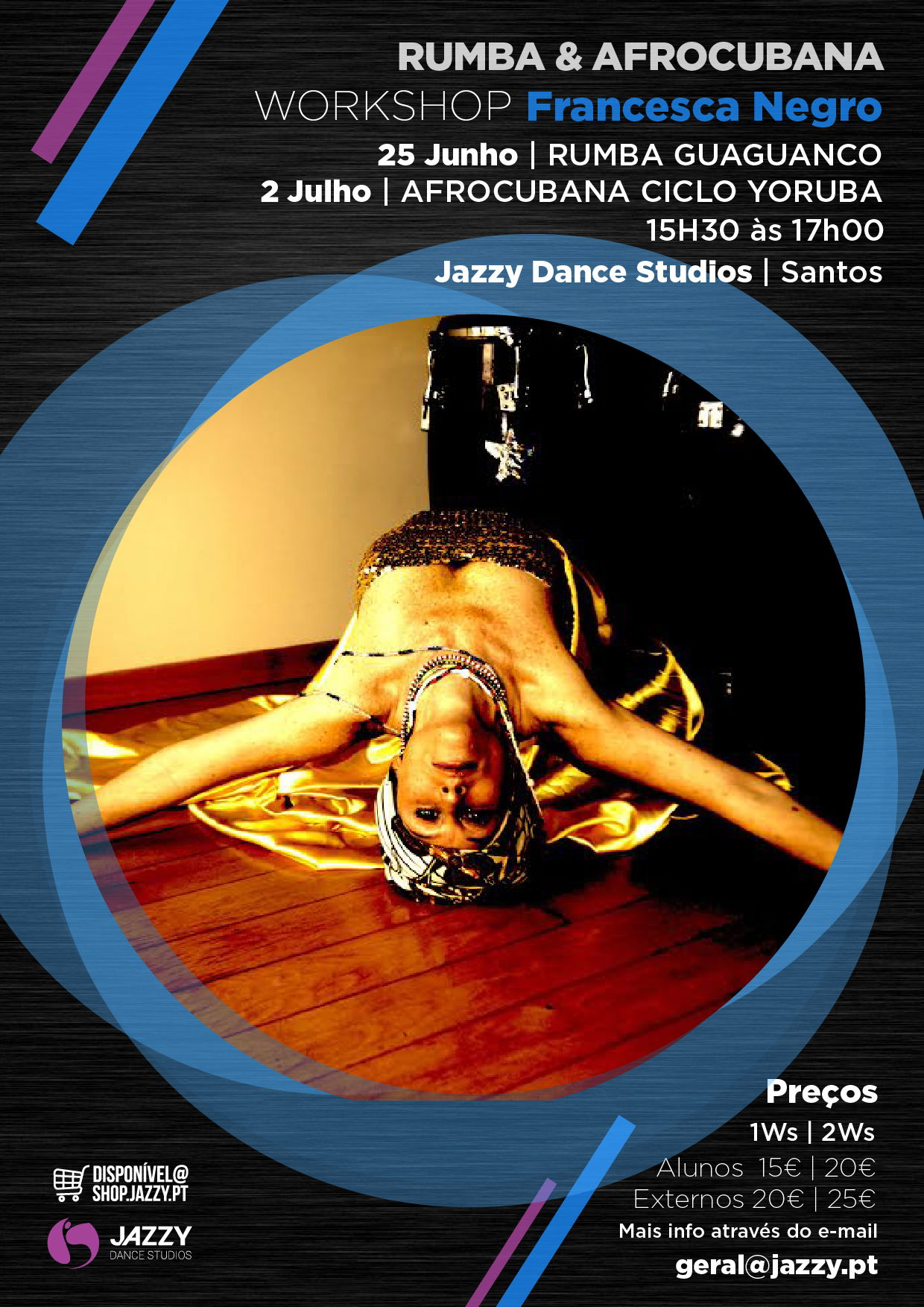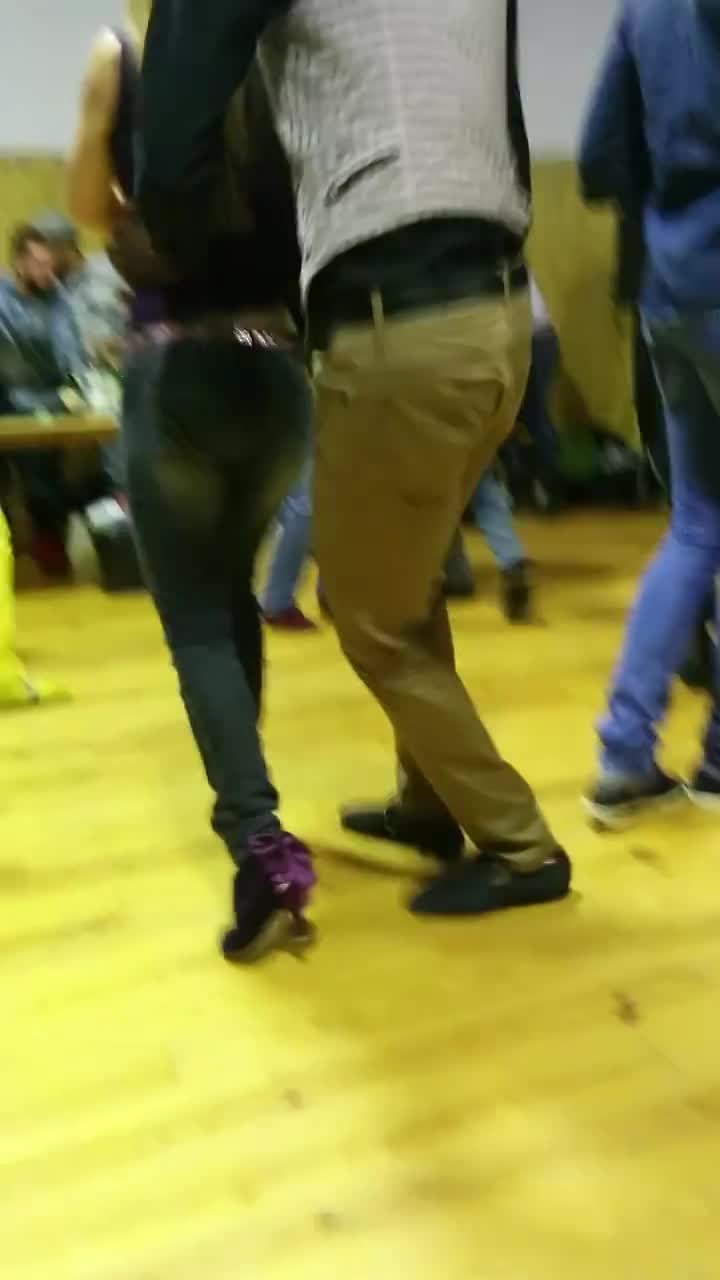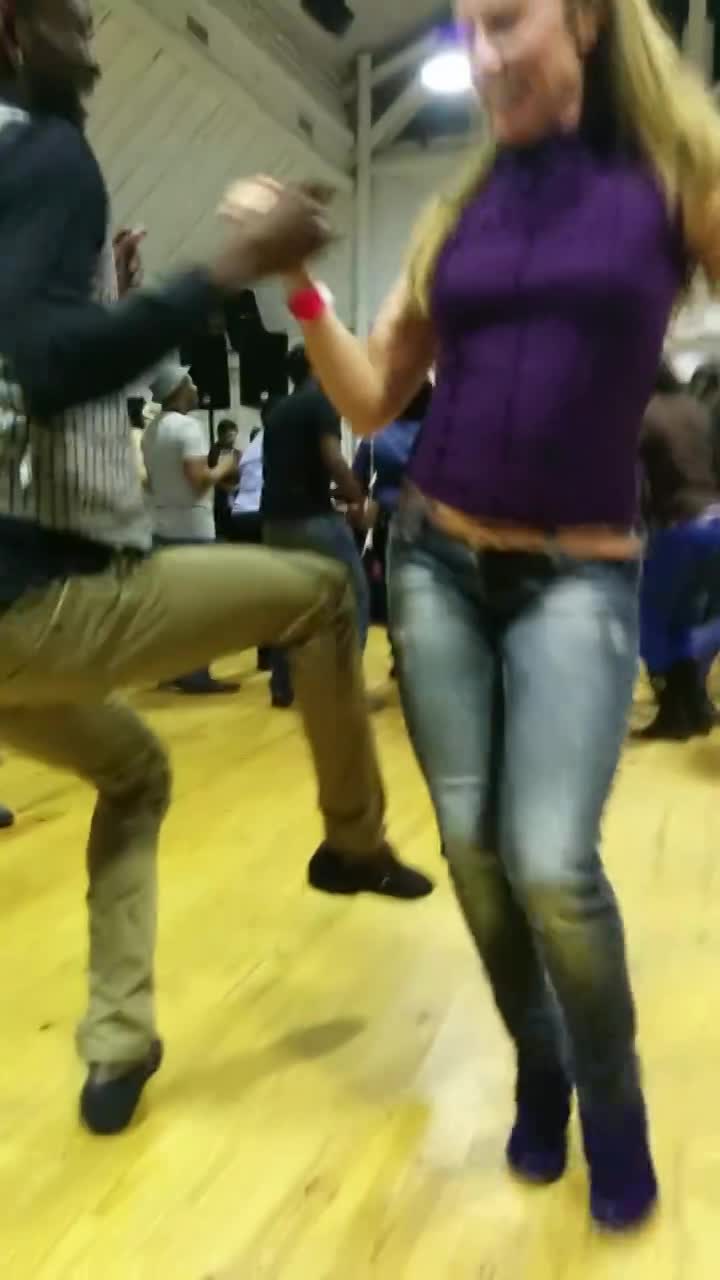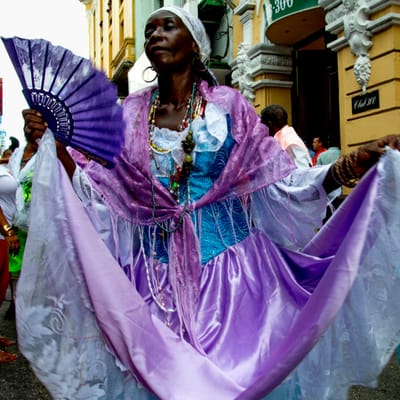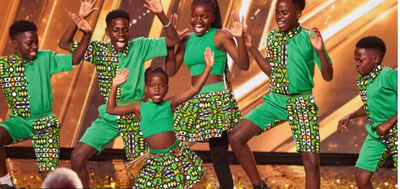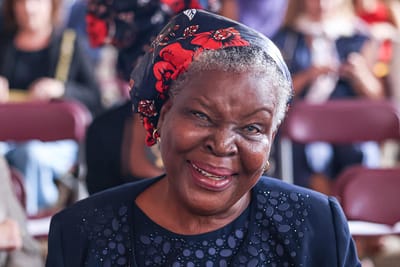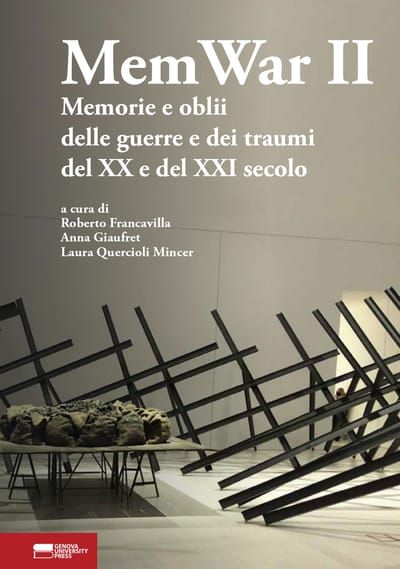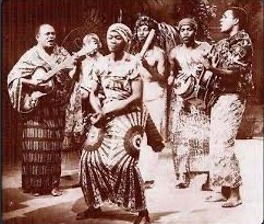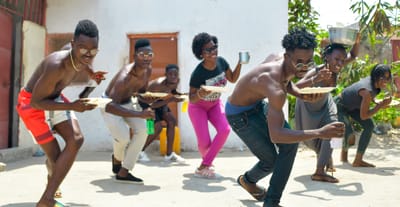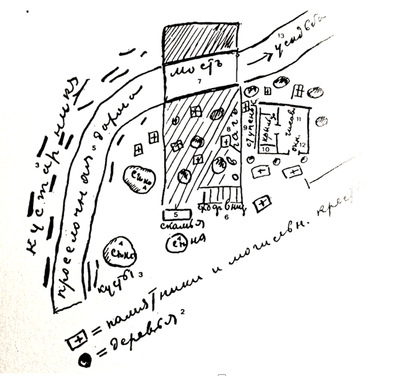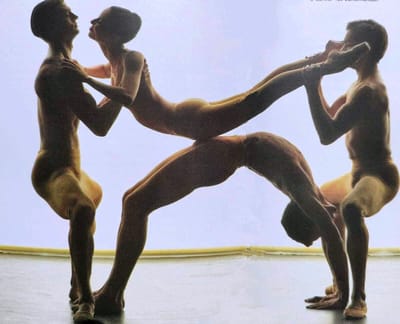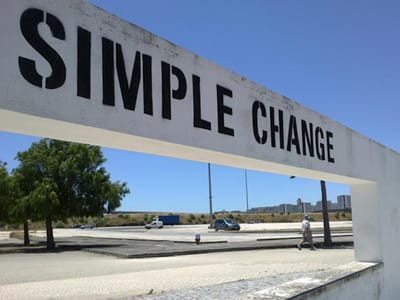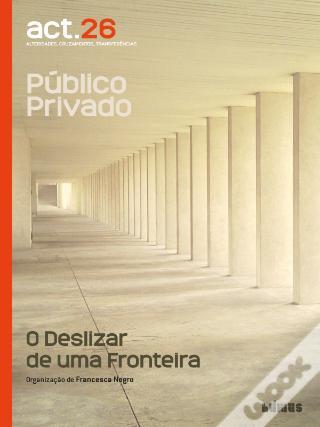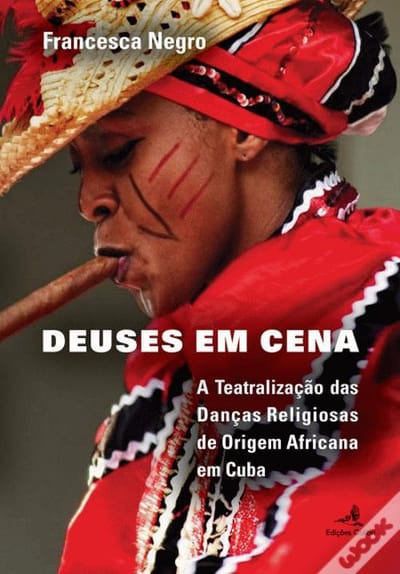Francesca Negro
POLISEMIA
SIGNS IN MOVEMENT
WHO IS SHE ?
I hold a Ph.D. and Post doc research background in Comparative Literature , with specific experience in Intermedia and Interart studies, which I currently teach at the University of Lisbon. I also hold a Master of Arts in Performing Arts and I am specialized in dance. My monograph on Afro-Cuban religious dances "Gods on Stage" will come out in January 2019, edited by Colibrí.
In the last years I collaborated with the project Modern Moves, studying the dynamics and interconnections of dance practices of African origin in the diaspora, focusing especially on Angolan, Brazilian and Goan dances and their socio-historical background, and analysing the influence of Contradance structure and dynamics in the development of dance forms of the African diaspora. I am associated researcher of the Centre for Comparative Studies, and Centre of Theatre Studies of the University of Lisbon, where I also teach Intercultural Communication.
I am a dancer, performer and choreographer, with a deep interest for the cognitive aspect of artistic activities and a professional specialization course in Dance movement therapy. Further details of my experience in dance, as well as informations on my scientific interests and academic production are described below and illustrated with images in the following pages.
Testimonial
LINKS
RESEARCH ON TUMBA FRANCESA: ideo of rehearsal of TUMBA FRANCESA CARIDAD DE ORIENTE;
DANCE YUBA https://www.youtube.com/watch?app=desktop&v=QmPG_huzZg4&themeRefresh=1
Dance MASON https://www.youtube.com/watch?v=VWsgtYAfV6U
CONTRADANZA https://www.youtube.com/watch?v=gXTEAdwbqeo
Performance: The Circle of Energy, London, 2016 https://www.youtube.com/watch?v=XR8cCzR8MxM
ANGOLA: A DANCE PORTRAIT: Francesca Negro and Antonio Bandeira at King's College London, June 2015 https://www.youtube.com/watch?v=mWigddbsY9g
Performance: Francesca Negro and Emmanuel Ajilore Angola's carnival craziness rhythms https://www.facebook.com/Banglarmeye.ajk/videos/10158675503185655/
Performance: Kizomba Paulo Cruz e Francesca Negro, Timone, SV https://www.youtube.com/watch?v=jGji9ZgFoXk
Performance at Eliades Ochoa concert in Lisbon: https://www.facebook.com/farida.acoob/videos/2523808447895055/UzpfSTcxMzQyMzgzNDoxMDE1OTQ0OTM1MDIzODgzNQ/
Dekhni Dance, London, 2018 https://www.facebook.com/modernmoveskcl/videos/1838299679566525/
Article: Solano Trindade’s Gift to Alvin Ailey: New Evidence from the Black Archives of Mid-America https://www.tandfonline.com/doi/full/10.1080/00064246.2019.1619118?scroll=top&needAccess=true
Article: Solano Trindade's Zumbi dos Palmares Malungo (English version with a critical introduction) https://tidsskrift.dk/bras/article/view/118027
Rumba class with Musicians - exercises https://www.facebook.com/2220460358196360/videos/2338024686307234/
Little extract of my paper for POPMOVES CONFERENCE- London November 2019 https://www.facebook.com/jonathan.skinner.566/videos/10158362410351002/?comment_id=10158372559526002&reply_comment_id=10158373558761002¬if_id=1574896535668507¬if_t=video_reply
Pampilhosa da serra trabalho com orquestra https://www.facebook.com/RaulReyes.musicalatina/videos/390797151521248/UzpfSTMzMjQzODI0MDY4MTc5ODo0MDk3MTI1OTI5NTQzNjI/
Ananya Kabir's talk at Minor cosmopolitanisms congress in Berlin 8/12/2018 accompanied by Francesca Negro and Yonel Castilla Serrano
https://www.facebook.com/Banglarmeye.ajk/videos/10161094440855655/?t=7
livro Público e privado. O deslizar de uma fronteira https://www.wook.pt/autor/francesca-negro/3568105
Igbadú, companhia de dança contemporânea Agadá https://www.facebook.com/search/str/igbadú/keywords_search?epa=SEARCH_BOX
ArtiCulture
When we pronounce the word Agriculture, we have clear in our mind that the product of agriculture is the result of an effort.There is a "Labor" that allows us to take the fruits from the natural soil. Art should be treated with the same respect and attention: art is part of the cultural products of human beings, which are the only creatures on this Earth able to produce actions just to represent their essence, their own feelings, their reasoning and existence. Art is the product of cultural contacts, negotiations, assimilations, contrasts. Art is not just material for museums. Art is first of all a way of thinking and feeling reality, and this specific attitude travels into alive physical bodies which are human beings. There is no point of preserving tangible and intangible products if we don't value, first of all, the specificities of the living human cultures and if we don't recognize how precious is the contribution they offer with their competence, if we don't preserve the situations, conditions and human exchanges that allow the development of artistic production, if we don't allow children to see themselves freely, as unique interpreters of their own reality, if we don't give sense to artistic thought and manufacture. If not, we'll be improving only the reproduction of mainstream art products, copies of copies with no inner message. Producing Art is not exposing more and more baroque deus-ex-maquina surprising effect to shock a public. Art is far more than that. Art is working daily to create a specific technique of doing something, passing it to sons and grandsons, to the children around, to the elders around.. is finding a way to describe the community into the community and for the community. It's getting a way to laugh to fight the tears... and with it, creating such a powerful expression that even somebody who is out of the code can be captured by it, and moved, even if he's not understanding it's symbolic code. Studying art as a symbol of interactions and social evolution is treating art as something we cultivate, and not that we just find somewhere pre-prepared, that we grasp or buy. ArtiCulture means going towards life with an artistic attitude, and recognize in life its artistic value, in the complexity of all the dynamics involved. May we all be able to nourish our artistic vision of life daily, and make grow, on its soil, the fruits of our creativity. An artist is not a specific kind of human being, but any human being is a specific kind of artist.
La Bohème
Che gelida manina
Chi son? Sono un poeta. Che cosa faccio? Scrivo. E come vivo? Vivo. [...] Or che mi conoscete, parlate voi, deh! Parlate. Chi siete? Vi piaccia dir! (Who am I? I am a poet. What do I do? I write. And how do I live? I live. [...] Now that you know all about me, you tell me who you are. Please do!)
Blog
The Ugandan orphans stole headlines after performing on Britain’s Got Talent - but have been an internet sensation for years.
Read MoreThe Camões Prize is the most important award for Portuguese literature, and Paulina Chiziane is the first African woman to receive it.
Read MoreZumbi dos Palamares Malungo is a unique example in Brazilian literature, being the first musical play dedicated to the Afro-Brazilian hero Zumbi, governor of quilombo dos Palmares. The play has an intrinsic memorial value, as it recalls the fight for the liberation from slavery in the country, a long-silenced chapter of Brazilian history. Merging memories and historical facts with ritual elements coming from Yoruba religion, the play – unpublished and never represented – is a multicultural archive of transculturation in Brazil, denouncing the perversity of the colonial system in a sublimated representation while promoting values of peaceful coexistence.
Read MoreFrom the volume Via Atlântica. v. 1 n. 41 (2022): Margens do Atlântico em Português v. 1 n. 41 (2022): Margens do Atlântico em Português
Read MoreIntrodução do livro: Francesca Negro (ed) Público e privado: o deslizar de uma fronteira. Lisboa Húmus 2011. Para comprar o volume visitem: https://www.wook.pt/livro/publico-privado-francesca-negro/17224520
Read MoreCap 1 do Livro: Francesca Negro, Deuses em cena. A teatralização das danças religiosas de origem africana em Cuba. Lisboa: Colibri, 2019.
Read MoreInformations
To buy my books or articles use the link provided or send an email to :
Para a compra dos livros verifiquem os link indicados ou enviem um e-mail para:
francescanegro@gmail.com
